PANGASINAN, May 22, 2023 – To identify points for gender mainstreaming, and map out development theories anchored to the program implementation, the Department of Agriculture – Special Area for Agricultural Development (DA-SAAD) Program Phase 2 gathered an initial batch of its development workers to undergo introductory training on gender and development (GAD) and social development.
The activity titled Basics of Social Development and Gender and Development Introductory training hopes to raise awareness and reinforce gender sensitivity at the organizational level and add a gender-sensitive consciousness, an inclusive and responsive lens in reading poverty conditions in the covered areas of the program and identifying factors to help alleviate poverty. Additionally, lectures were designed to heighten the awareness of SAAD officers to appreciate the roots of SAAD theories and concepts behind its components.
The first batch consists of staff from the National Program Management Office (NPMO), Bureau of Fisheries and Aquatic Resources (BFAR) National Program Management Support Office (NPMSO), and BFAR Regional Program Management Support Offices (RPMSOs) in the Luzon cluster. In addition, DA Undersecretary for Administration Finance, Personnel Division, GAD and Gender Equality and Social Inclusion (GESI) Office, and Agriculture and Fisheries Information Division (AFID) representatives likewise joined the activity as learners.
The training ran from May 8 to 12 in Alaminos, Pangasinan (RFO 1), comprising workshops and lectures on principles of sex and gender, sexual orientation, gender identity, and gender expression (SOGIE), Gender Roles, emerging understanding of the field, and injecting appropriate concepts in the program implementation of SAAD. The training also introduced the learners to the tools for proper GAD attribution and measuring the responsiveness of the program policies to gender and development among the rural agricultural sector that it serves.
Department of Social Welfare and Development (DSWD) Planning Officer and Philippine Commission on Women (PCW) accredited National GAD Resource Pool member Ms. Norilyn Q. Rivera with EnP. Jennifer Joy M. Dumaraos, Planning Officer III, Research and Evaluation Division, Policy Development and Planning Bureau (PDPB) of the DSWD discussed the basic concepts of GAD and key issues related to gender roles in society, and the essential tools and capacity to include GAD viewpoints in social protection programs such as SAAD.
The participants, although all SAAD staffer differ in line of work – from operations and planning, information and communication, administrative and personnel work – emanate diverse insights during the entire conduct of the training.
In the course of the entire training, learners were tasked with different activities to collectively and collaboratively discuss and explore gender and development principles in the socialization processes and avenues or institutions in the community.
BFAR NPMSO Monitoring and Evaluation Officer, Ms. Khayce Contreras expressed her realizations about gender role discrepancies, especially in actuality how women were seen in the sector.
“In the Fisheries sector, man labor in the fisheries sector has always been given recognition since the sector is labor-intensive, and often women’s participation is being disregarded. My realization is that the ability of women to be a part of or be a leader of an organization should also be assessed. And if there is a woman in the organization, it should also be assessed if her role as a parent is not affected and her children are not neglected. Additionally, since agriculture and fishery activities are often managed as a family it should also be assessed too if the children do not neglect their studies,” Ms. Khayce shared in a post-training interview.
Highlight of the weeklong activity is the introduction of GAD Checklist for agricultural projects to assess gender responsiveness of SAAD Phase 1 policies called the Harmonized Gender and Development Guidelines (HGDG) tools. Further, “attribution” – a buzzword on implementation monitoring reports – was discussed including the right process of enumerations that reflect the utilization of budget with regard to the GAD budget policy.
“Gender mainstreaming is not embedded and therefore was not highlighted in the program policies. In the training, it was emphasized that merely giving economic aid is not enough and thus automatically contributes to the overall development of the beneficiaries and their communities. There are vital factors that need to be considered especially concerning social welfare and the present condition of both external and personal capabilities of the target beneficiaries. It is about time to ensure gender mainstreaming in all government programs,” current NPMO Marketing and Enterprise Development Sub-unit Head, Ms. Ashley Apigo shared.
In terms of the information and communication, Ms. Jessa Mae Gabon, the current NPMO Public Relation and Development Communication Unit Head shared how perspective and tools in gender responsiveness are most of the time overlooked as poverty and other development program’s foundation is technically non-gendered. “These kinds of capacity building should be a regular activity for development workers to continuously expand their perspectives on poverty and development in the country. For the PRDC unit, principles of gender, agriculture, poverty, and development go hand-in-hand to carefully craft, document, and forward empowerment in development projects.”
Moreover, the training did not merely raise awareness about the jargon of Gender and Development and existing policies, it also gave the SAAD implementers a gender perspective and a new outlook on how it can converge with the agricultural development scene everyone is currently engaged in.###
Writers: Kathleen Faye Agonoy, Jessamae Gabon, Allanes Bagoso, DA-SAAD NPMO Information Officers

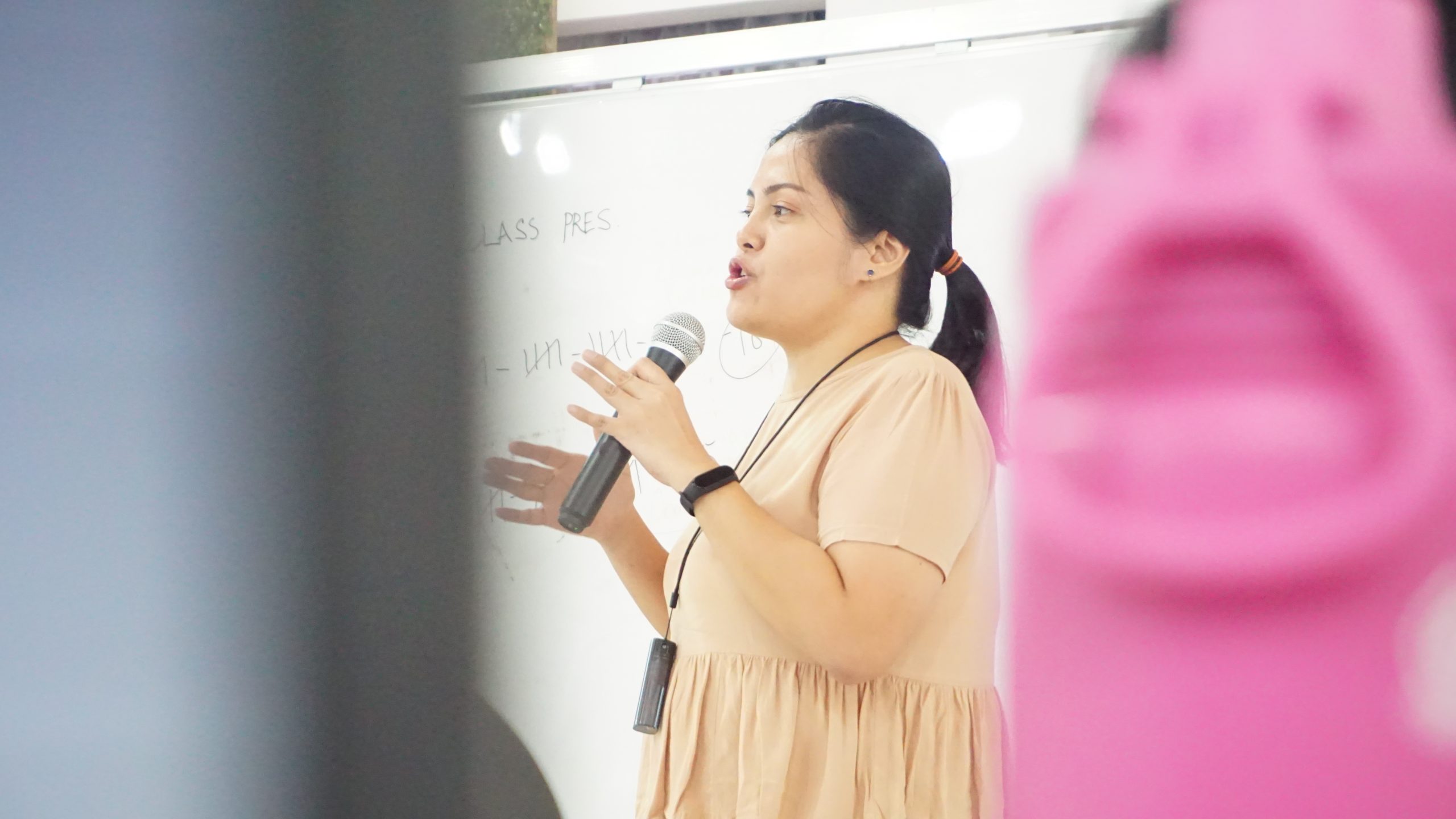
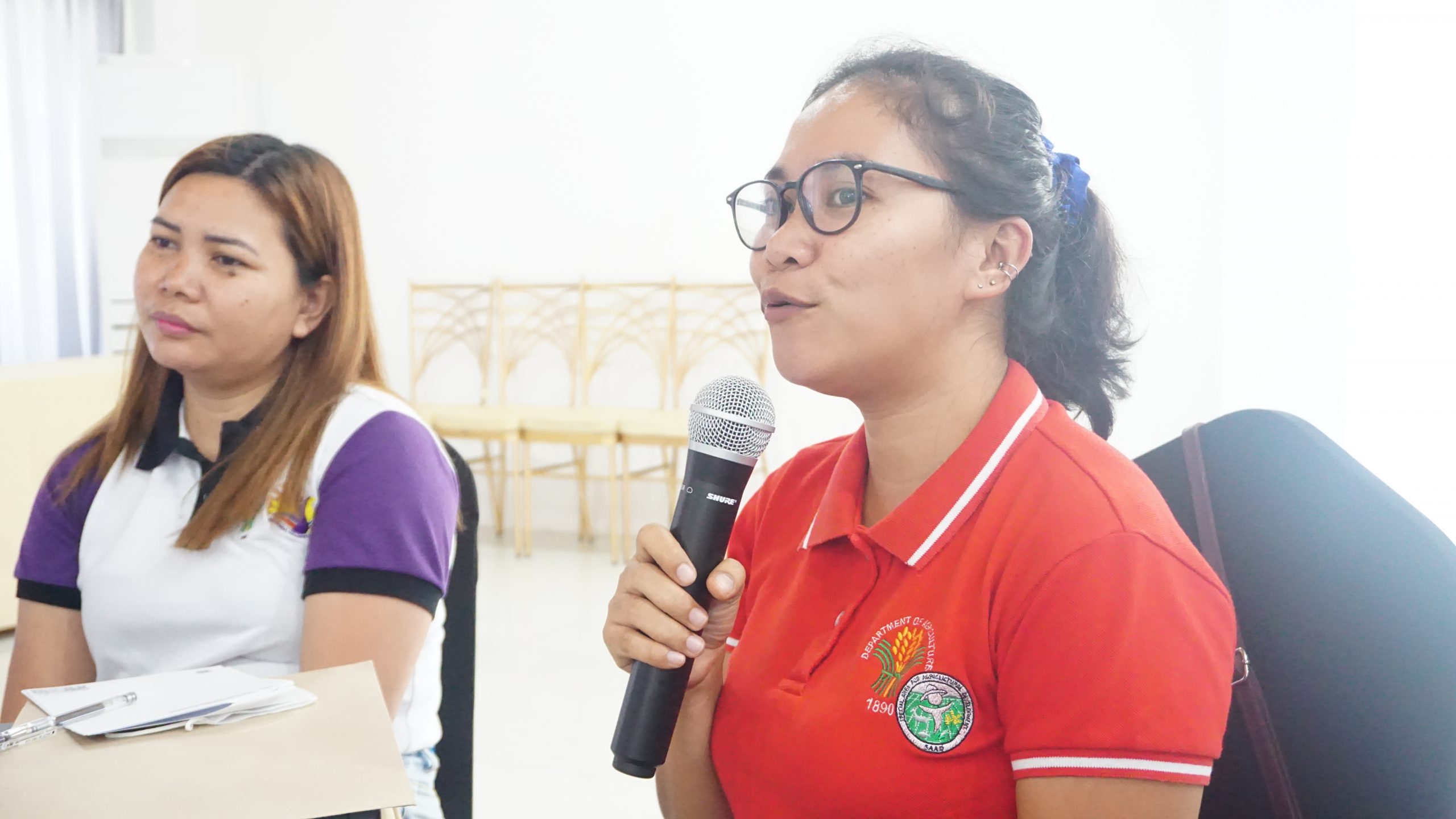

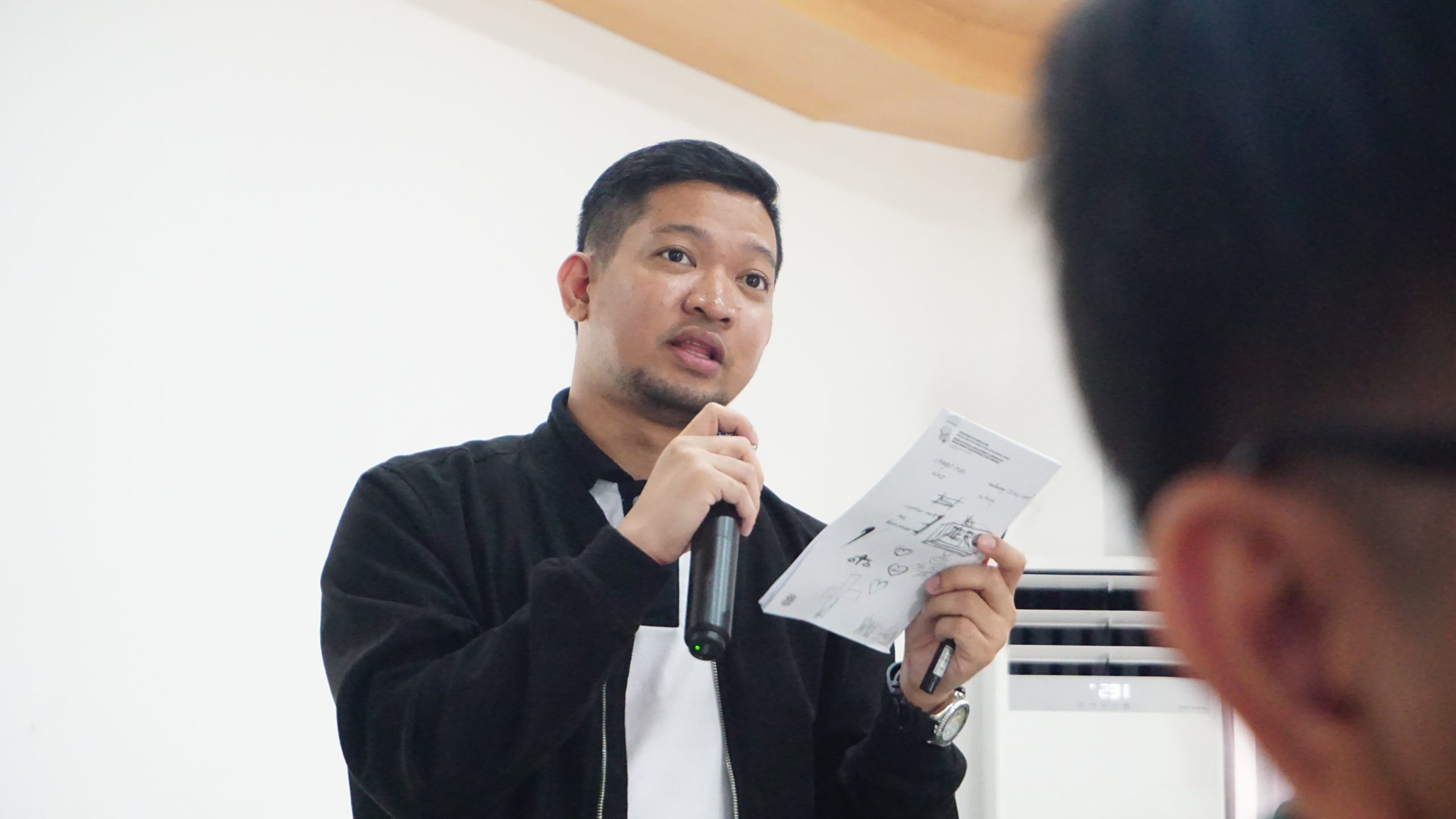
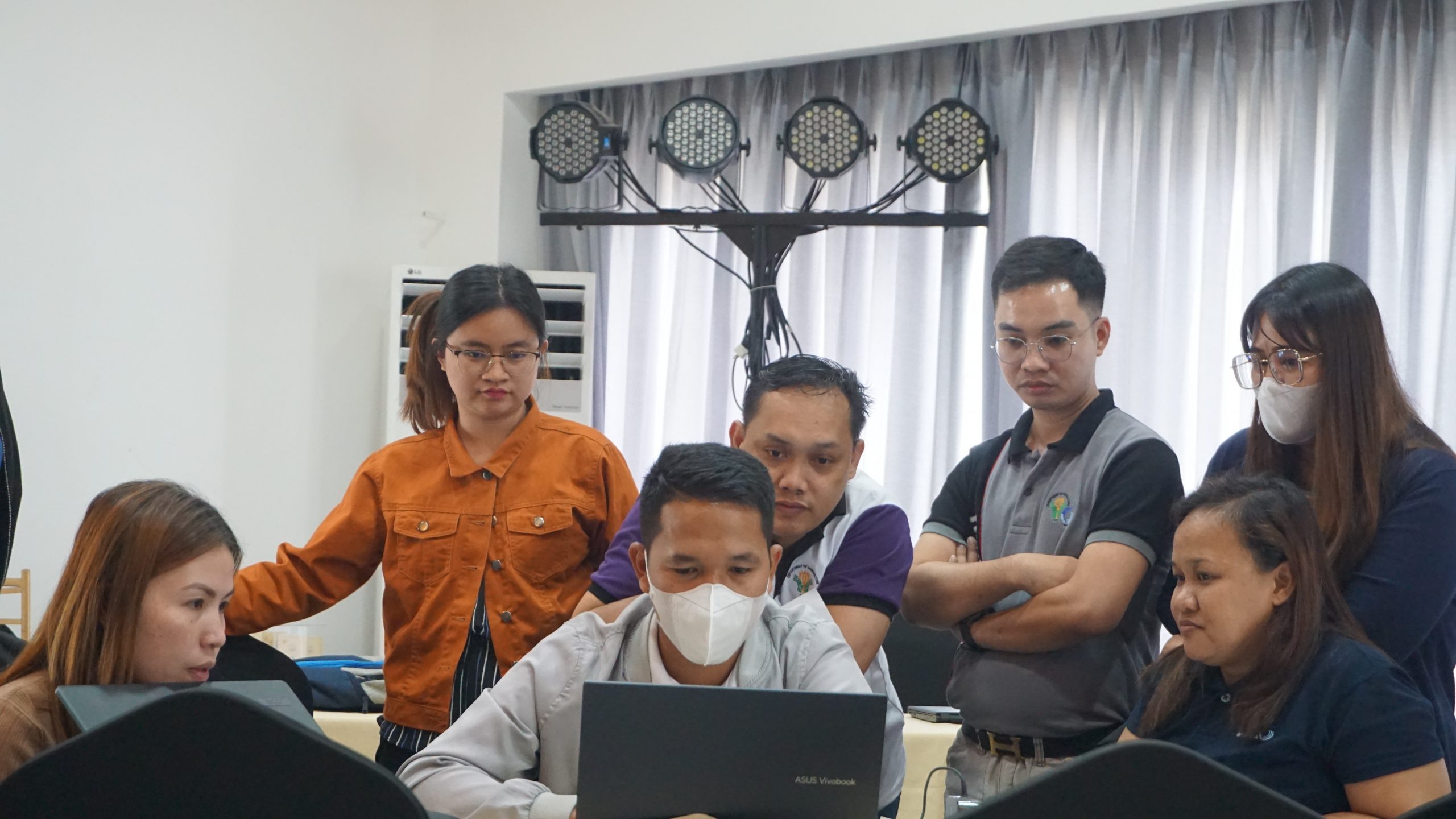
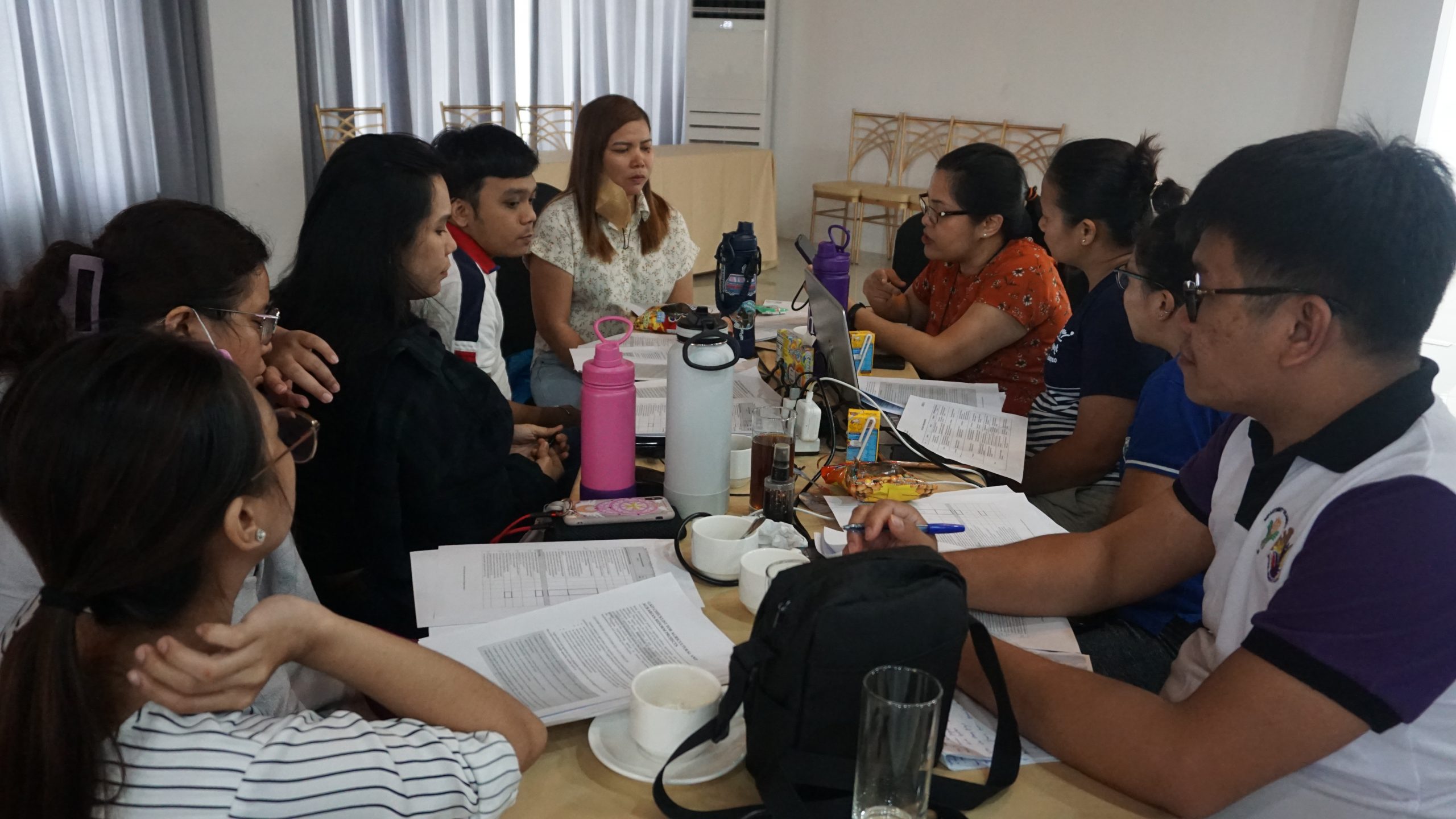
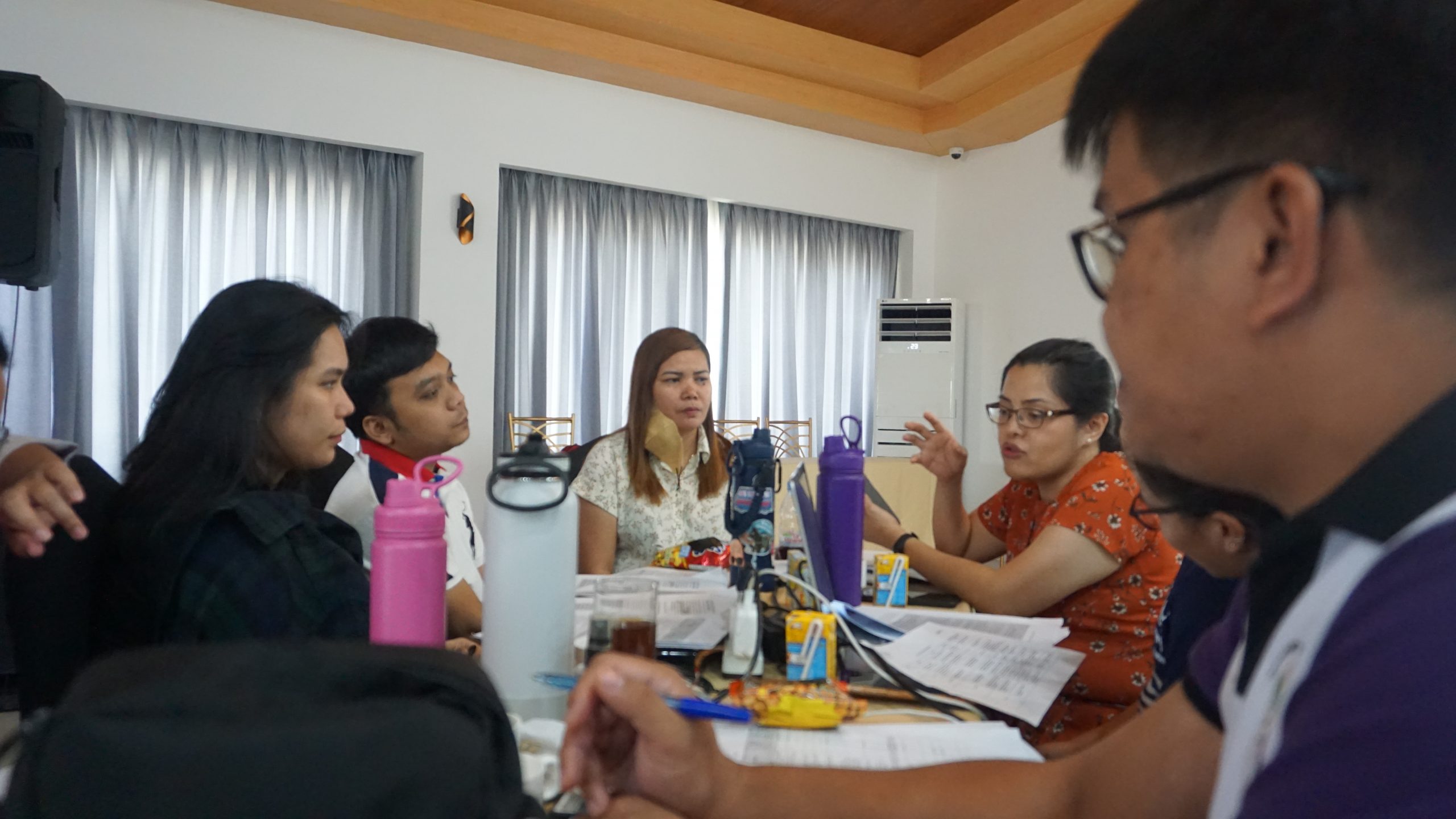
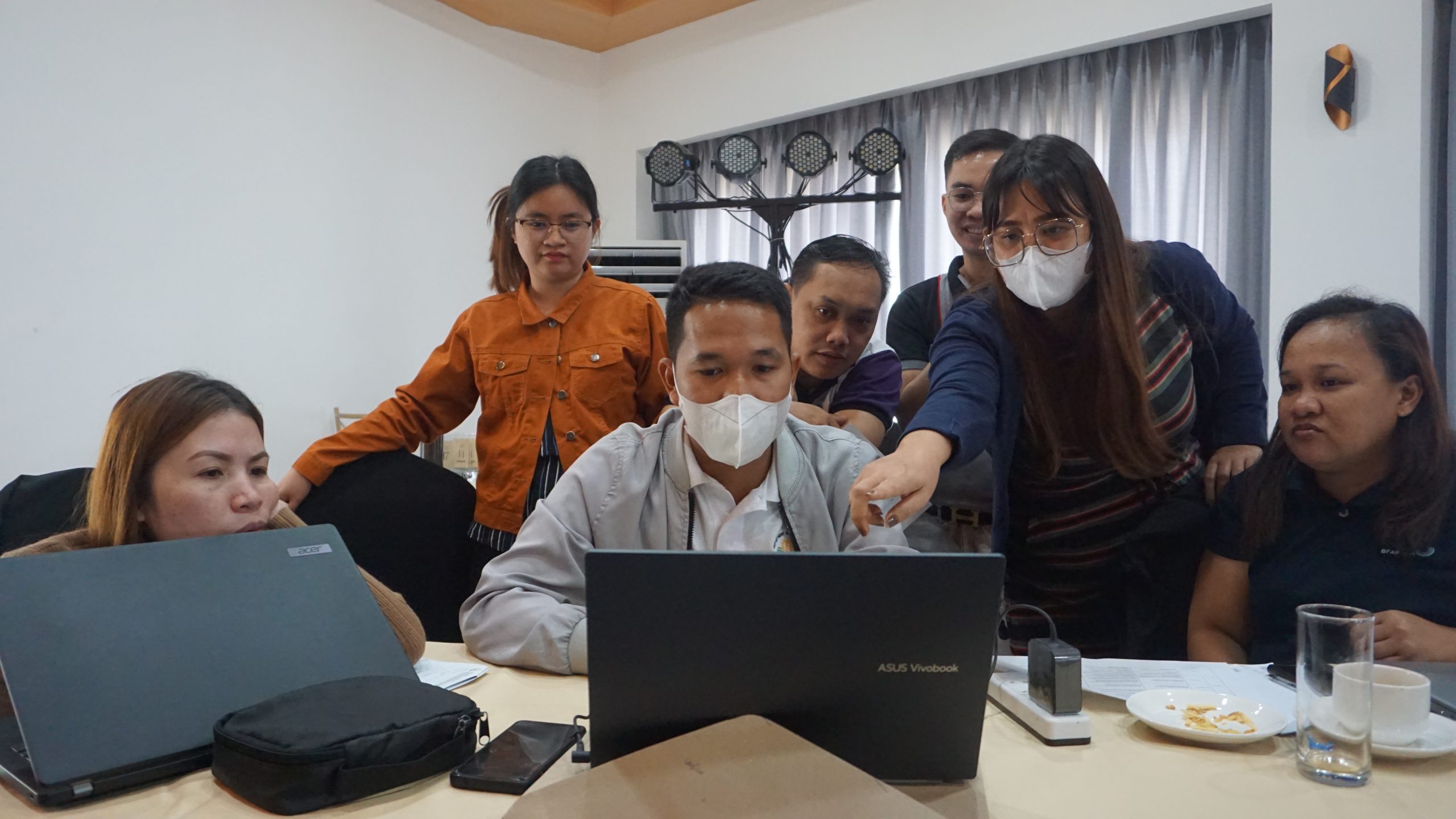
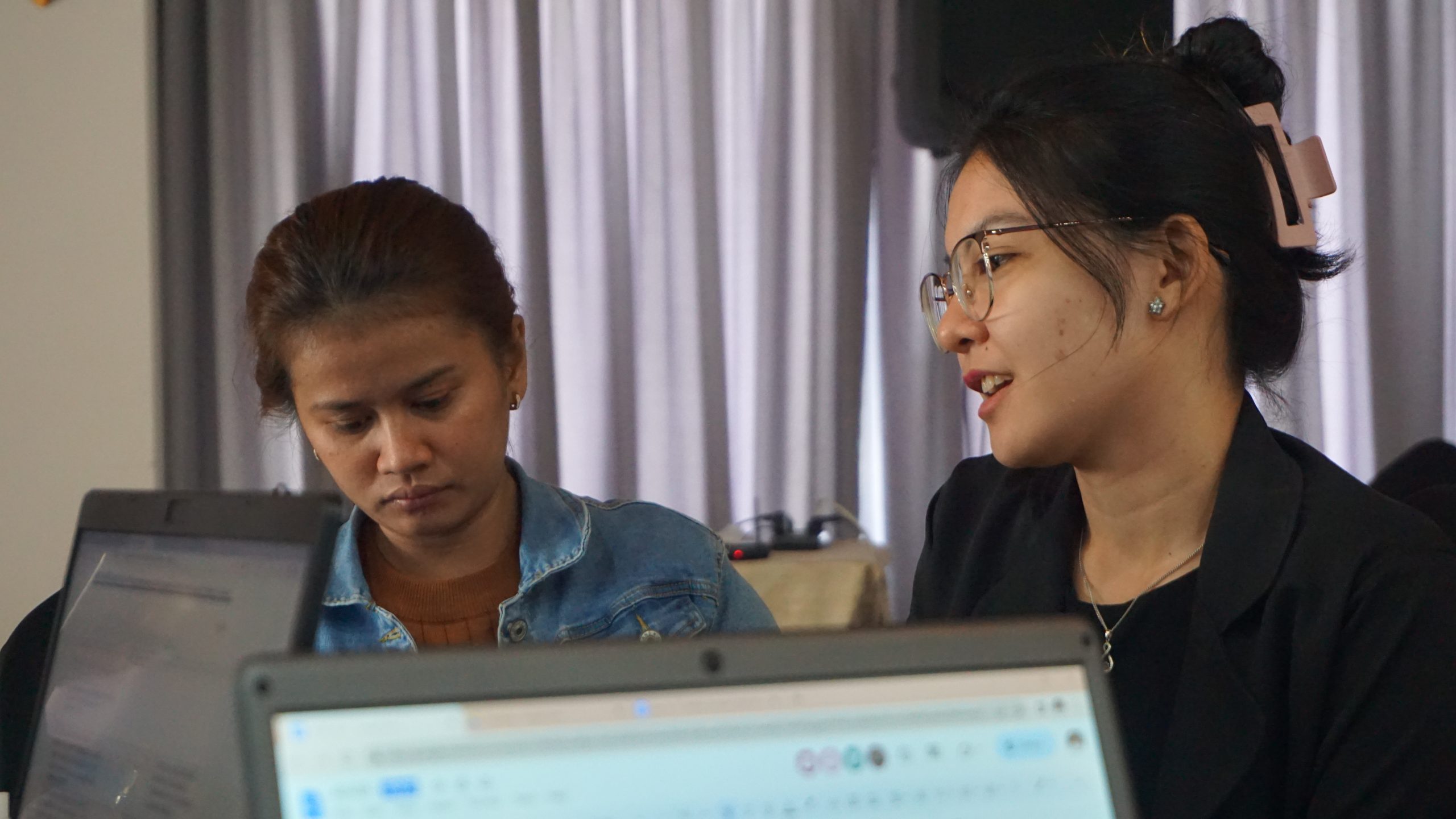
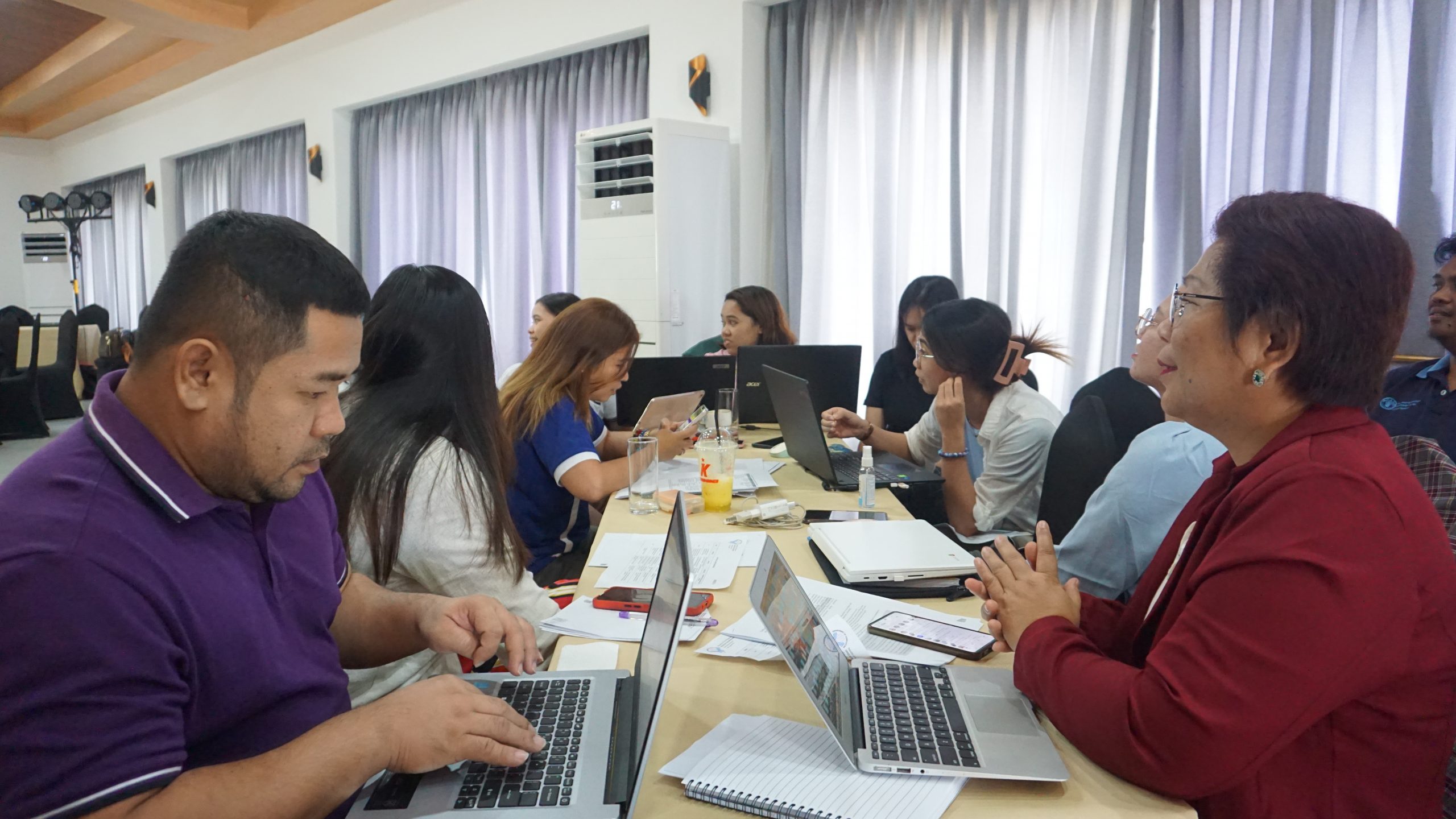
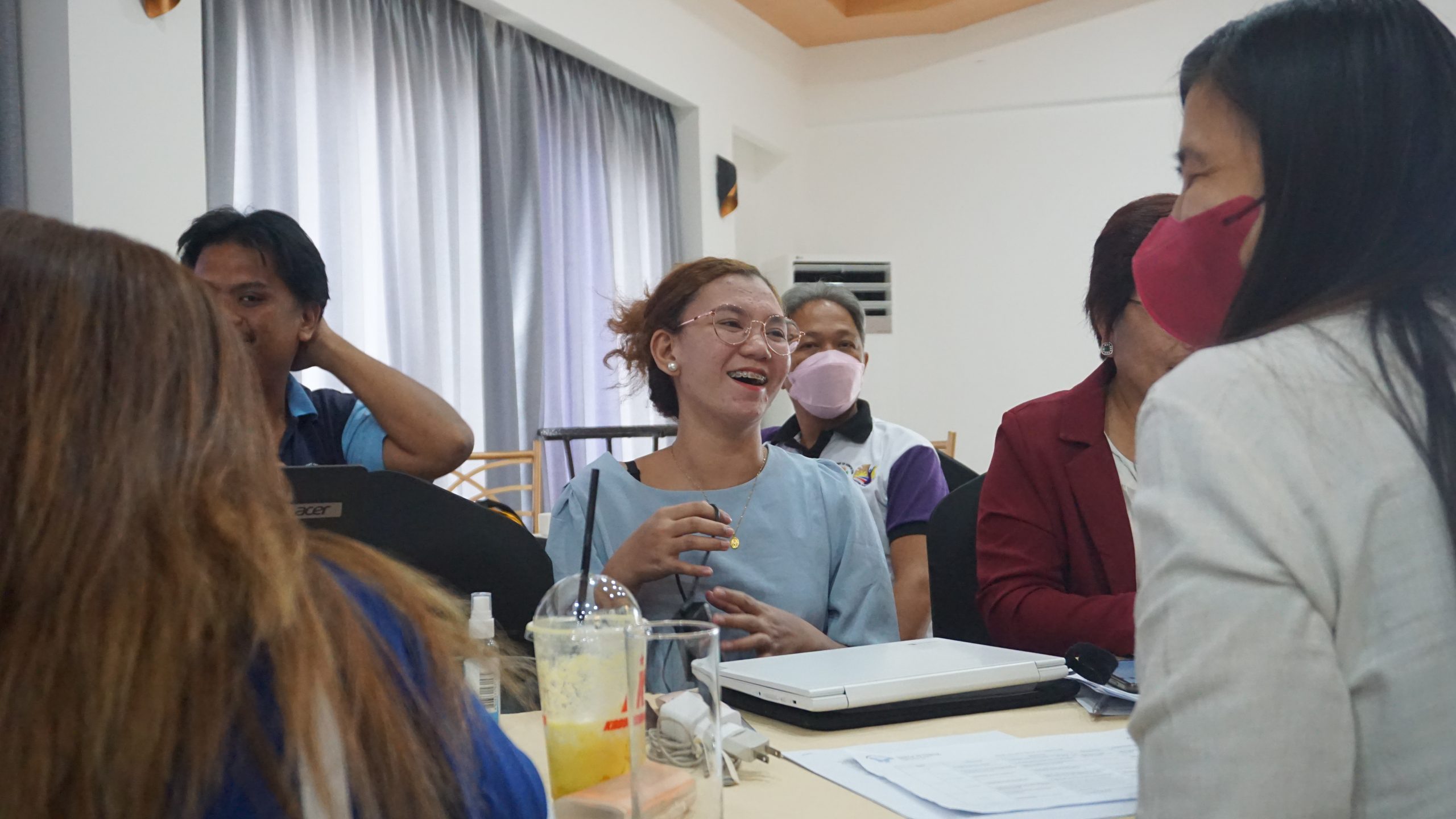
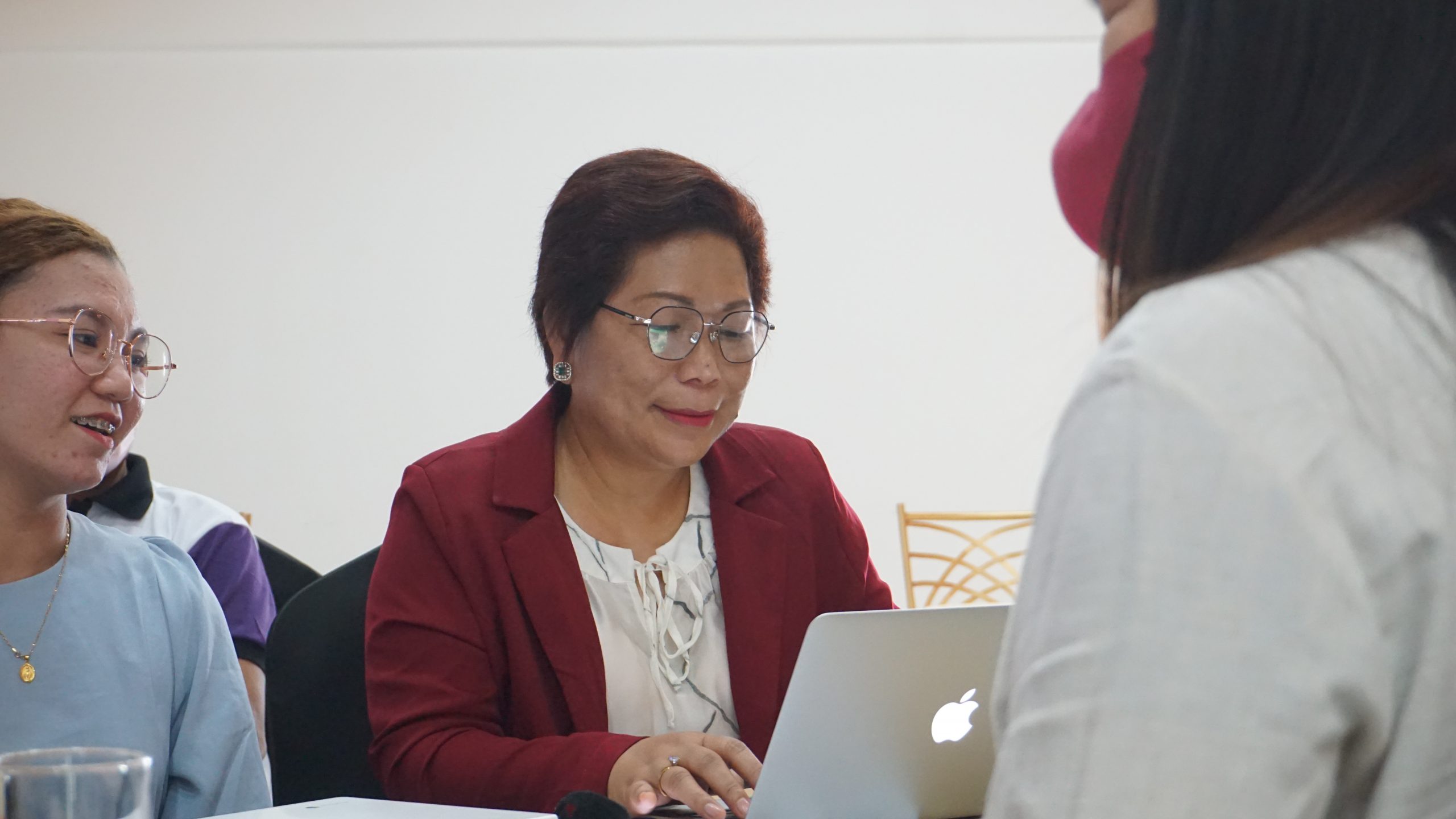
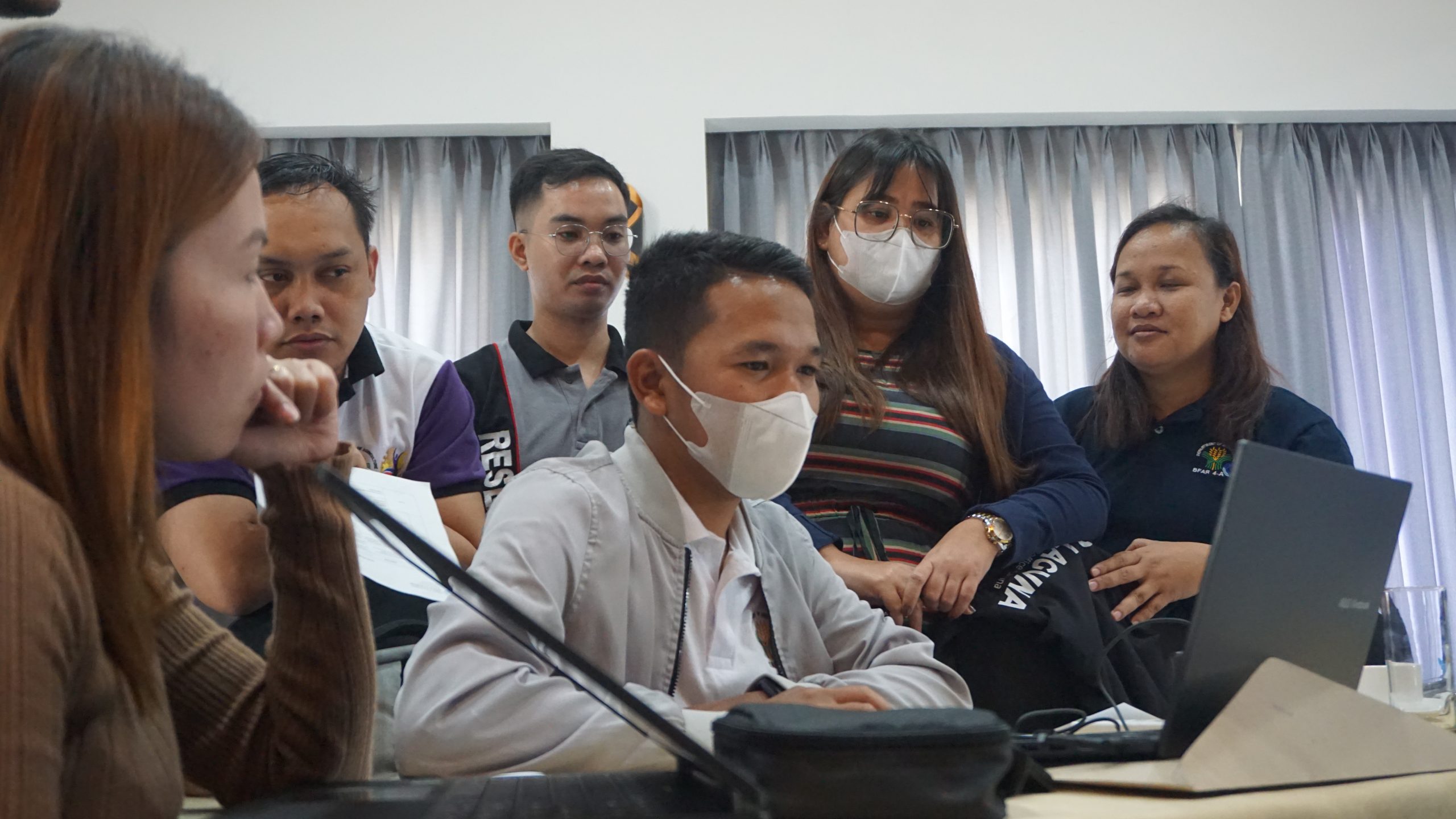

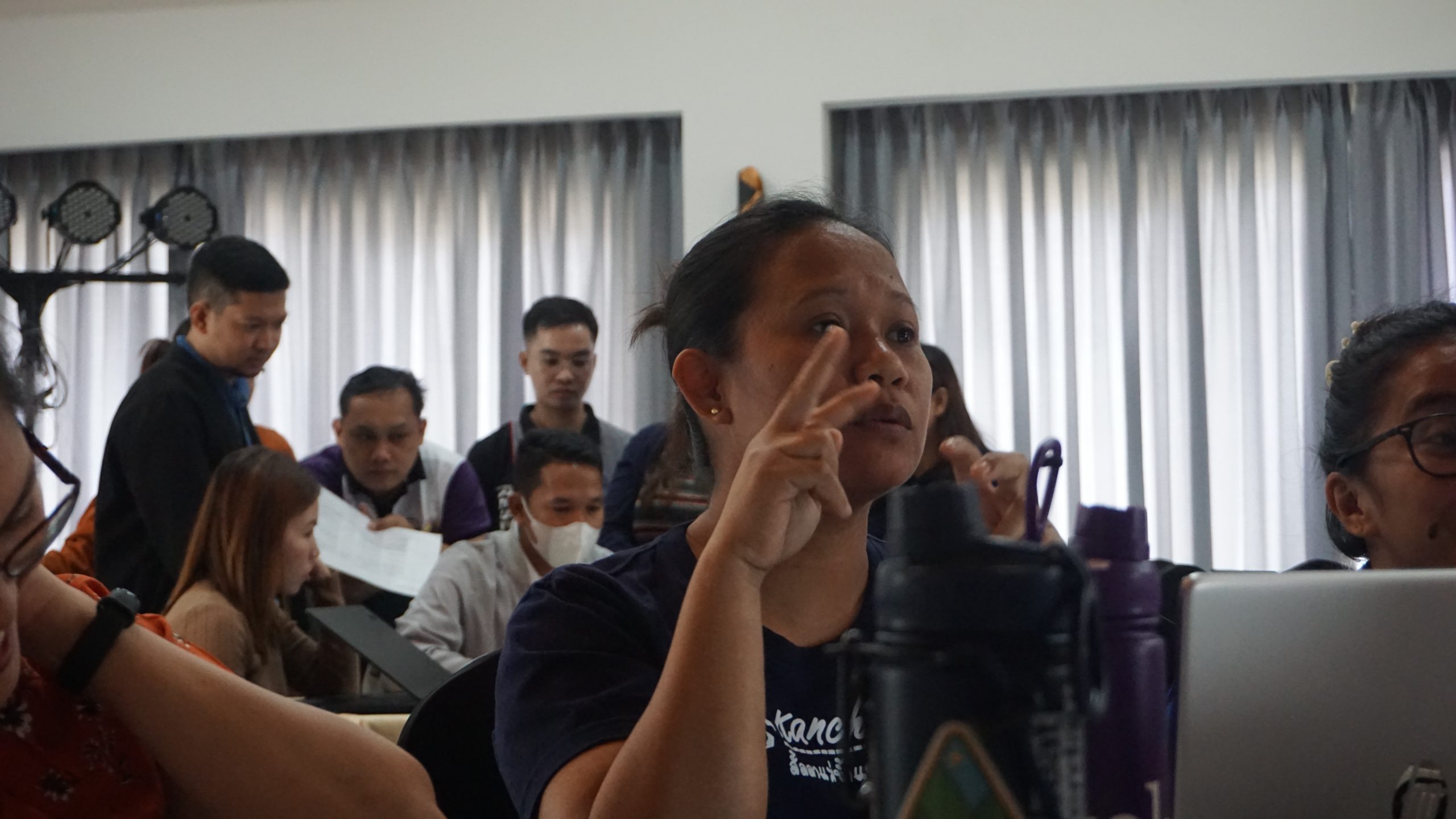
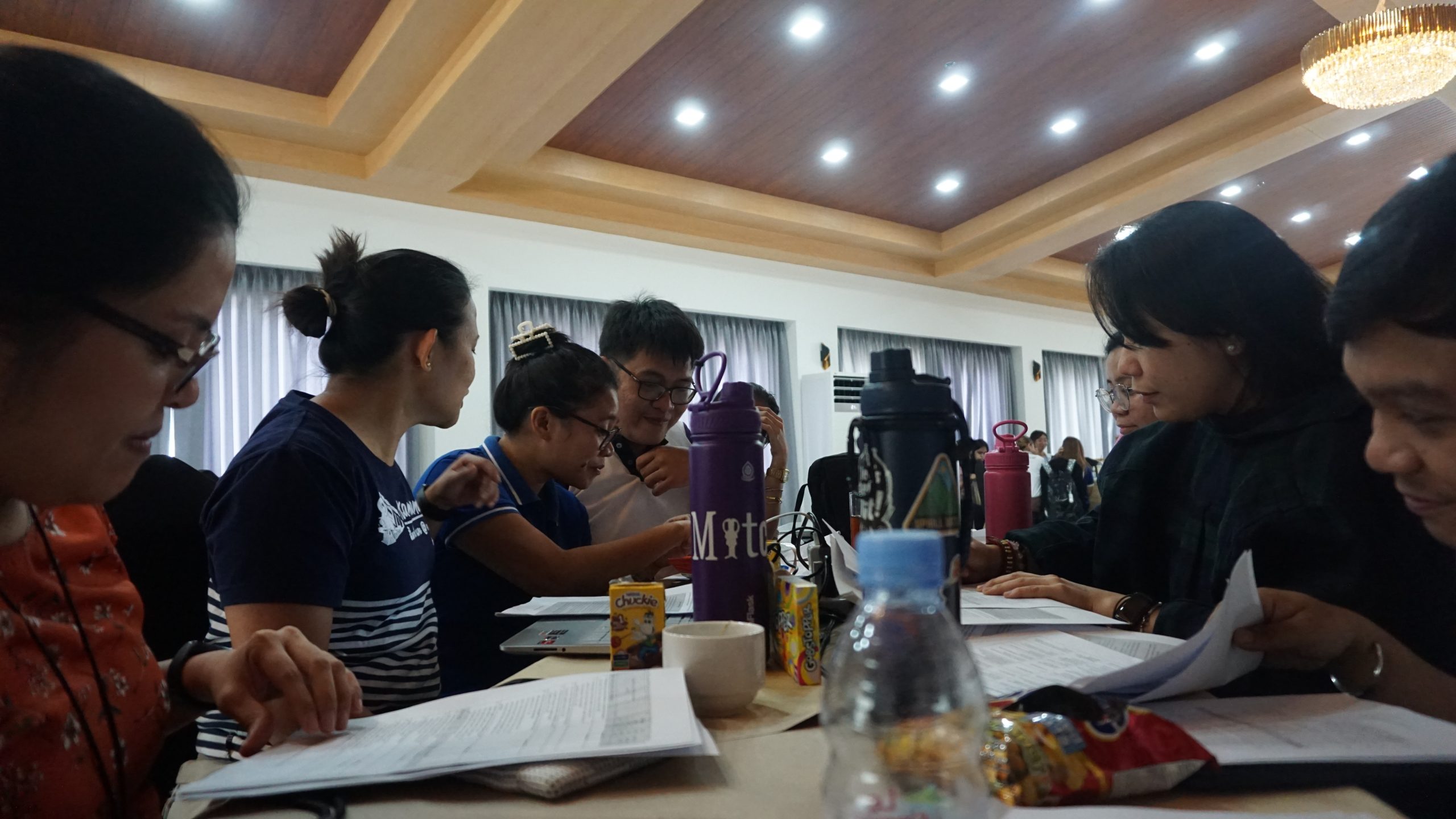
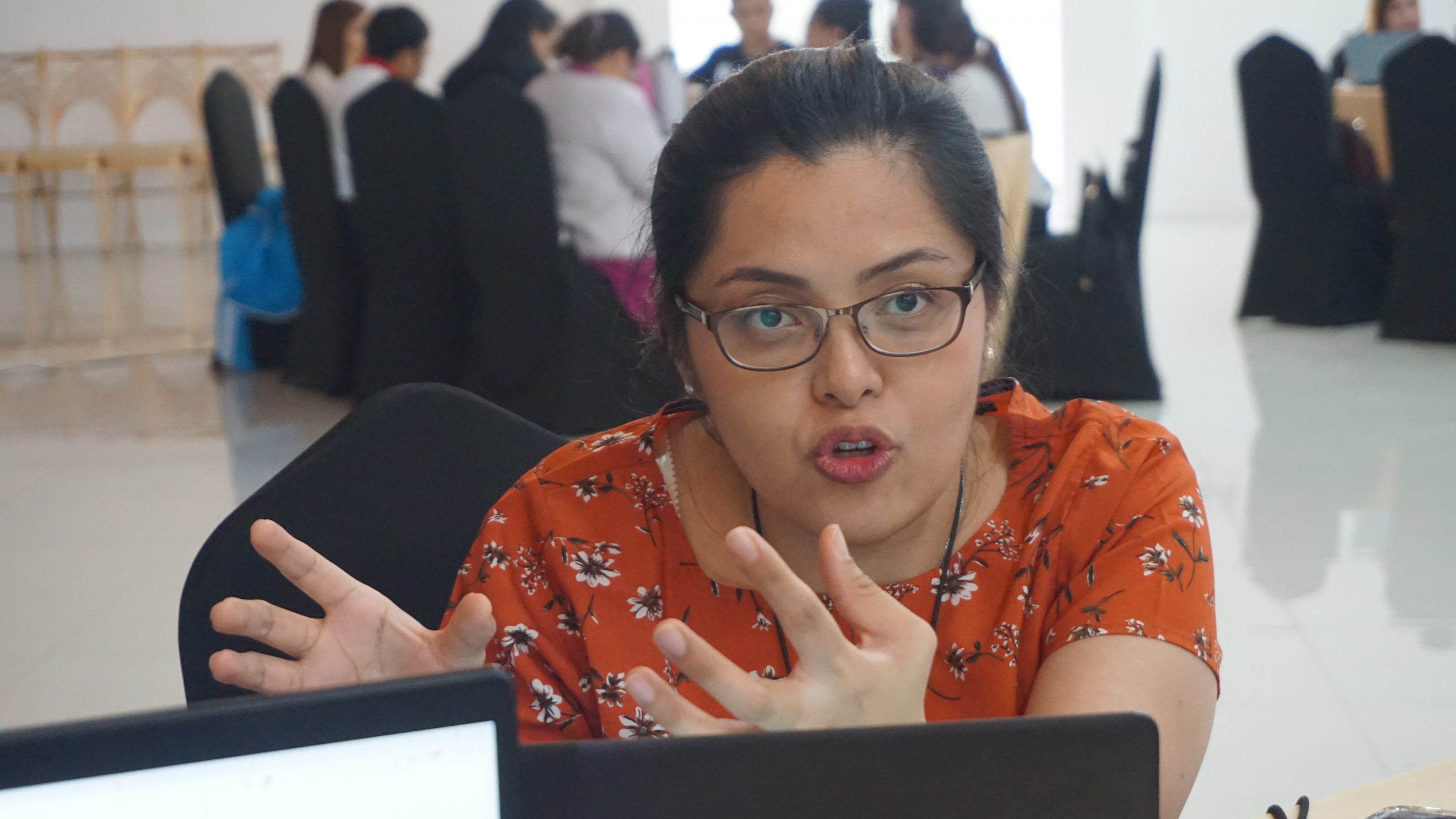
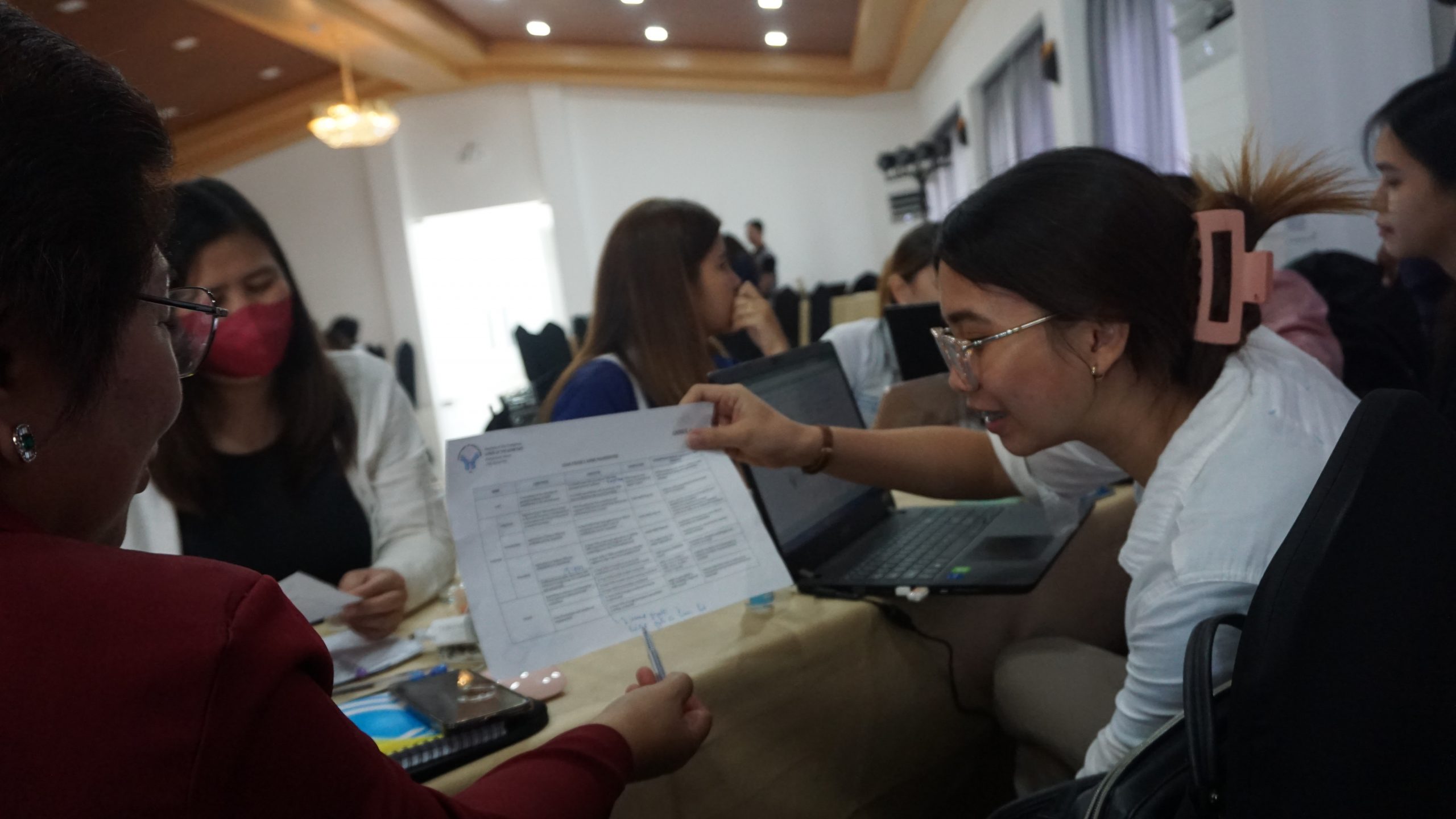
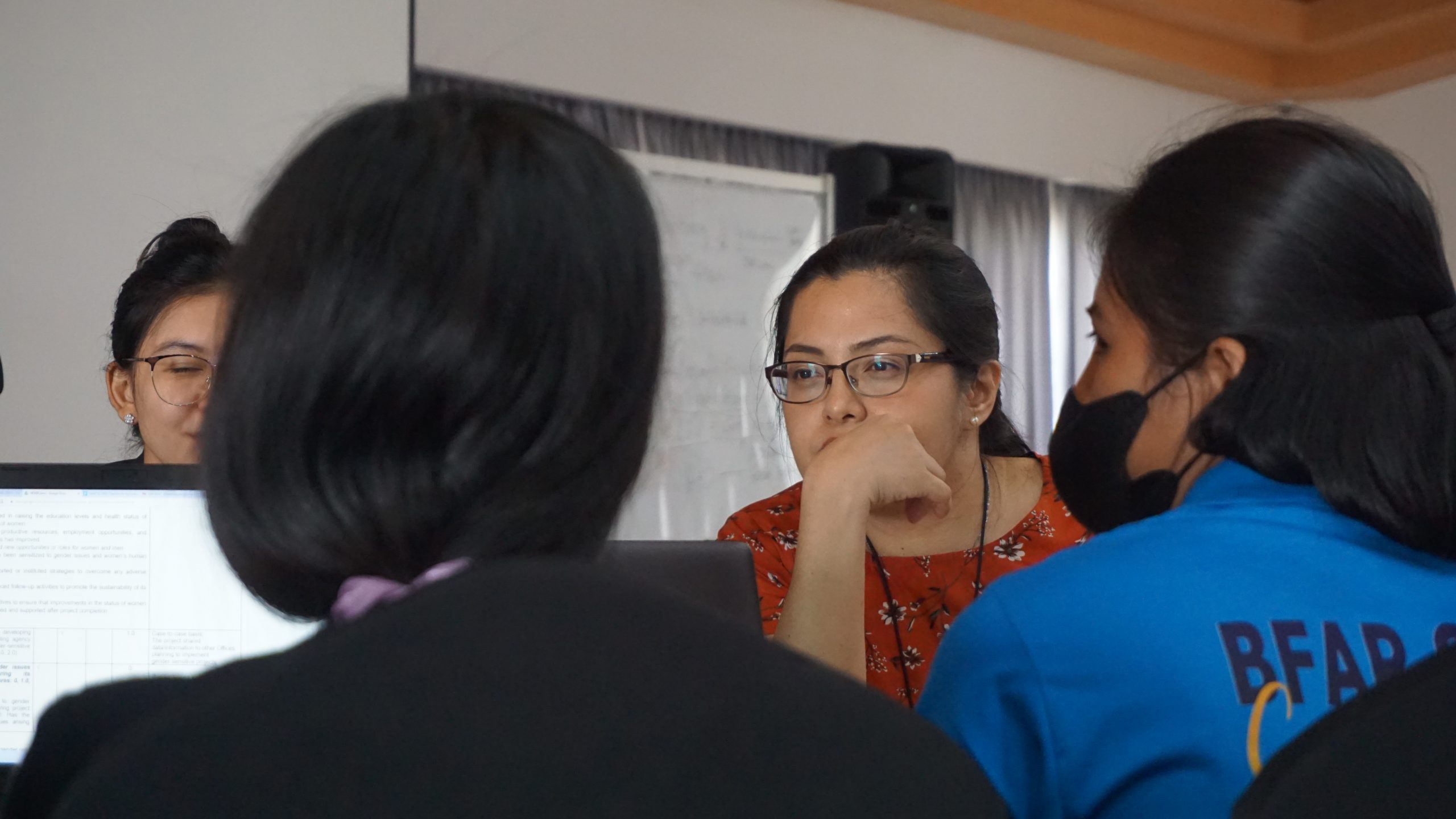
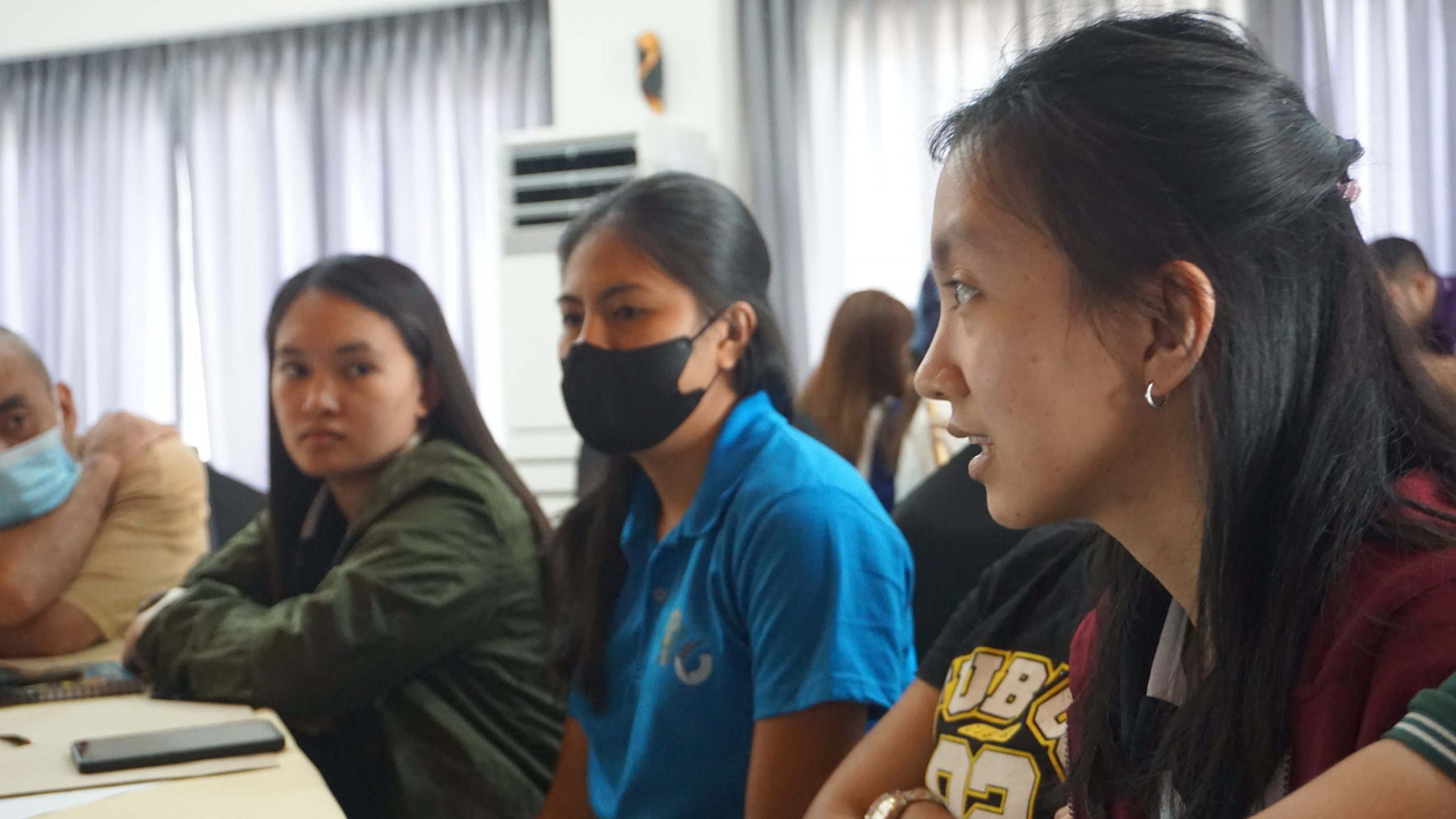
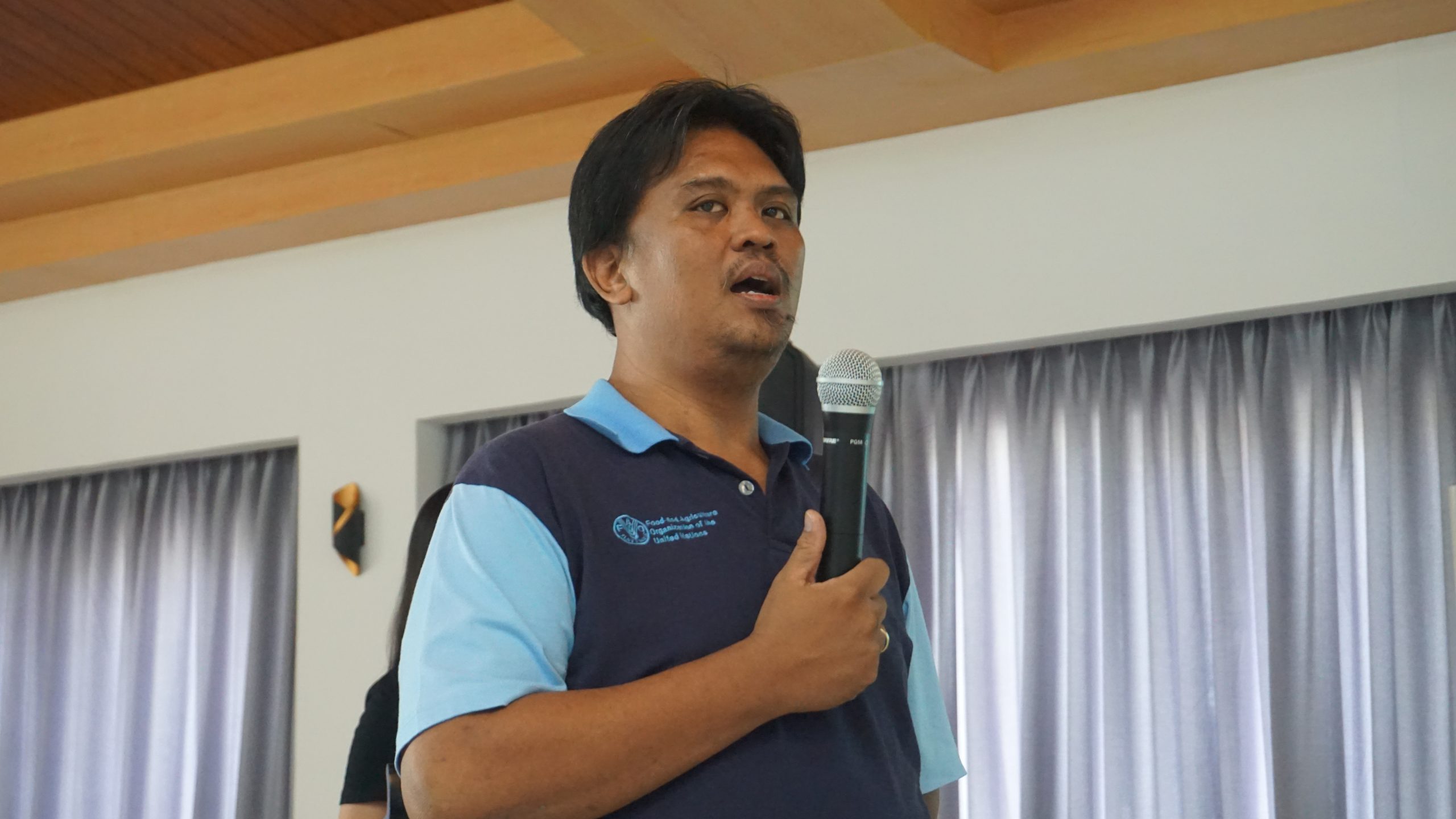
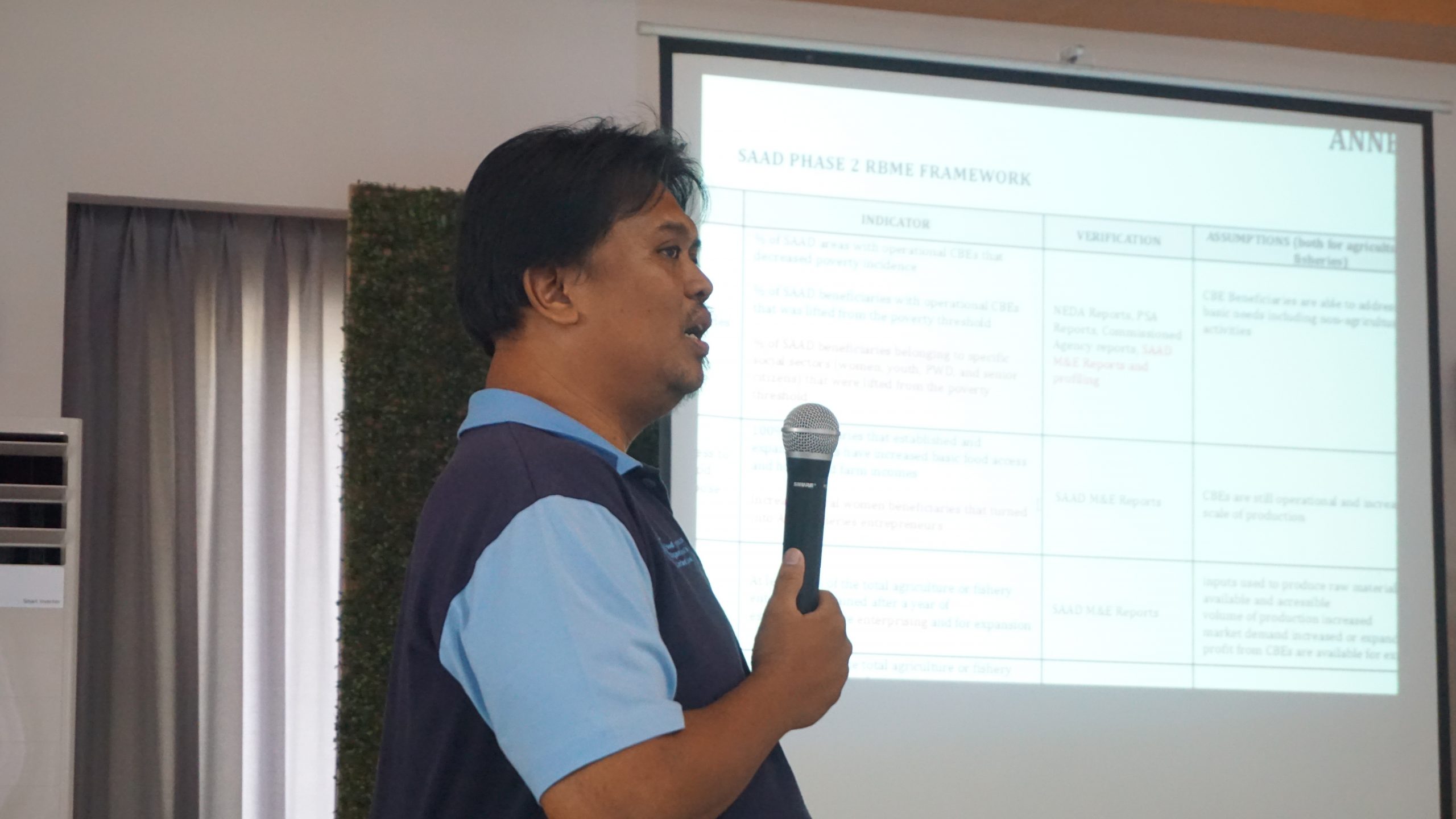
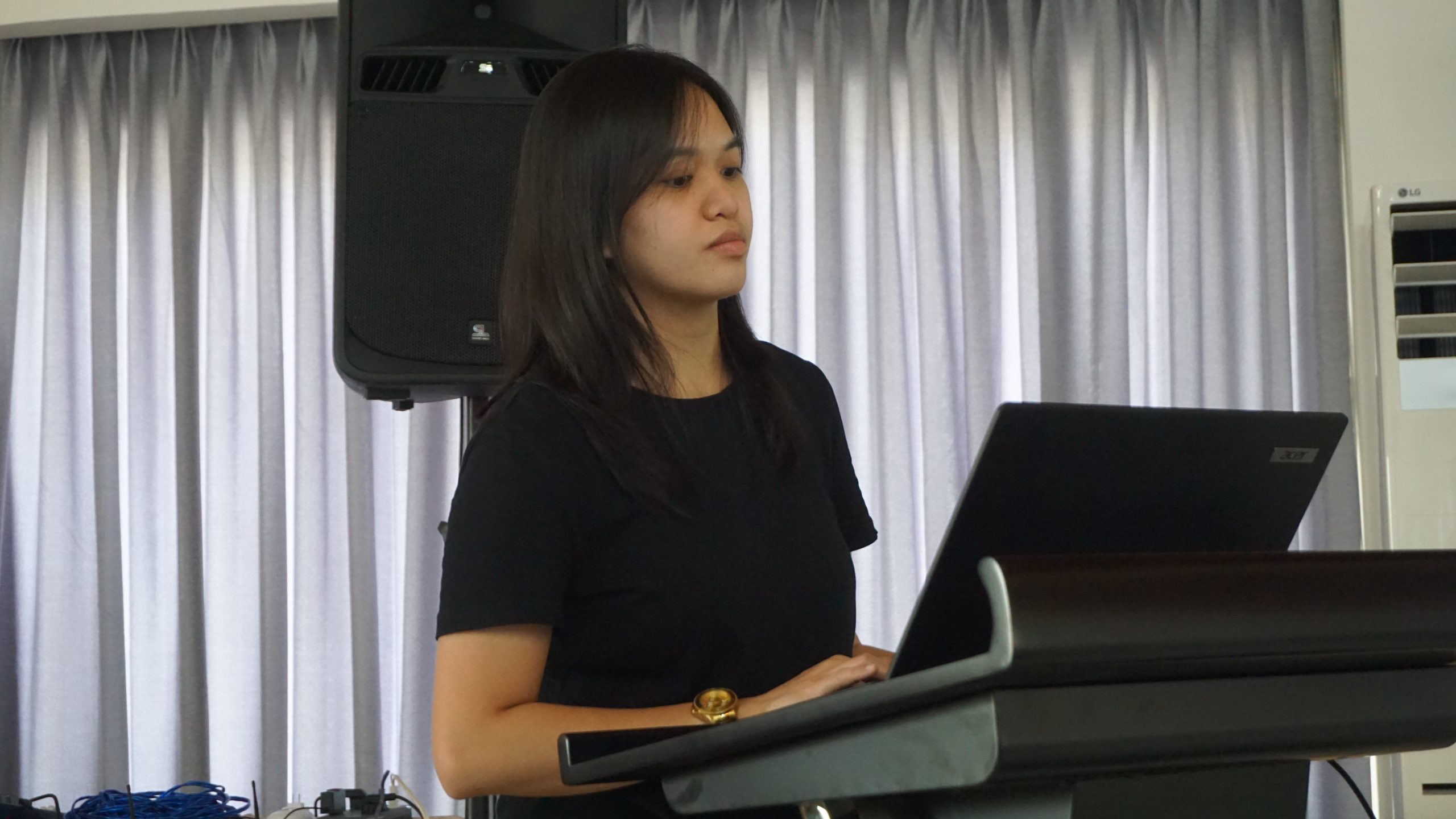
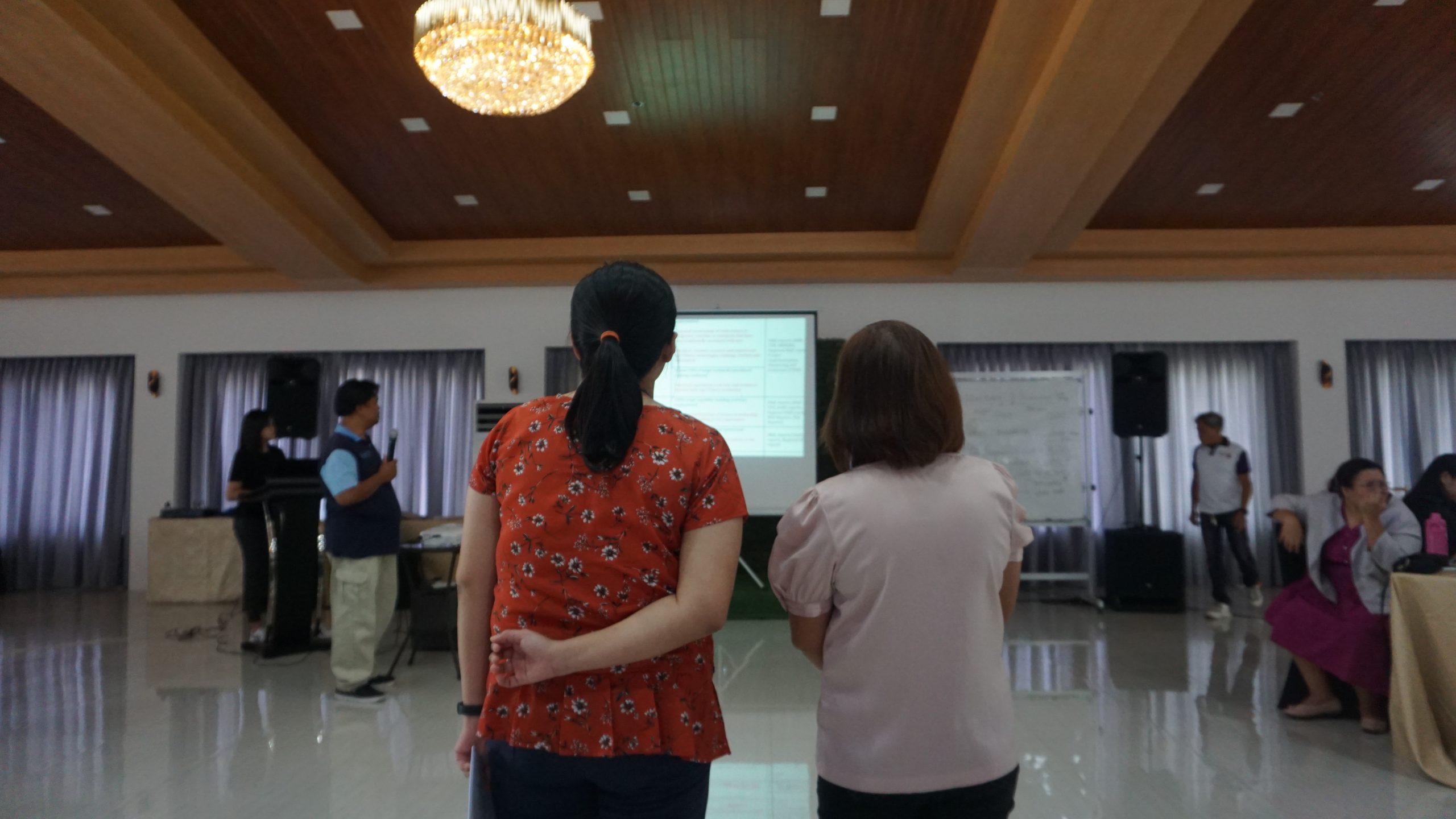
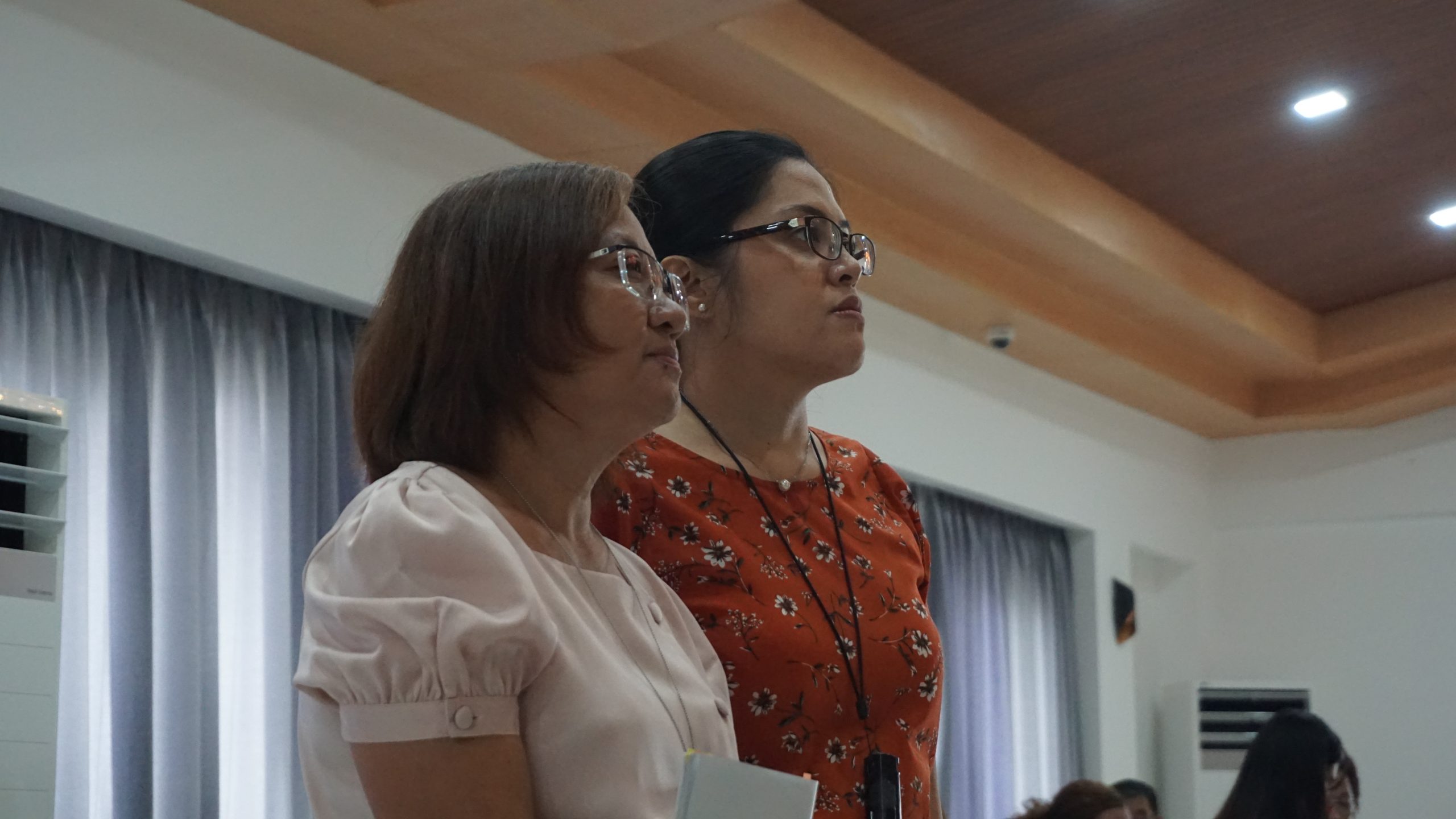
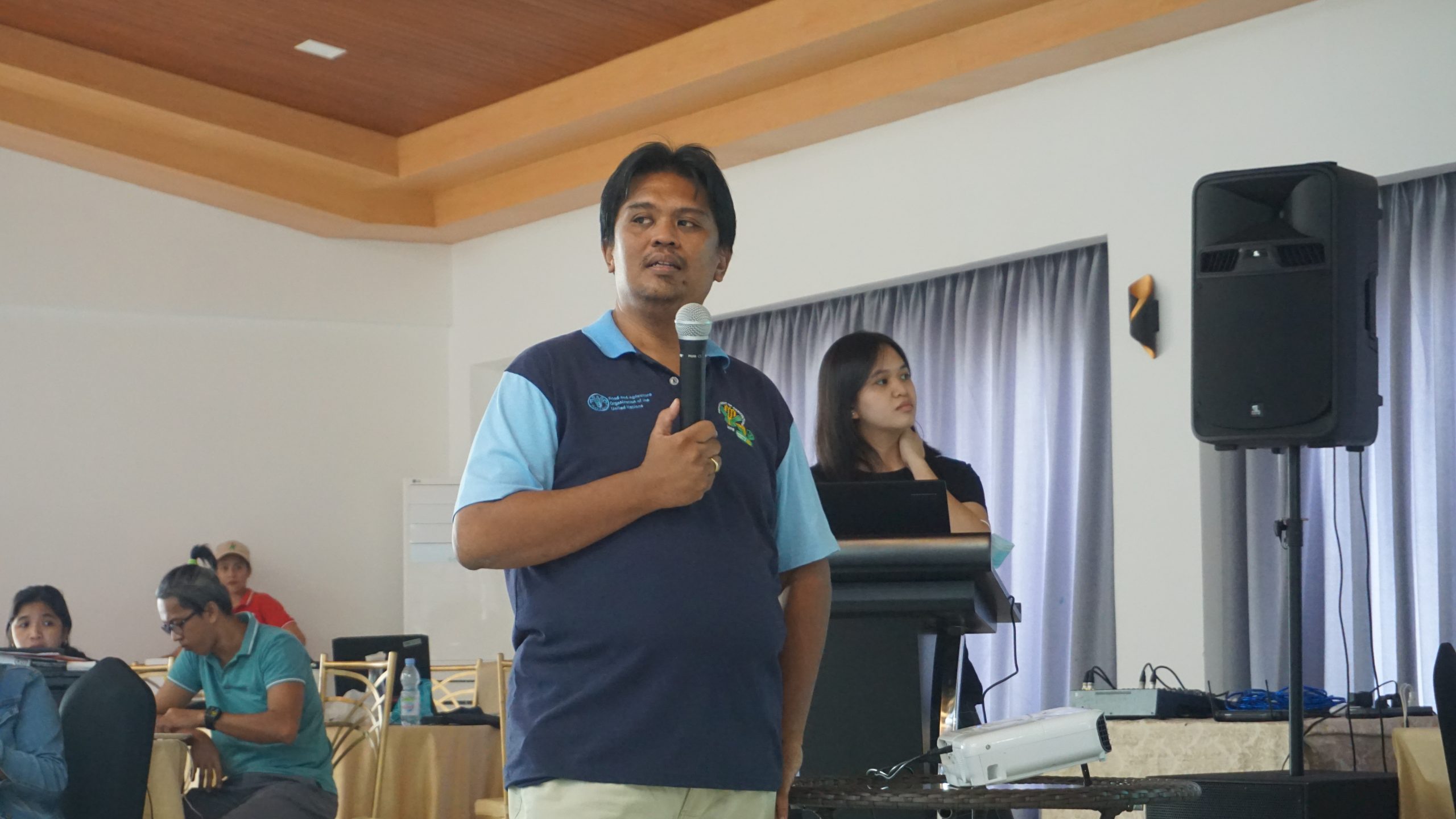
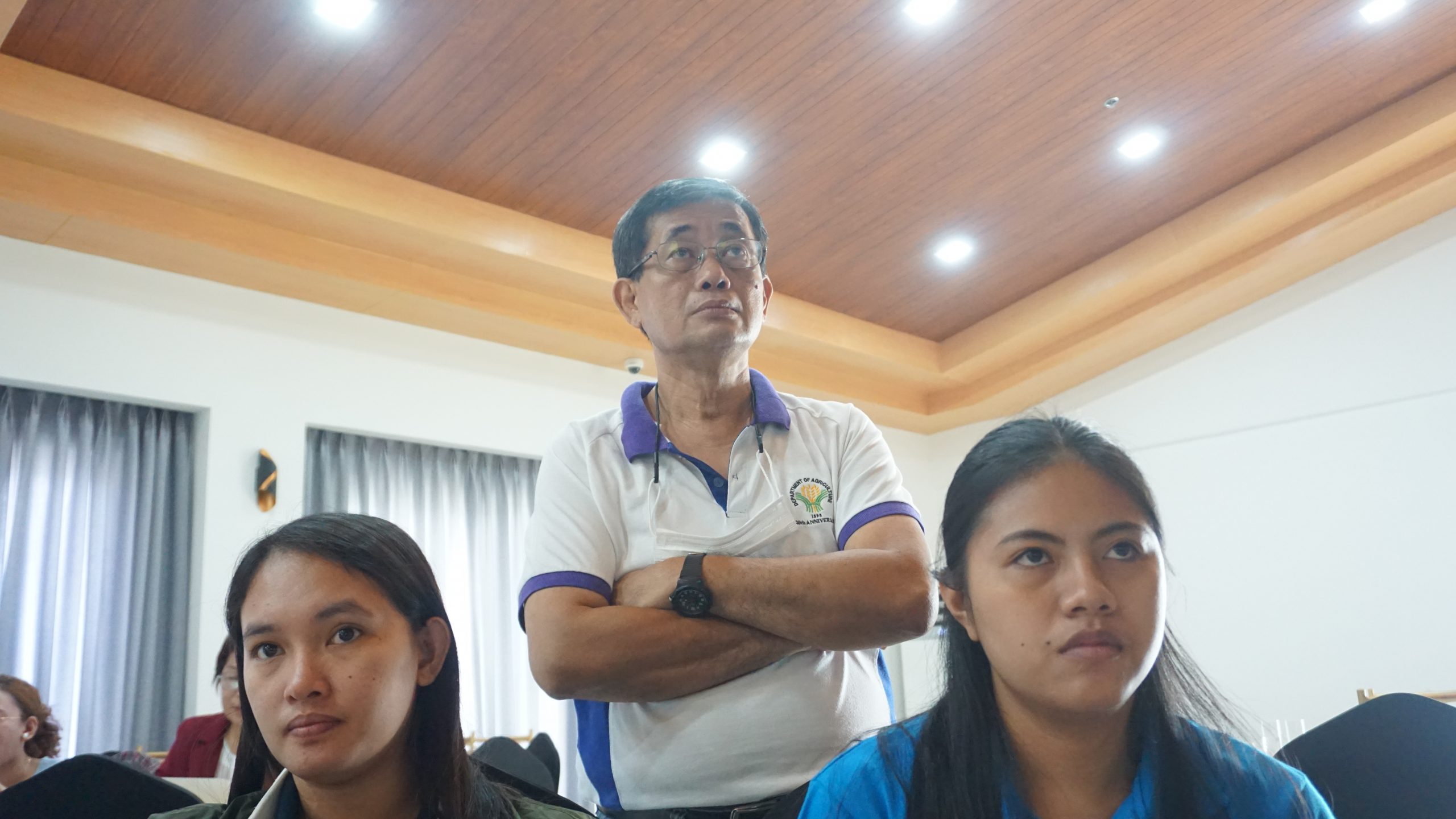
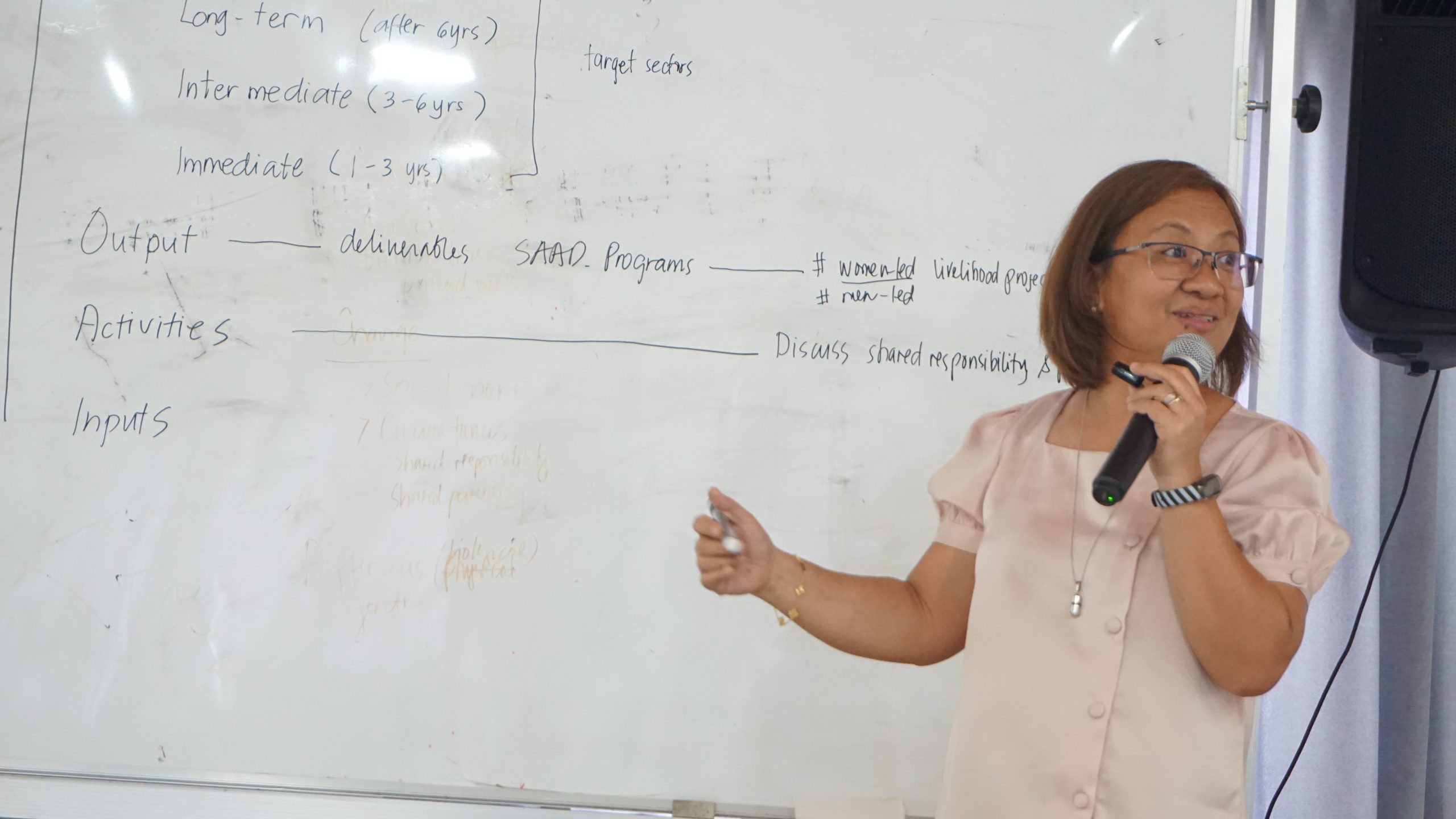
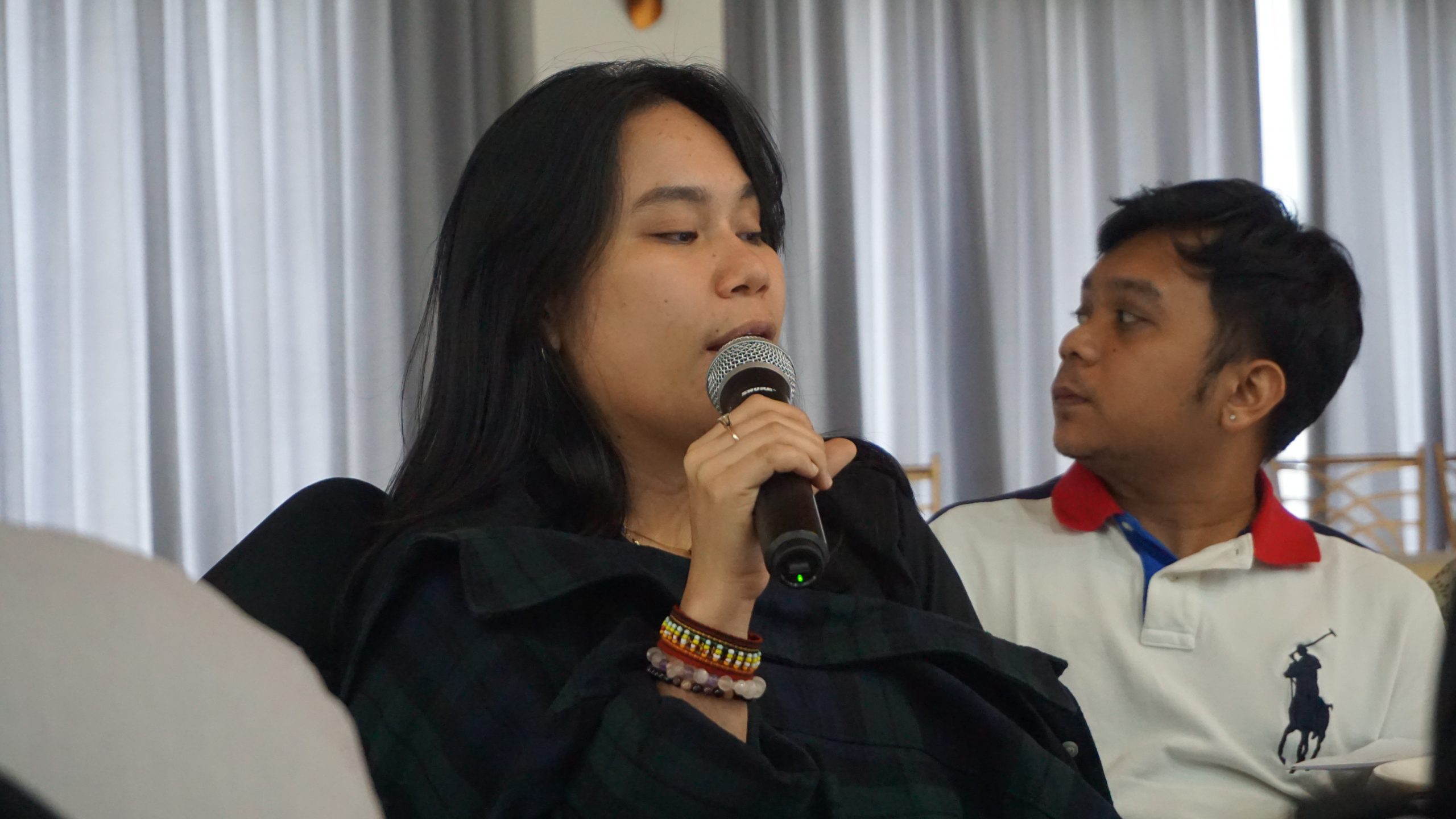

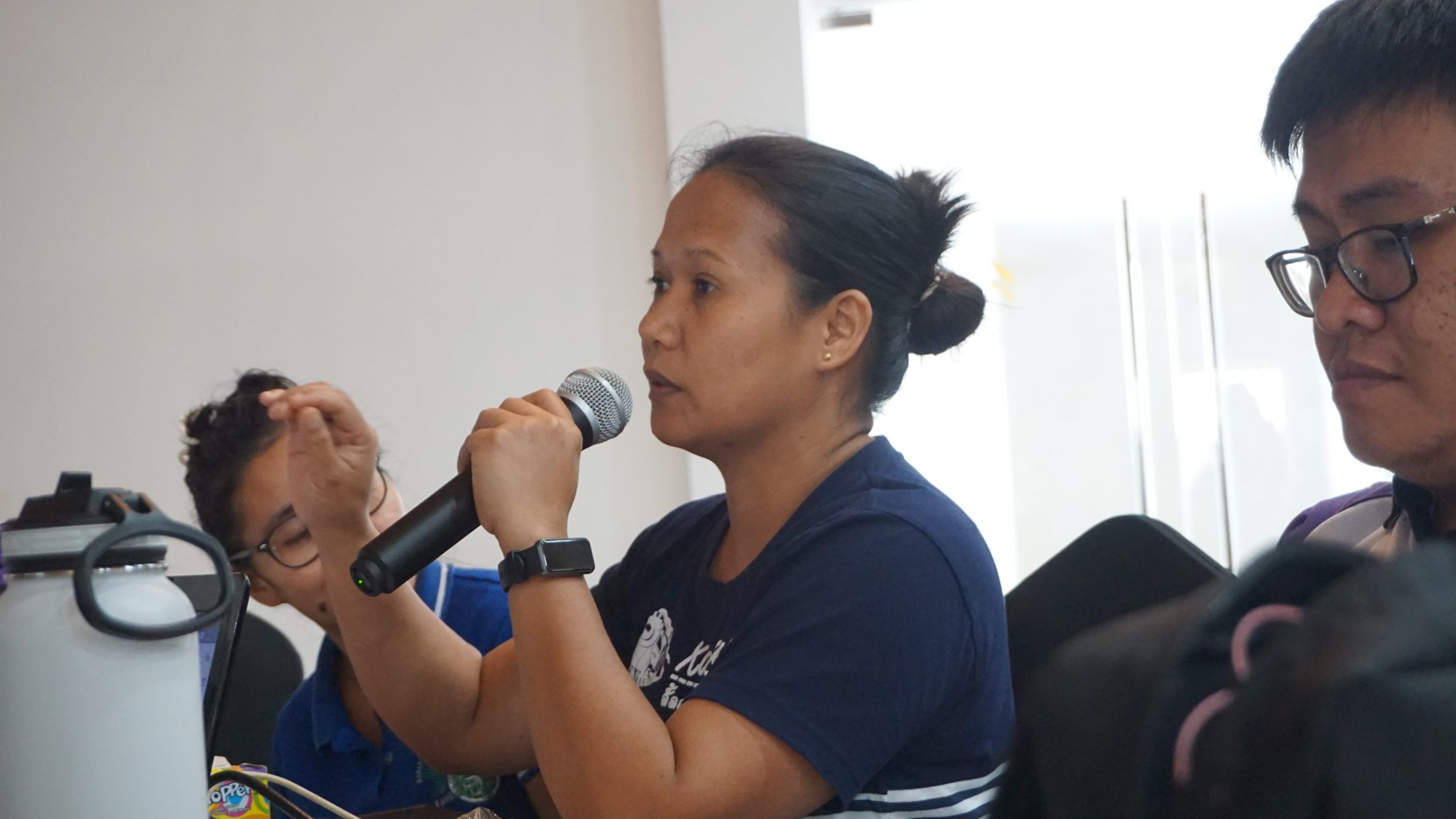
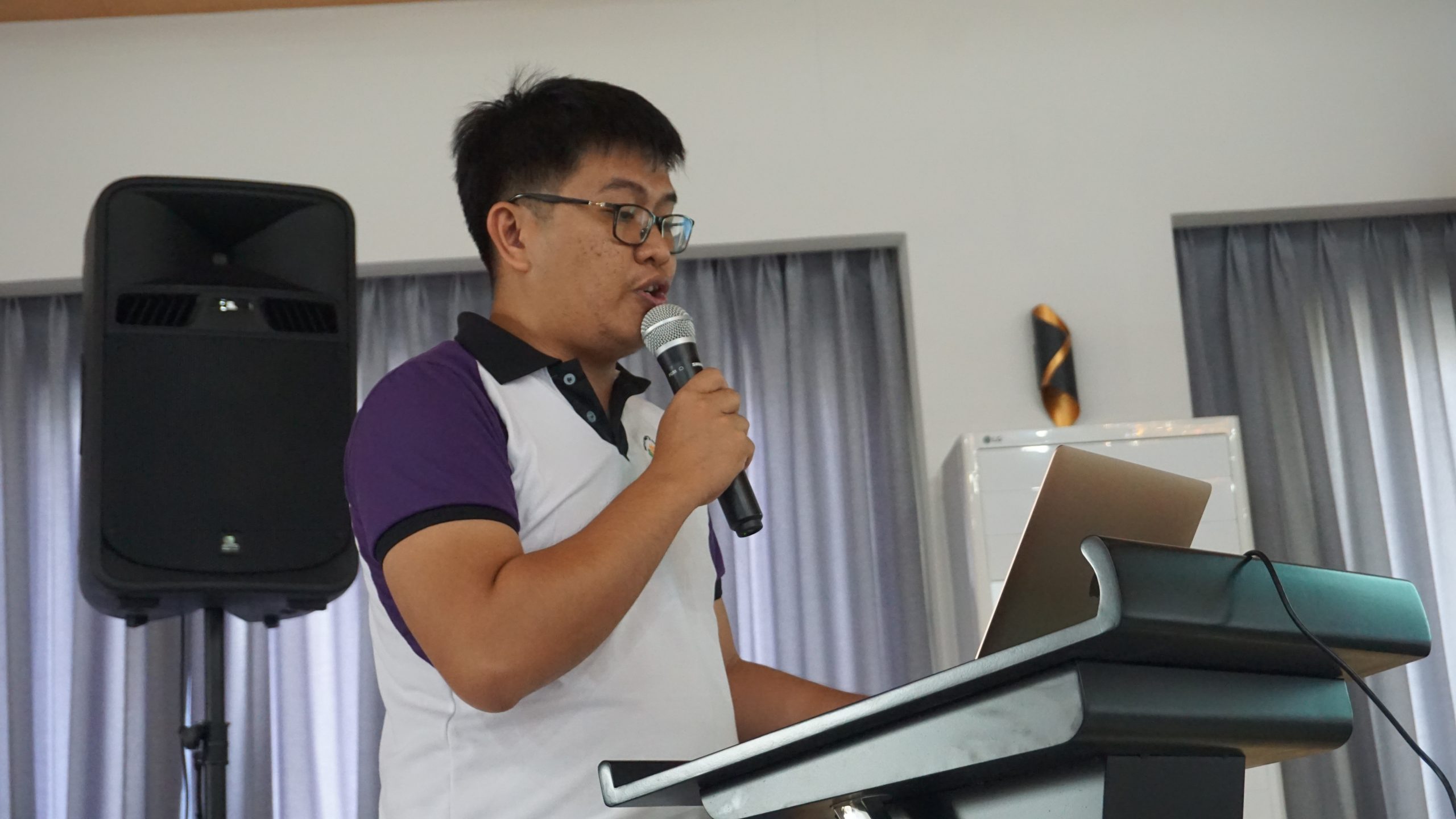
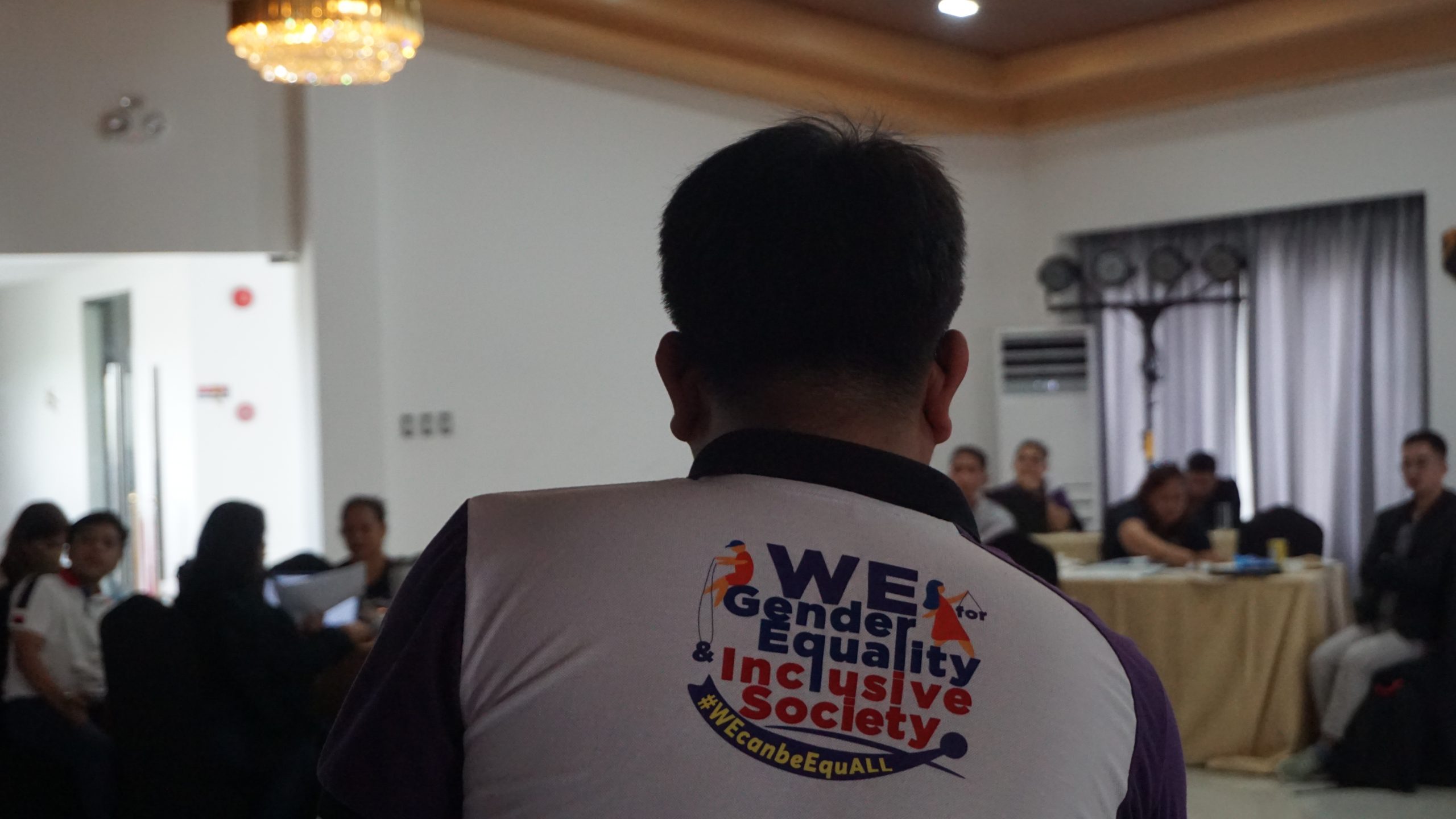
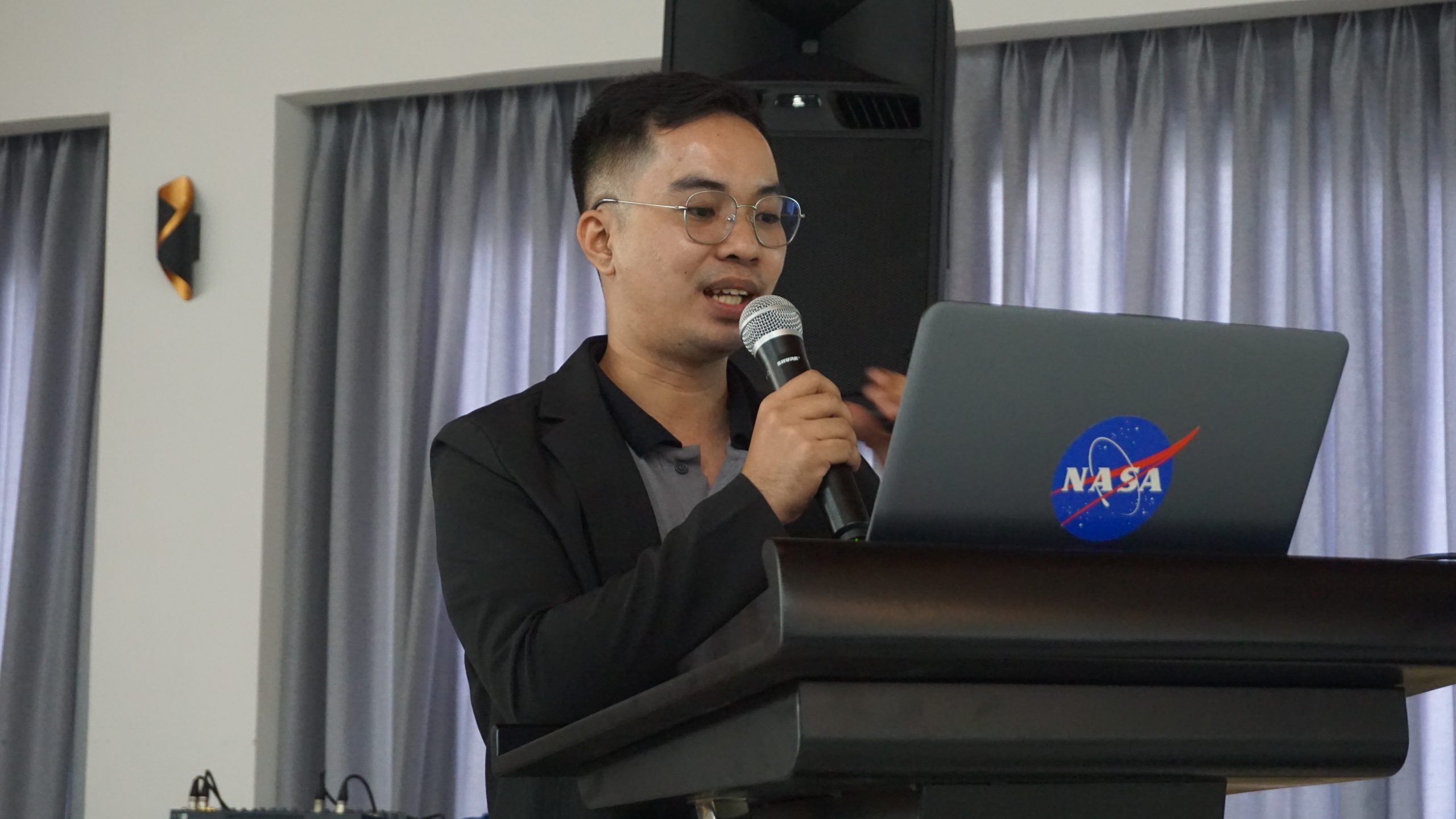
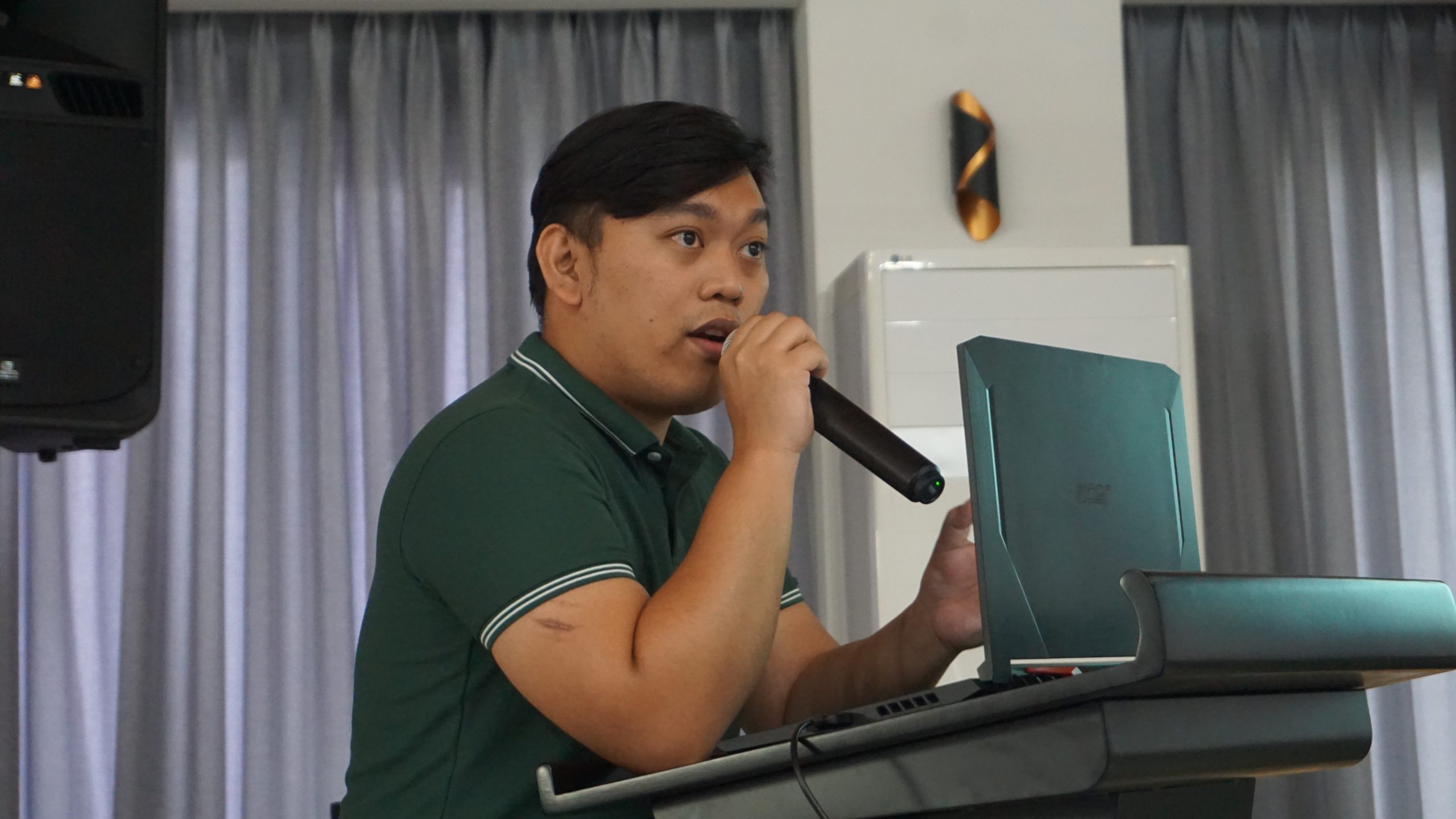
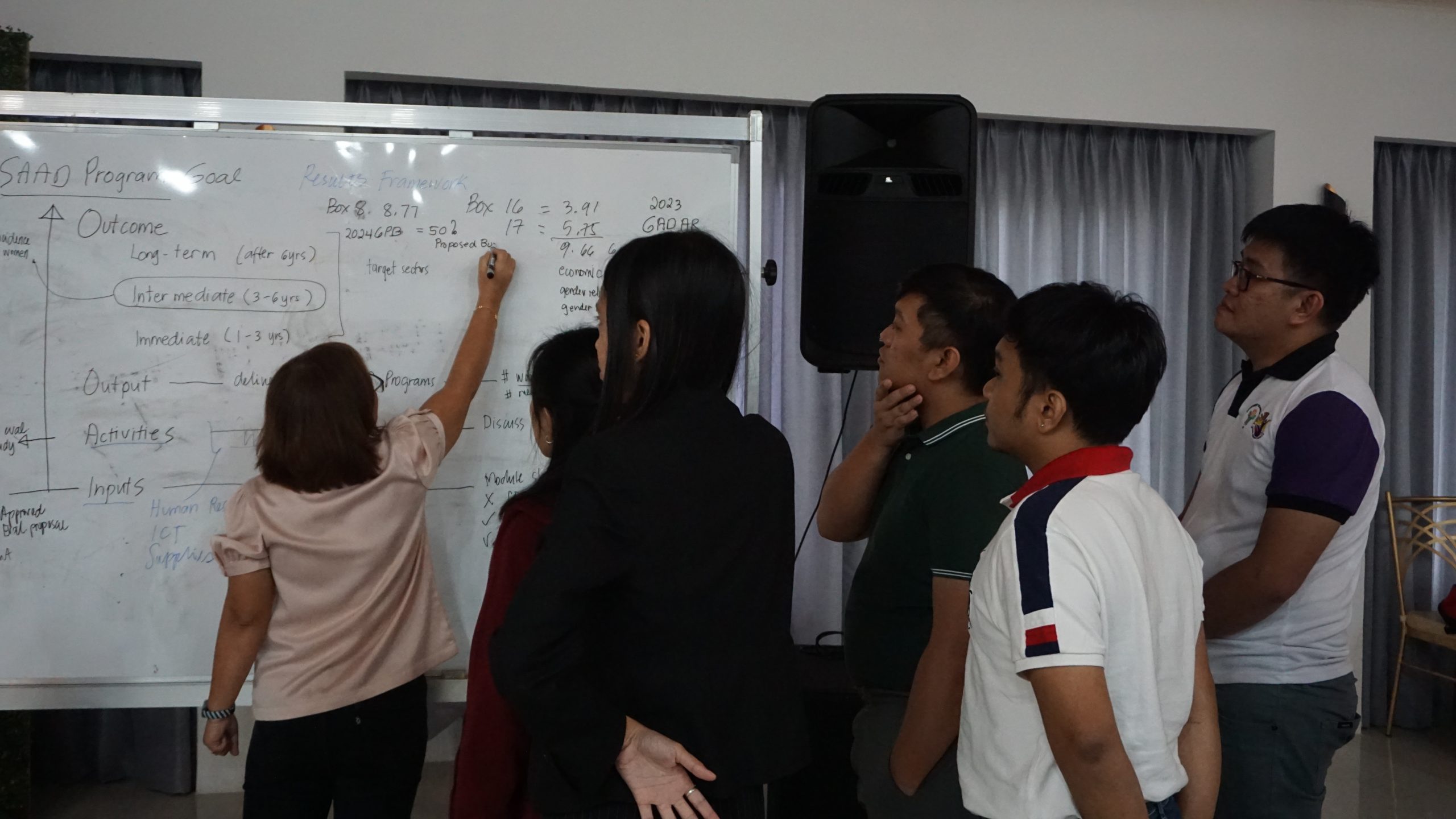
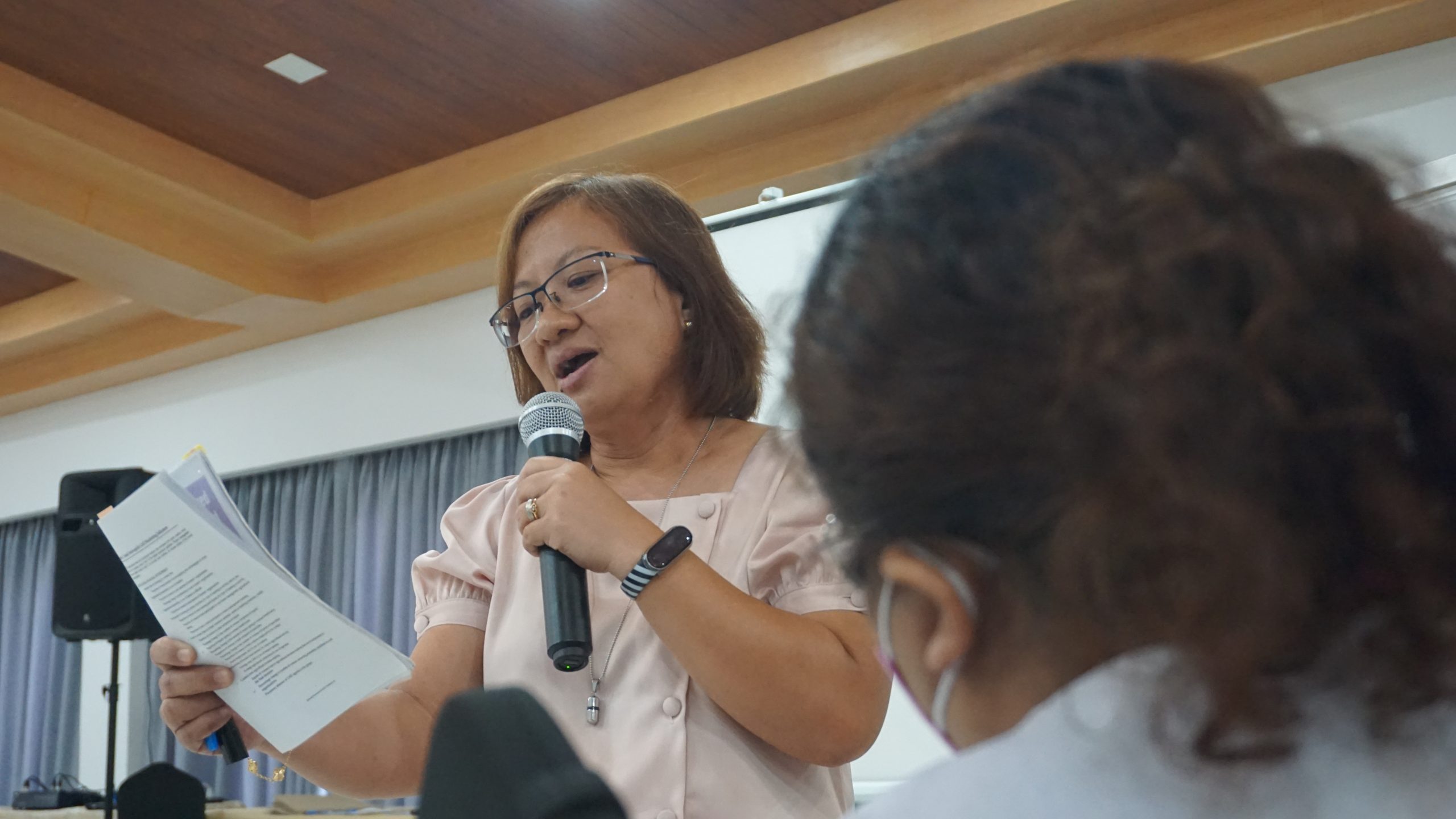
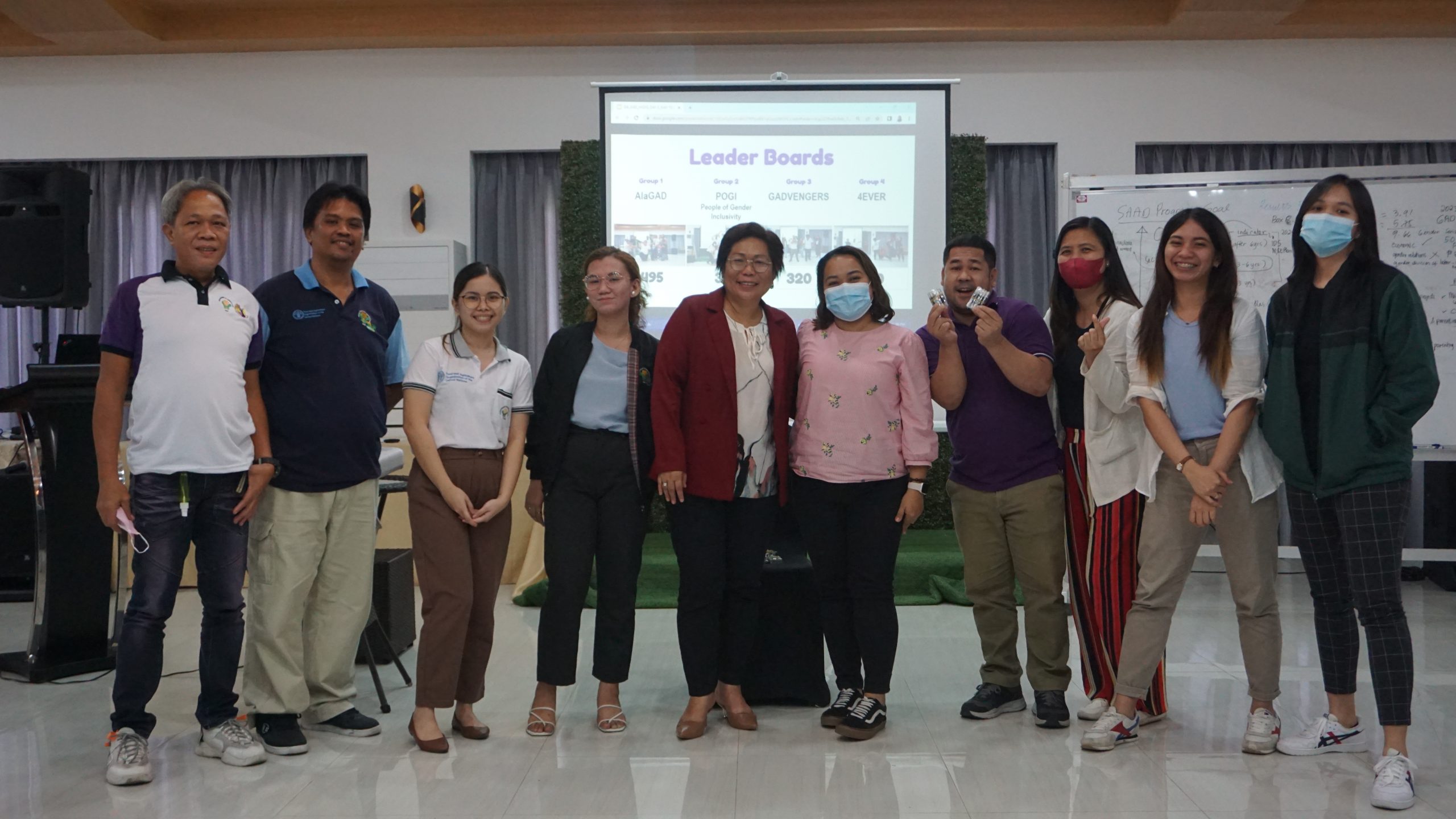
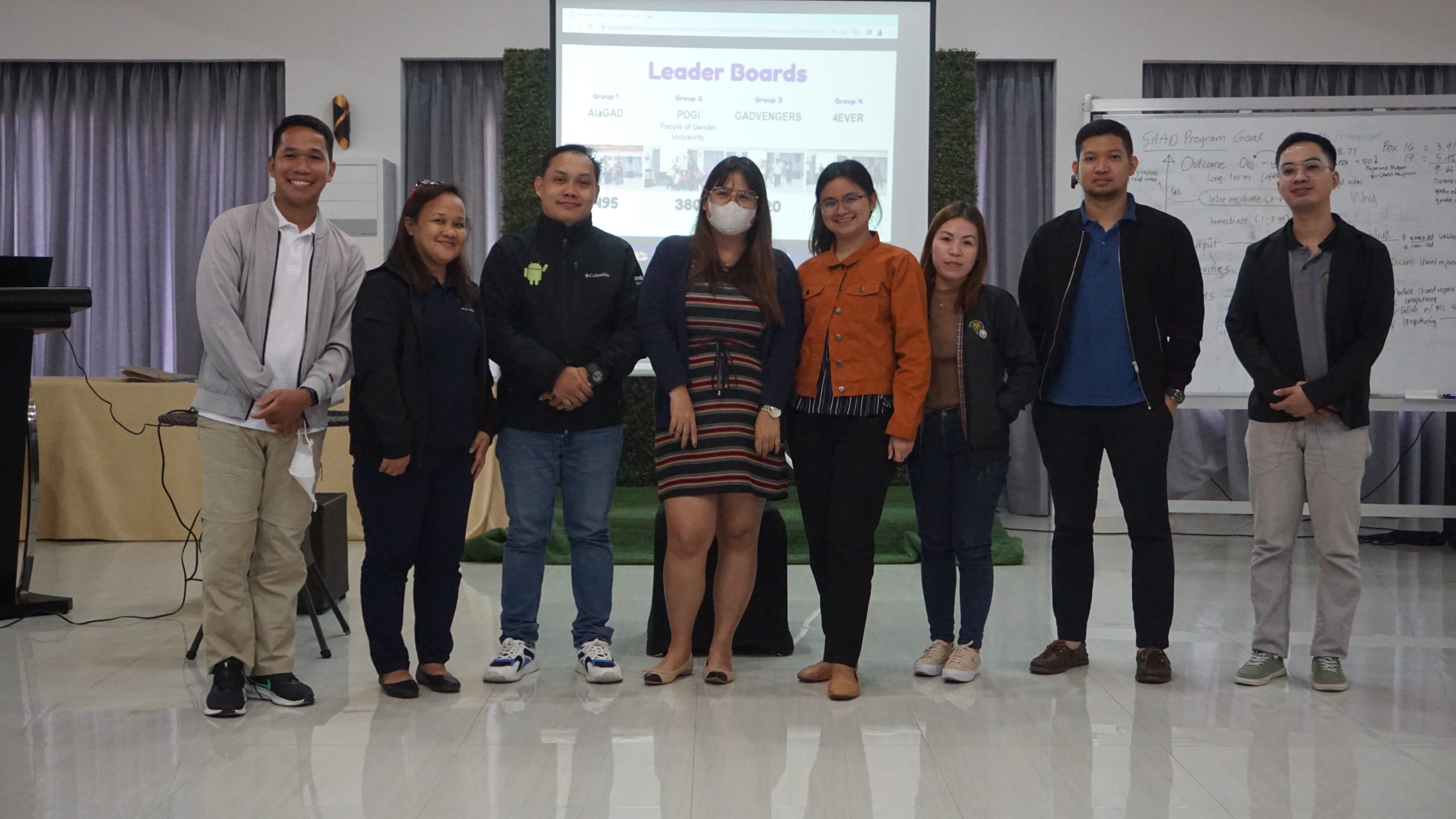
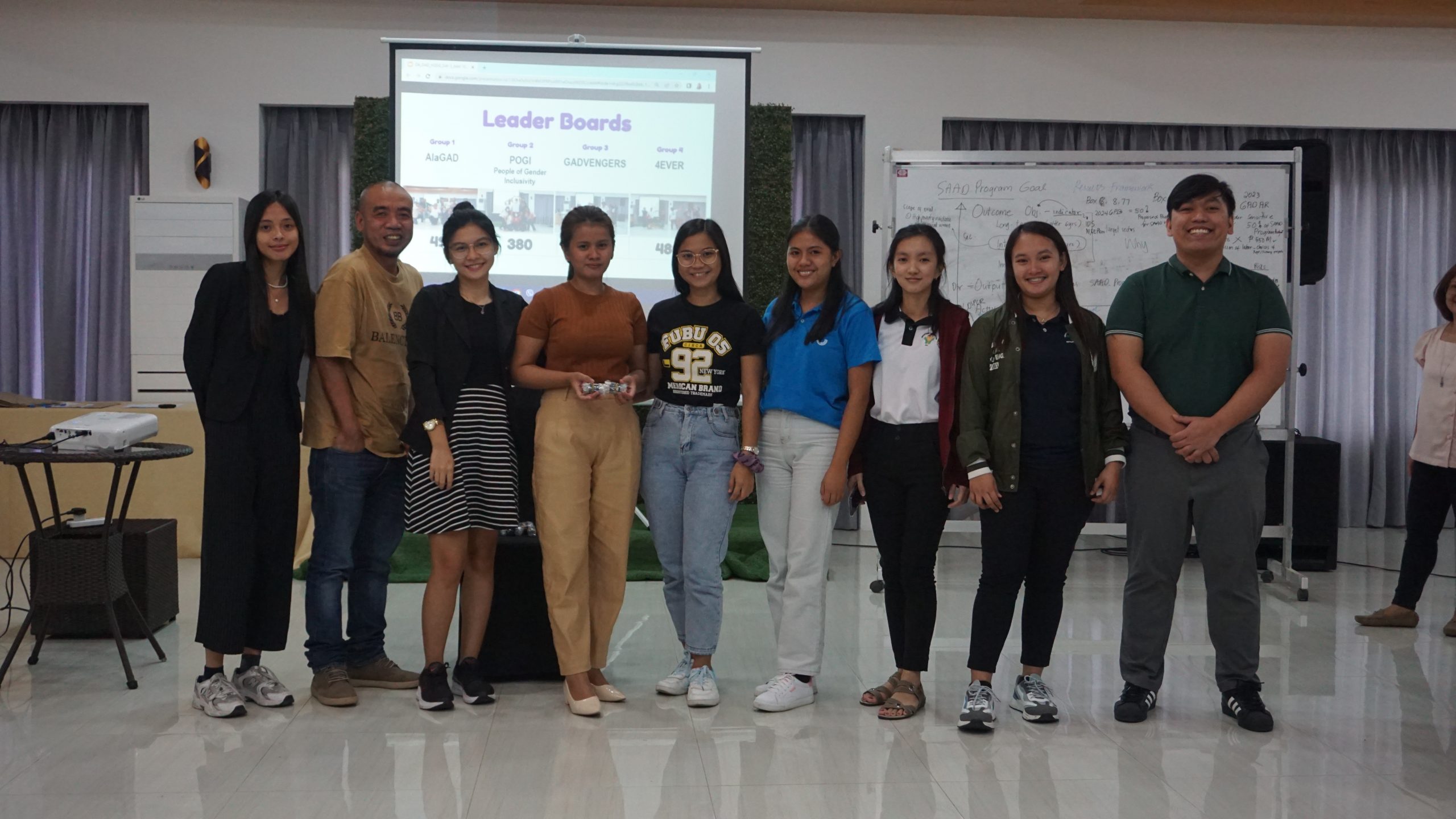
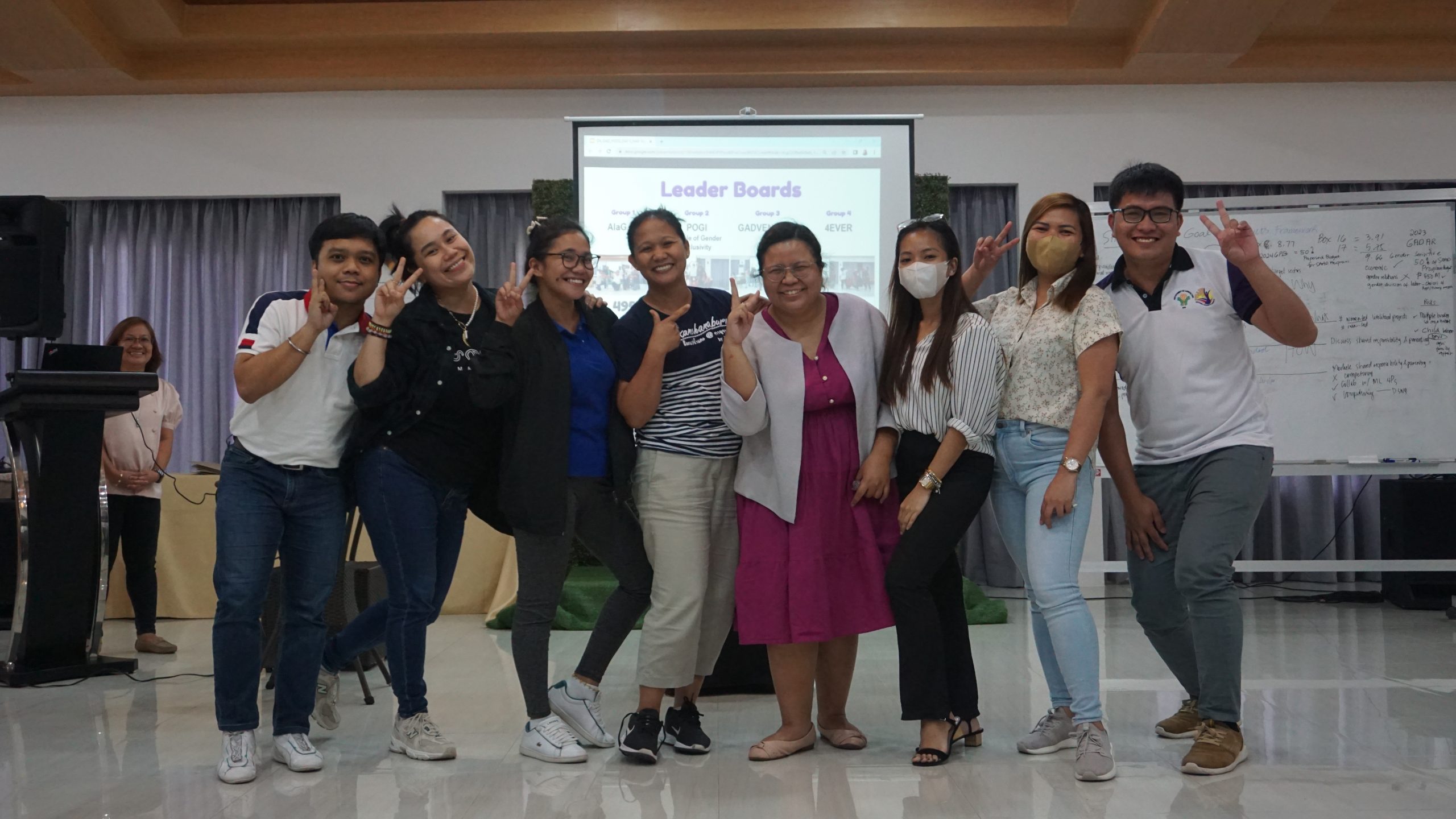
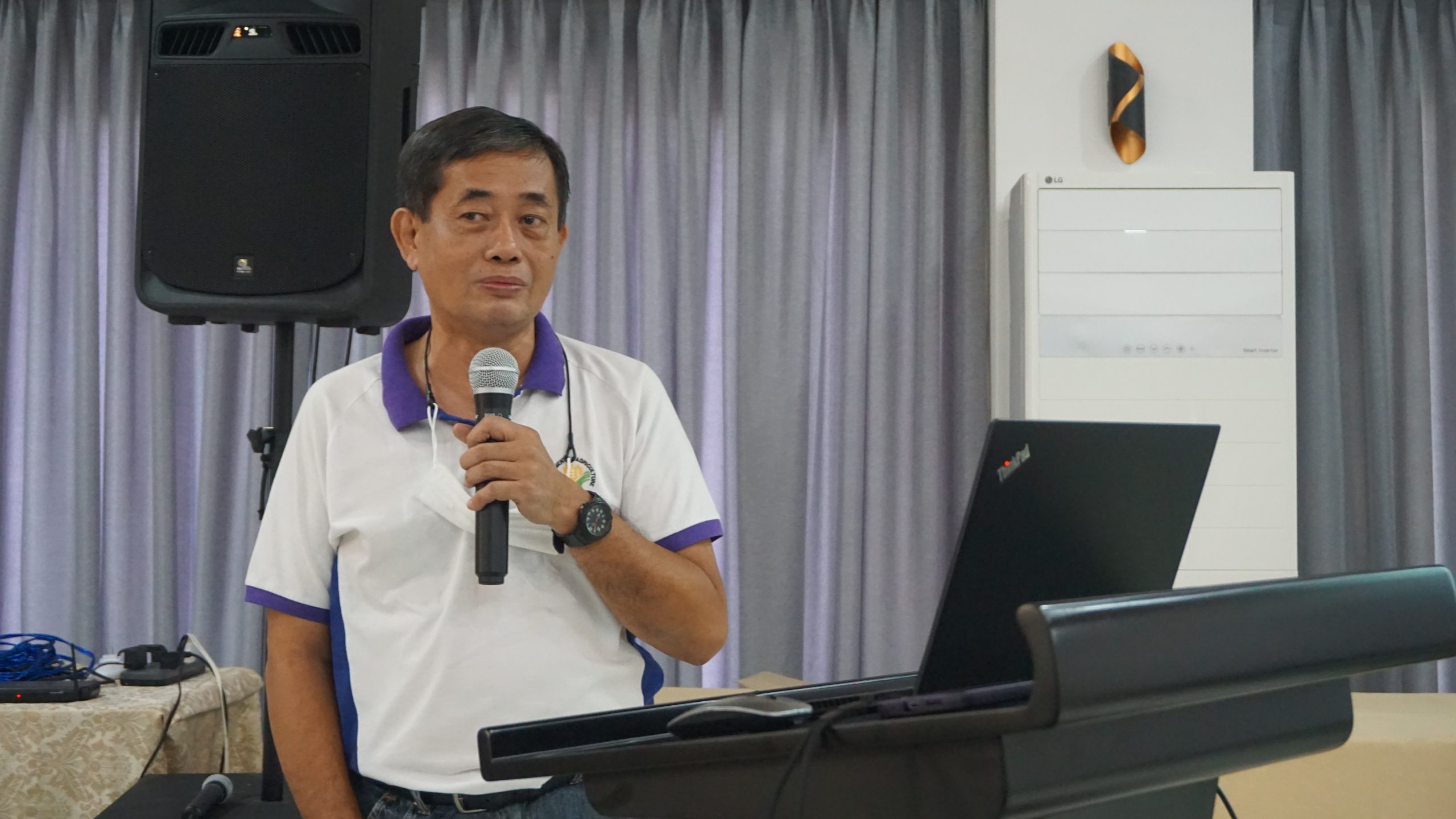
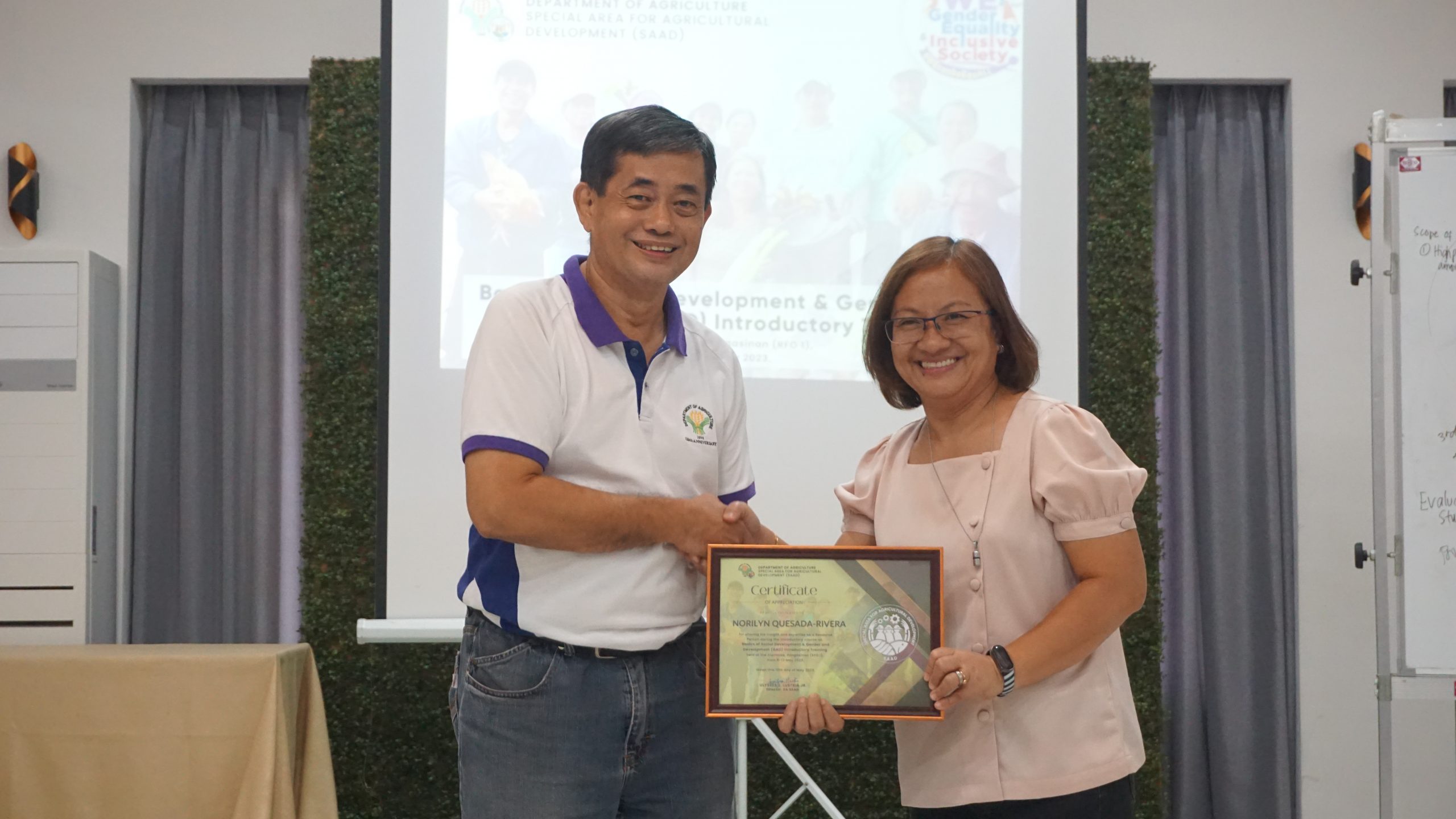
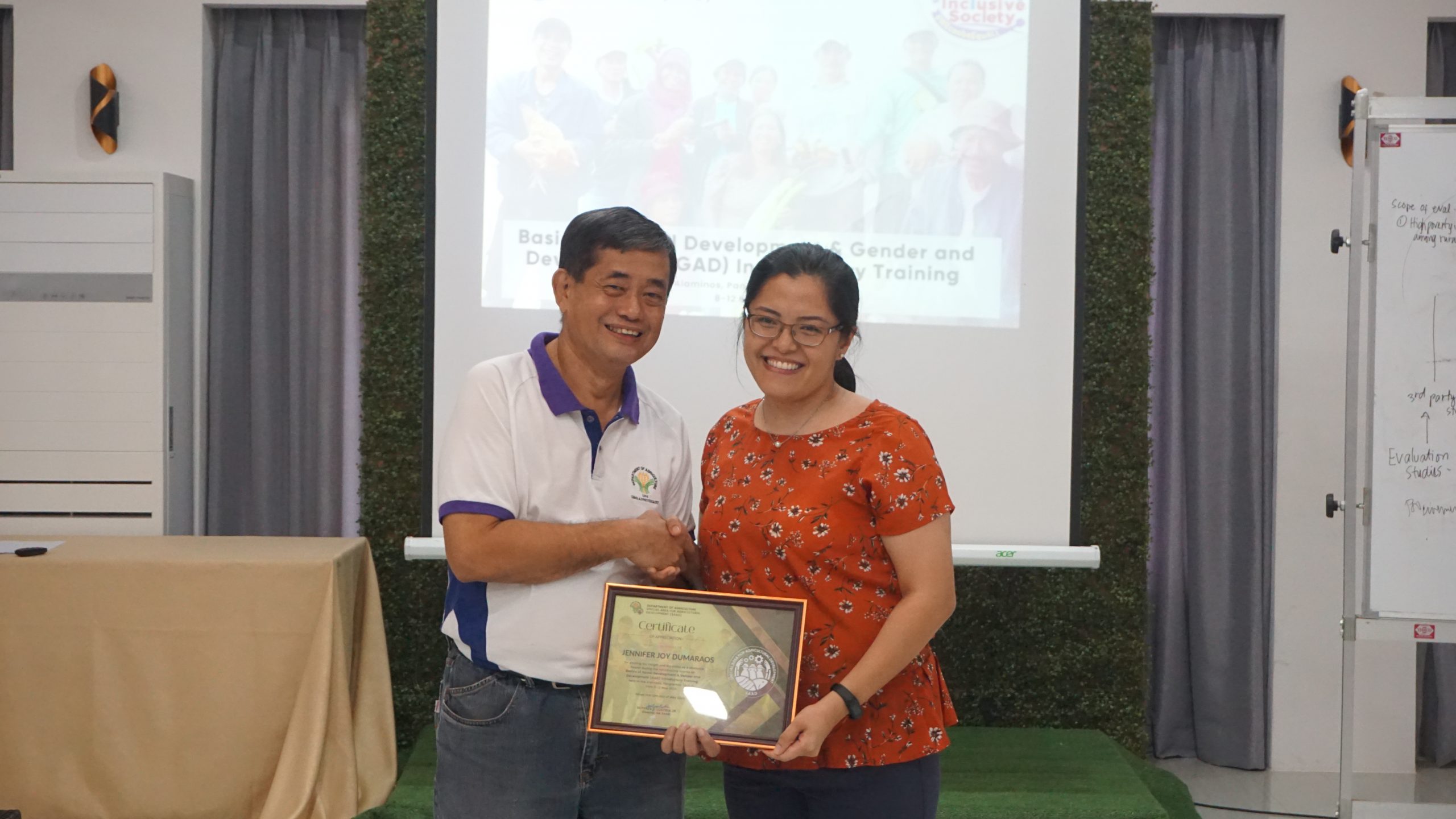
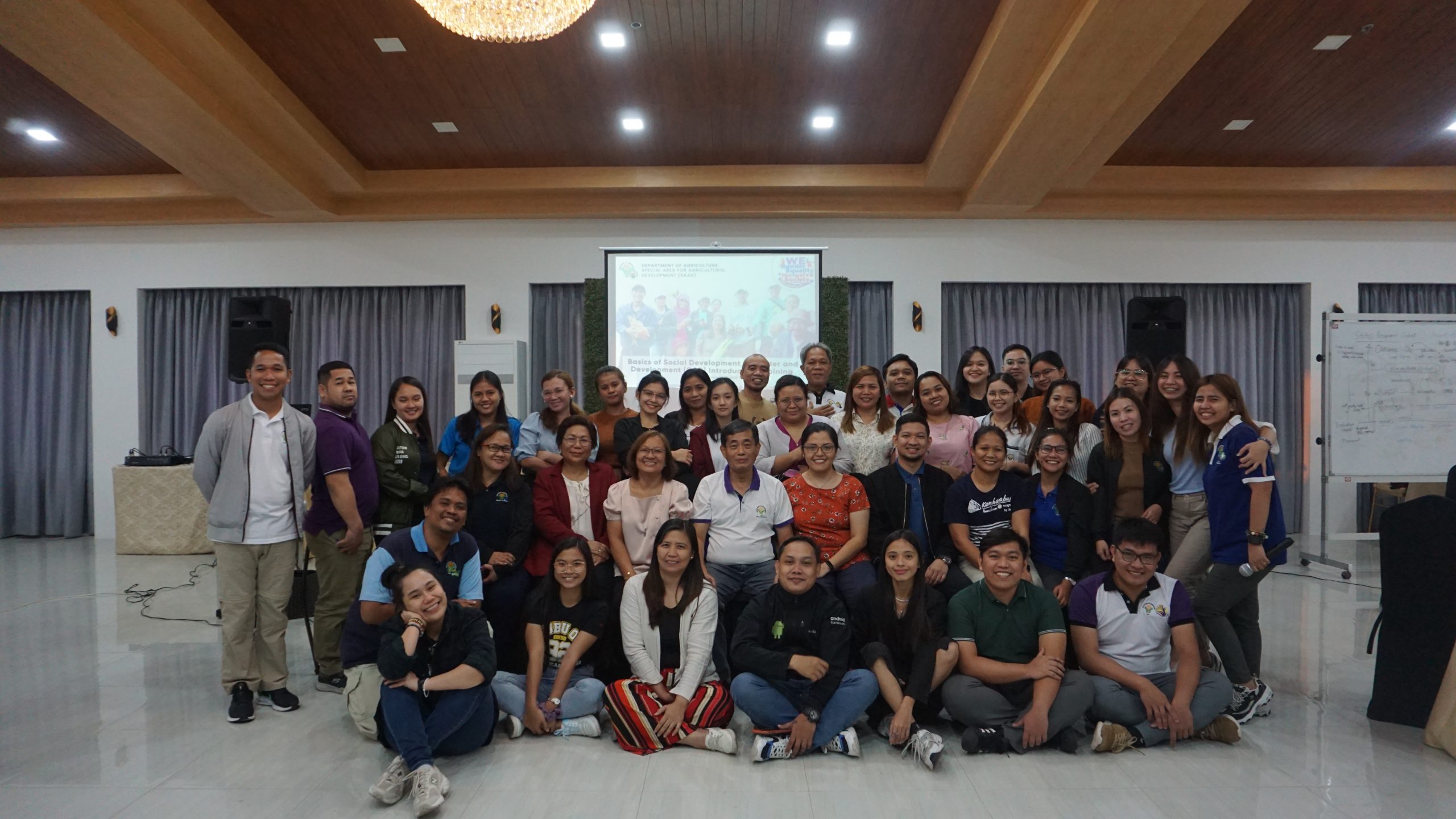
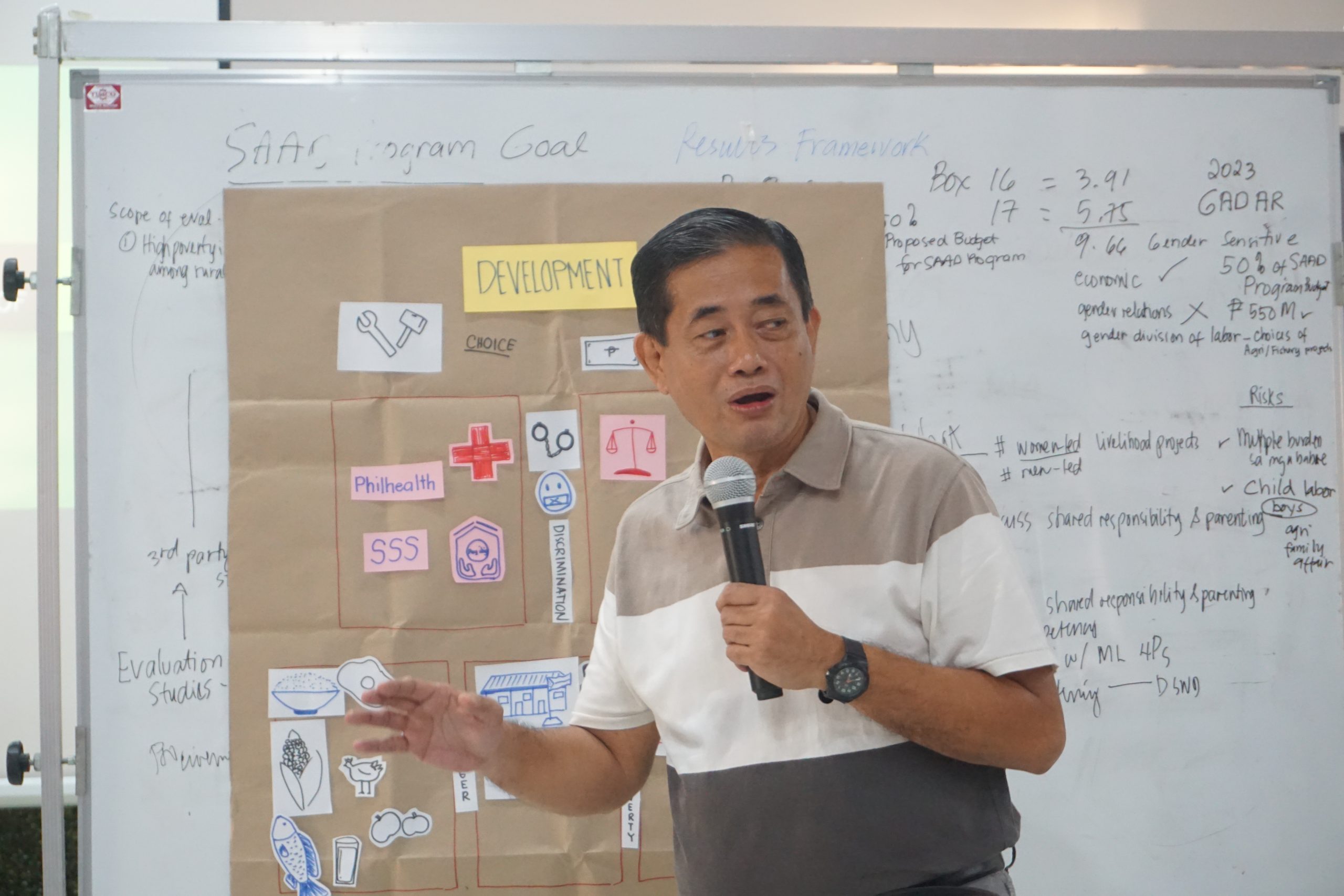
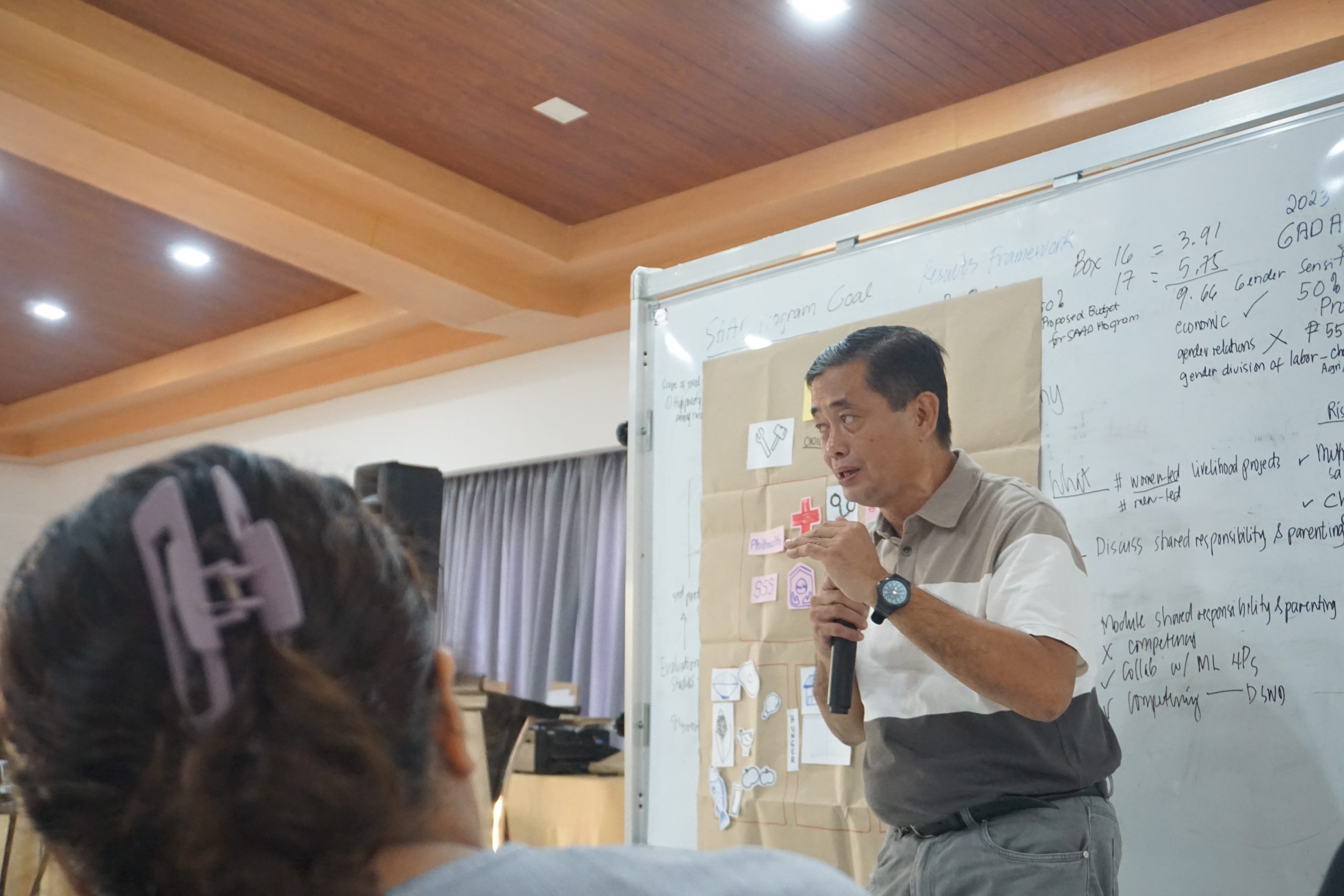
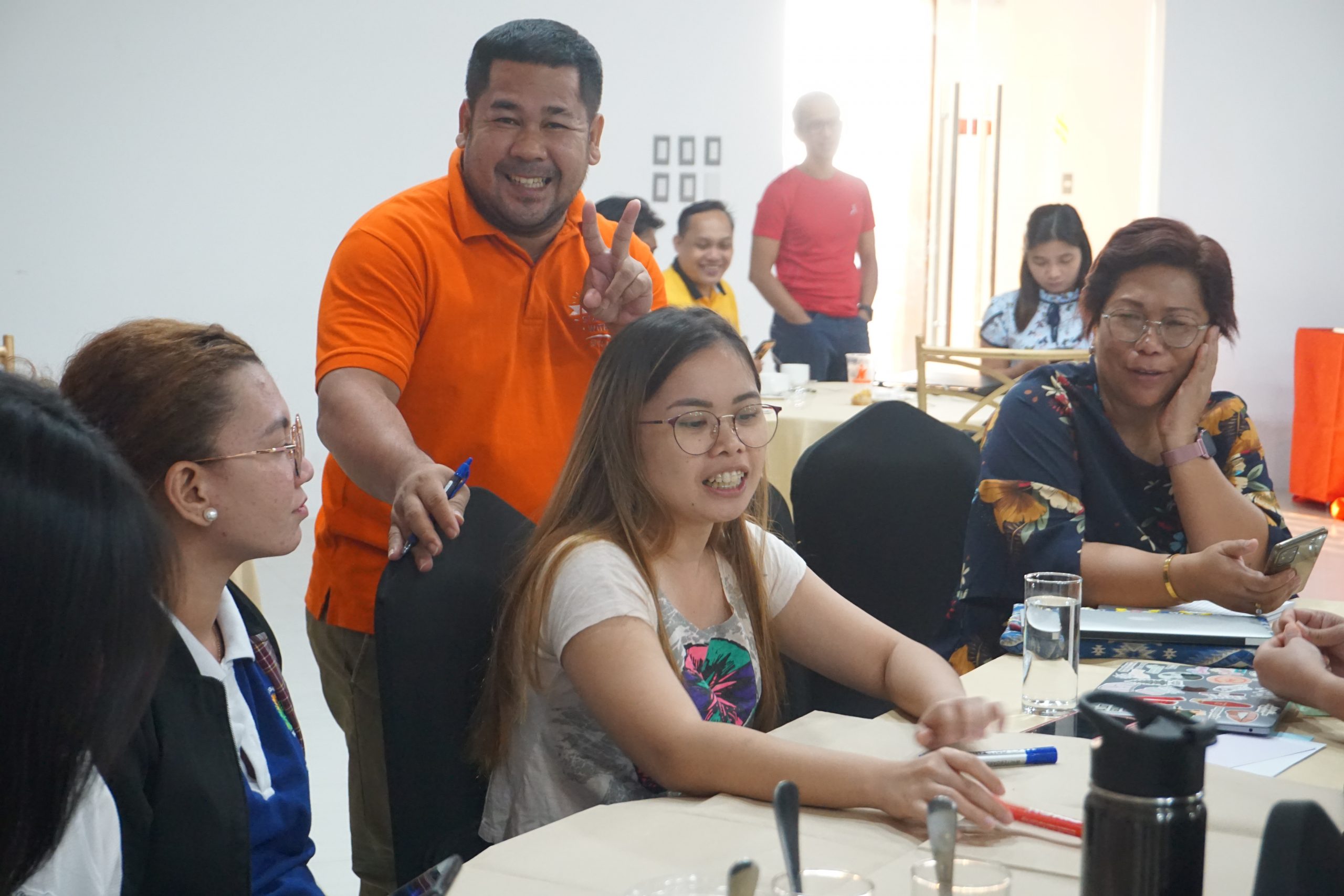
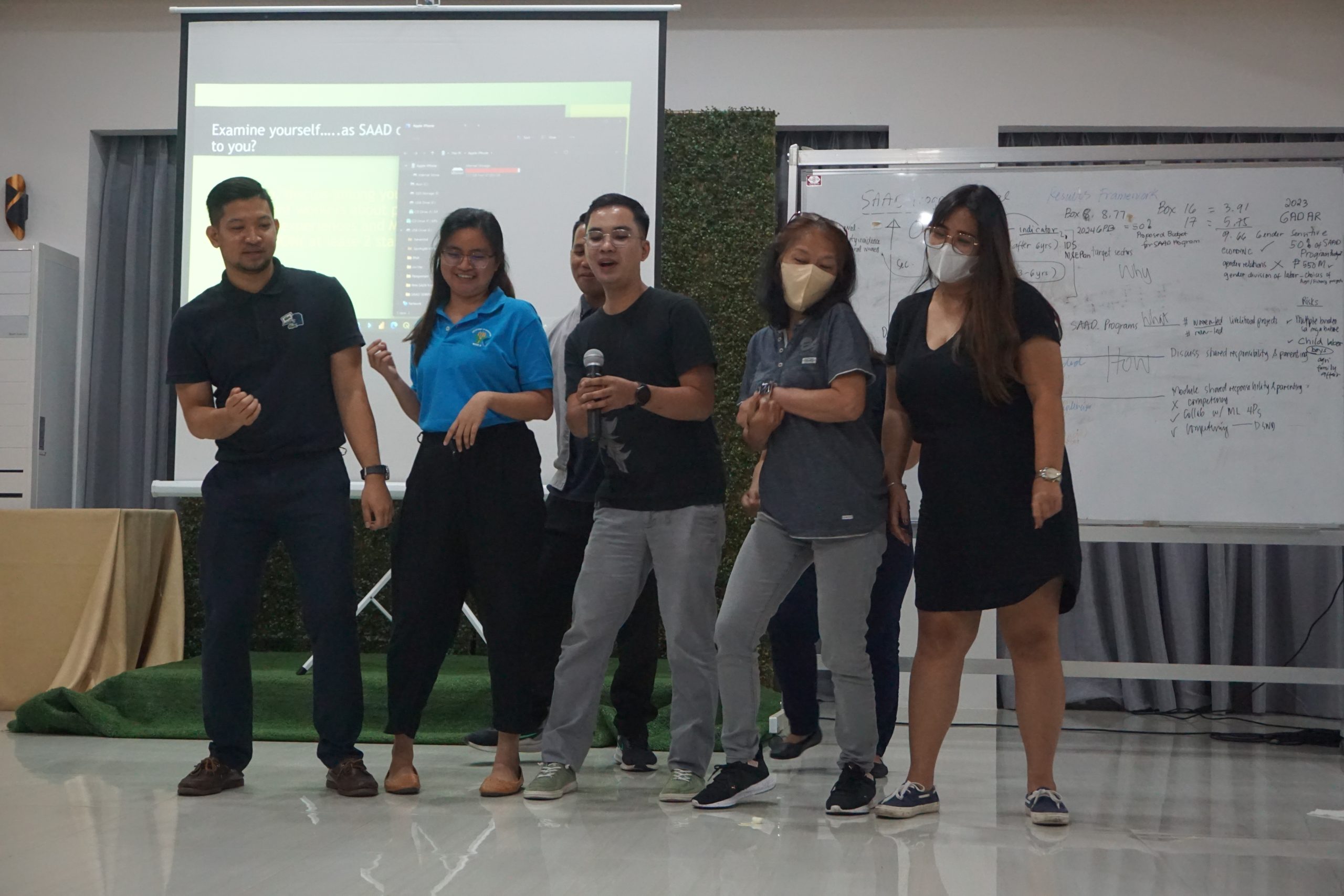
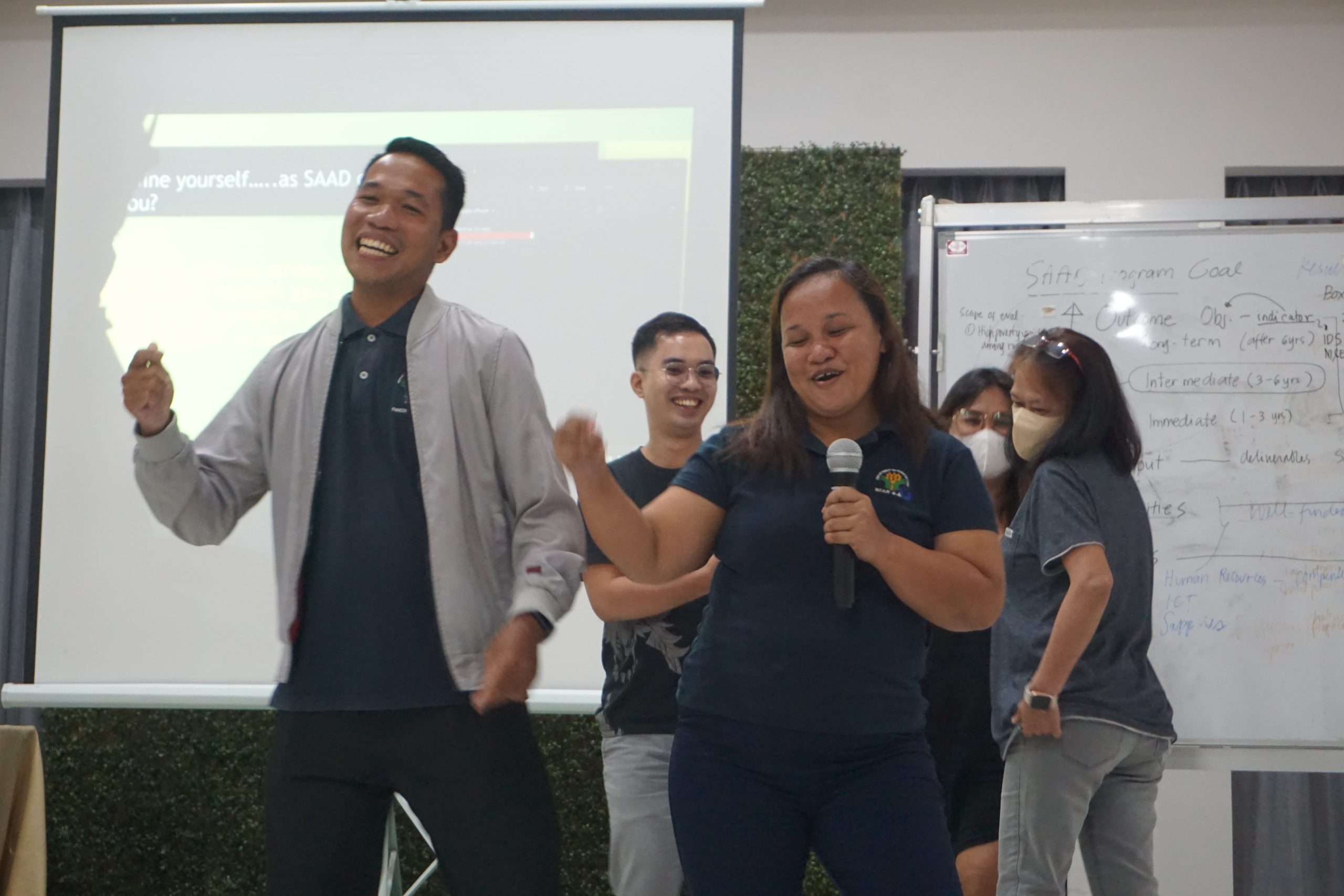

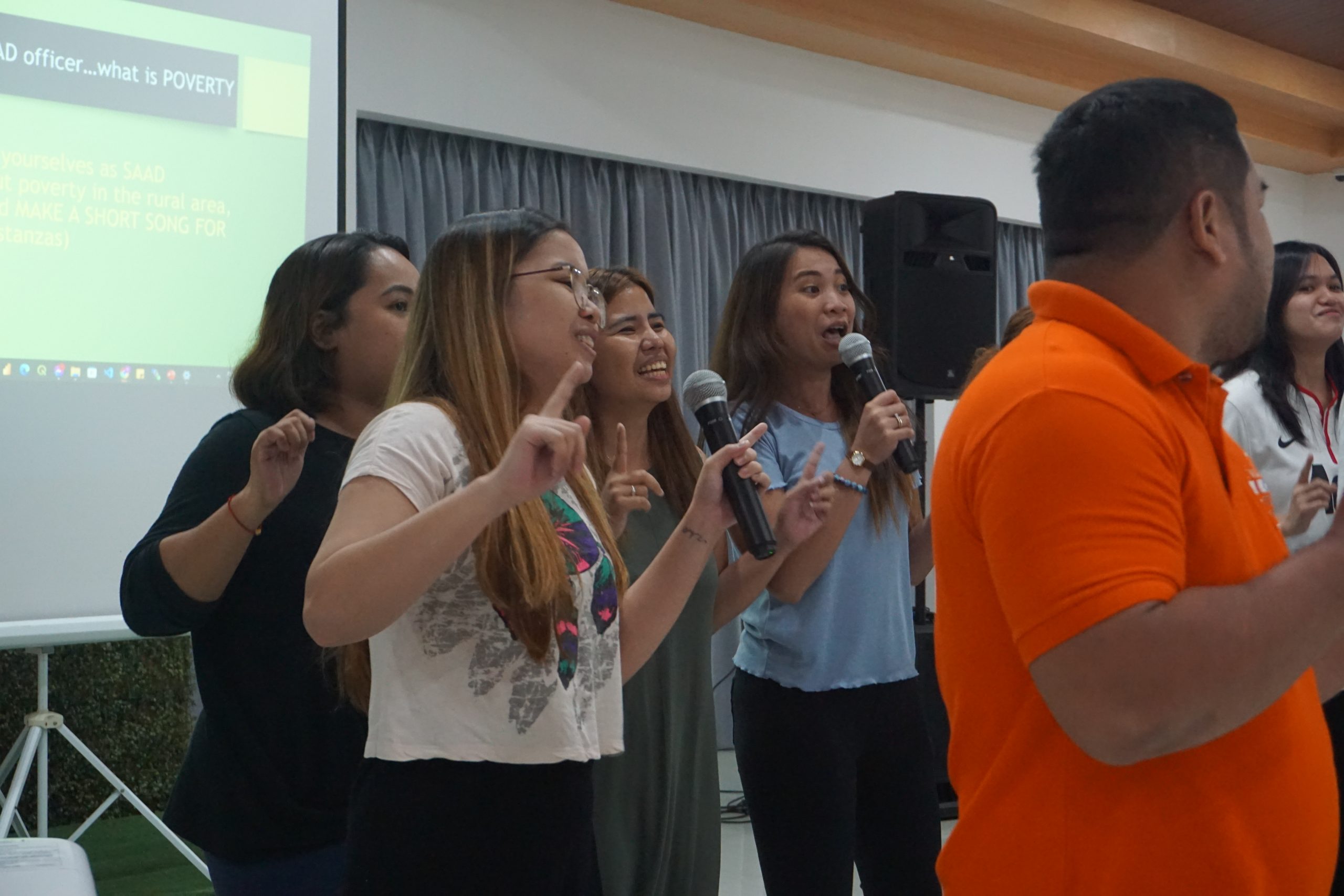
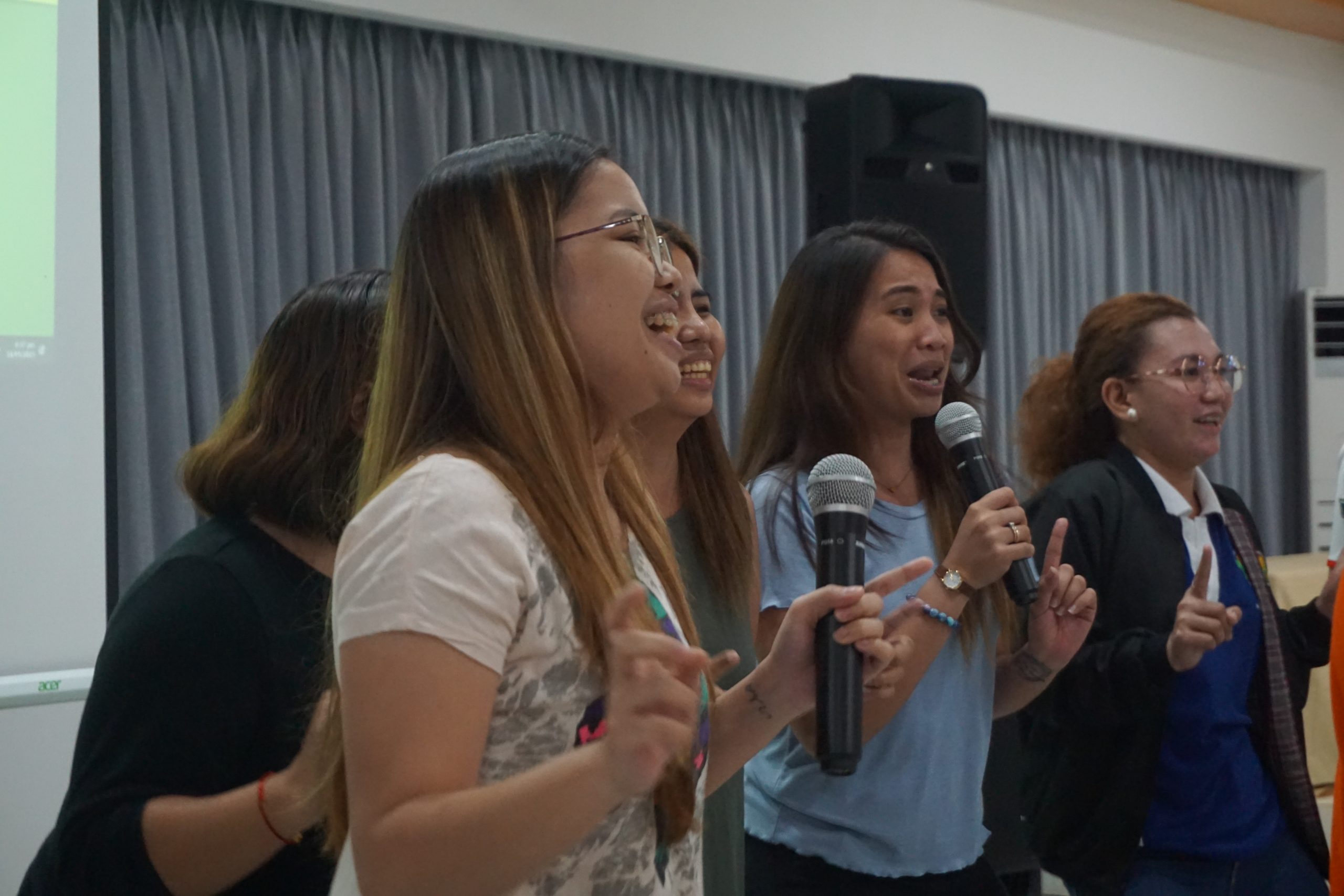
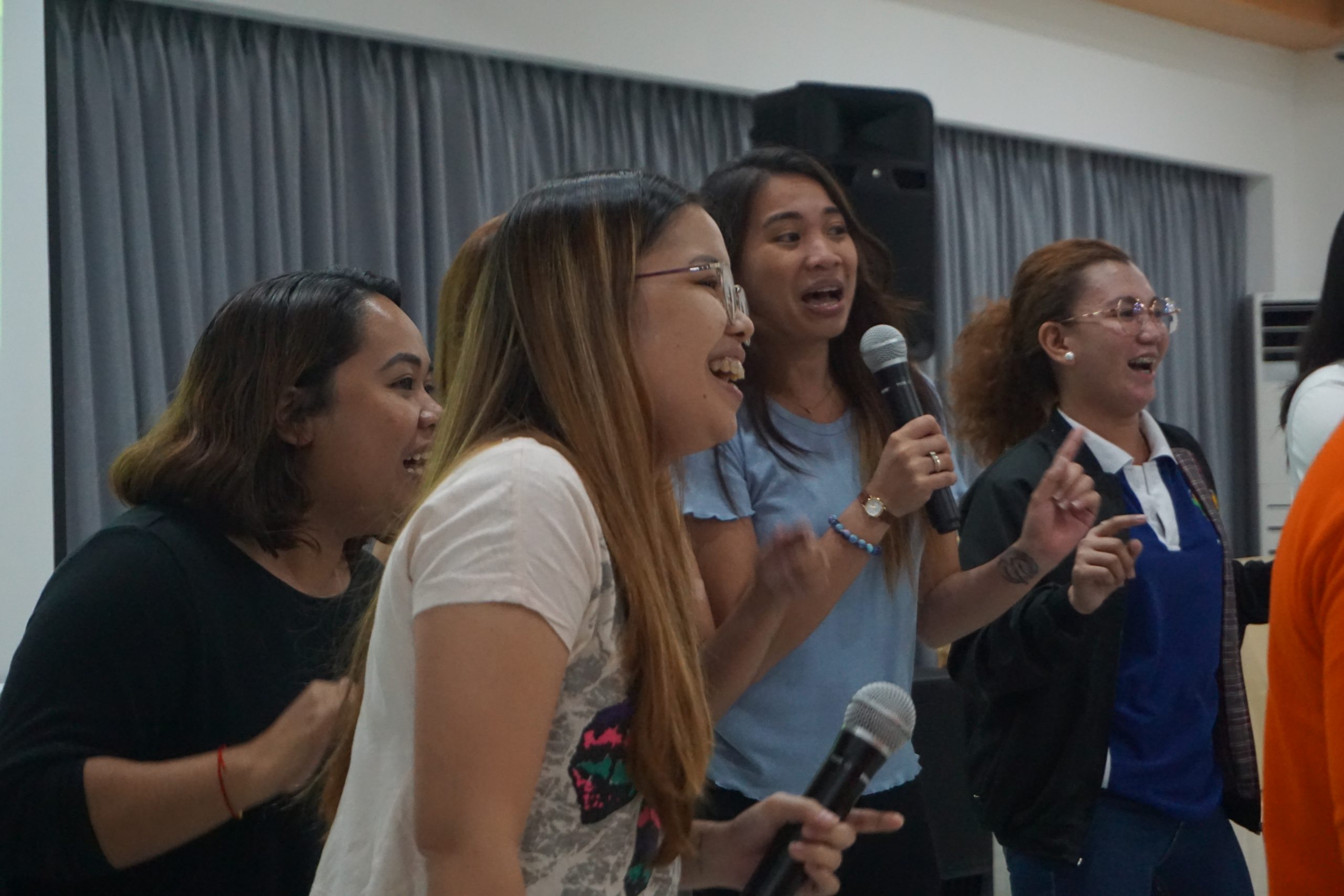
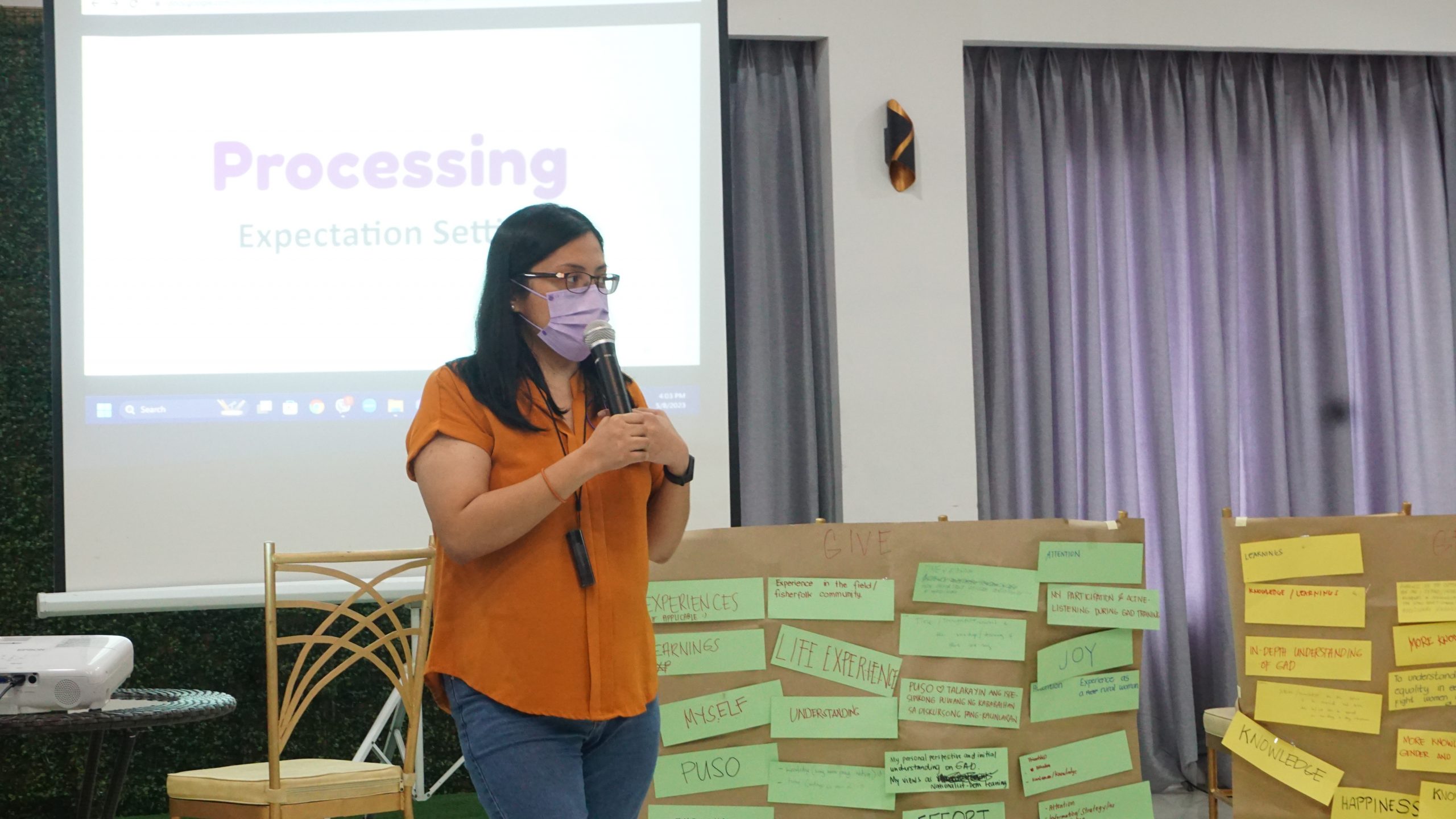
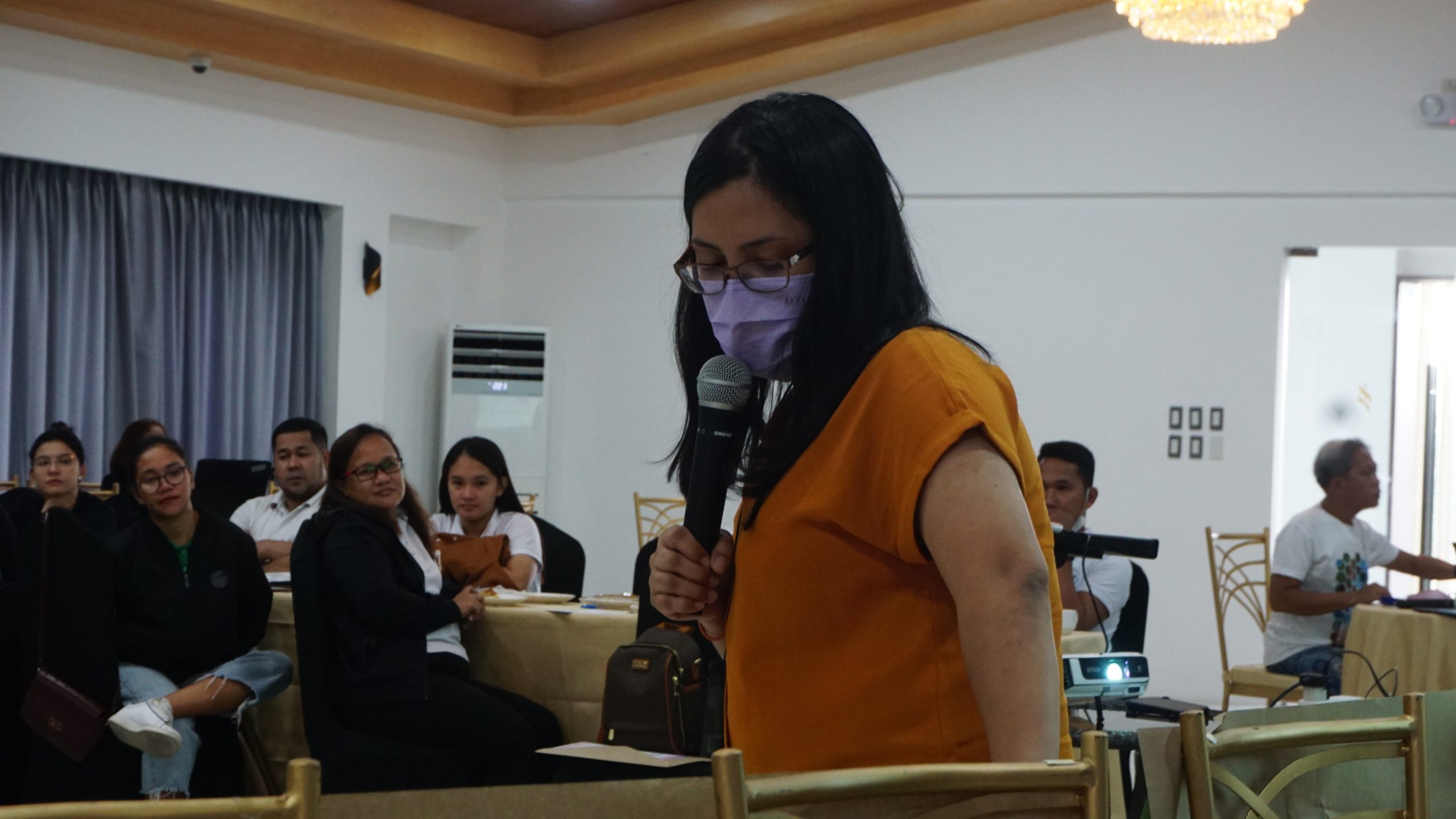
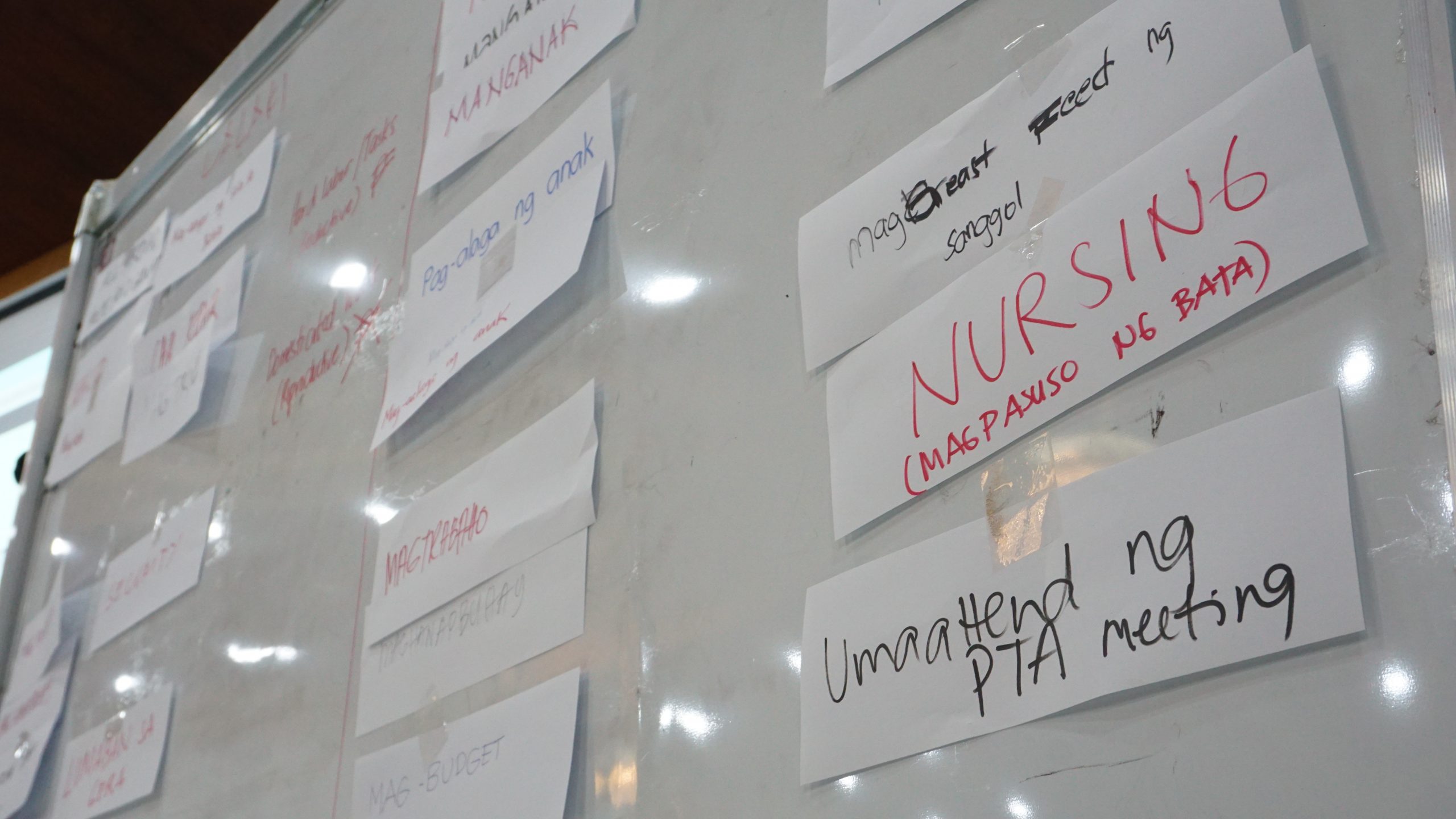
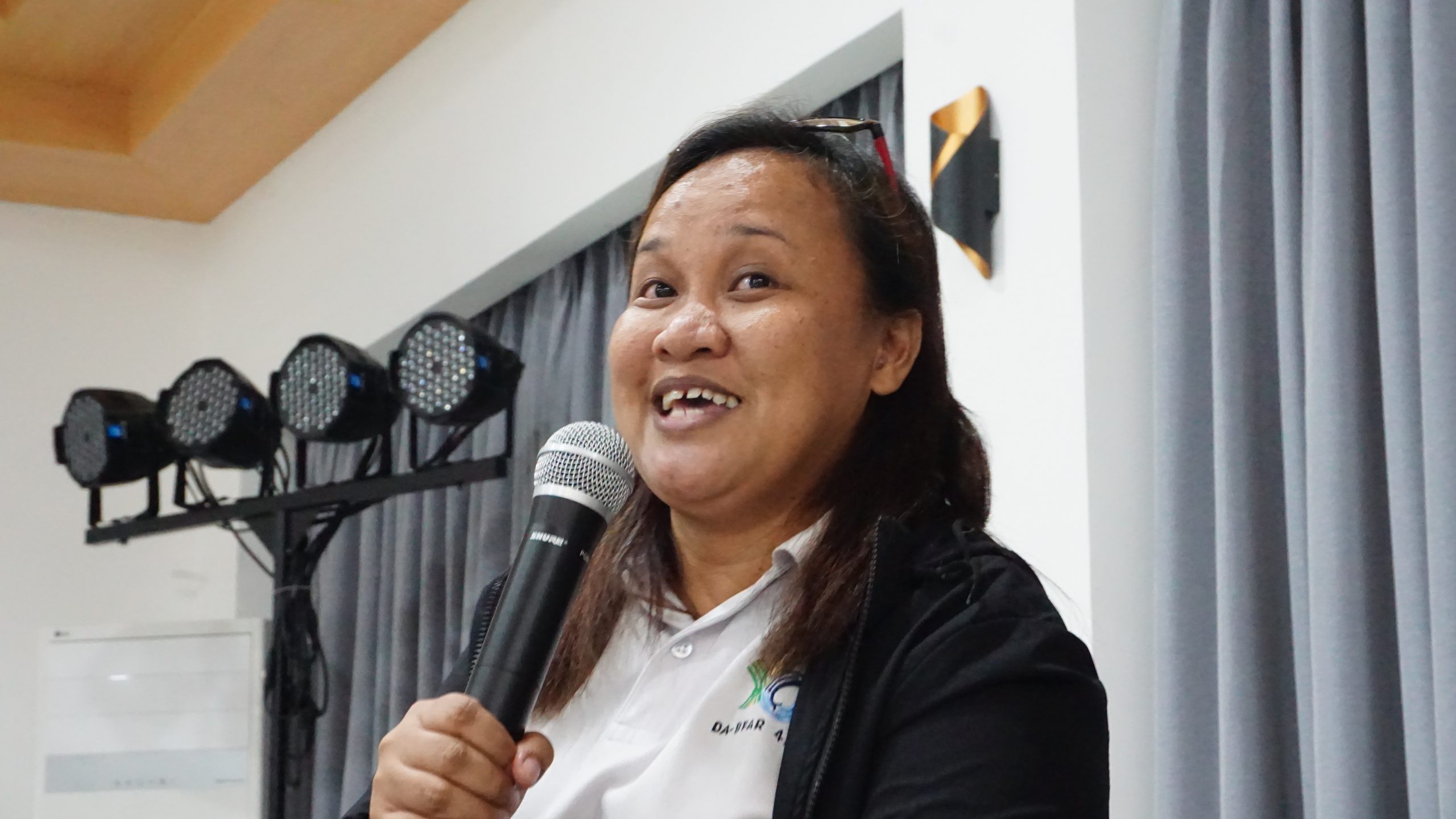
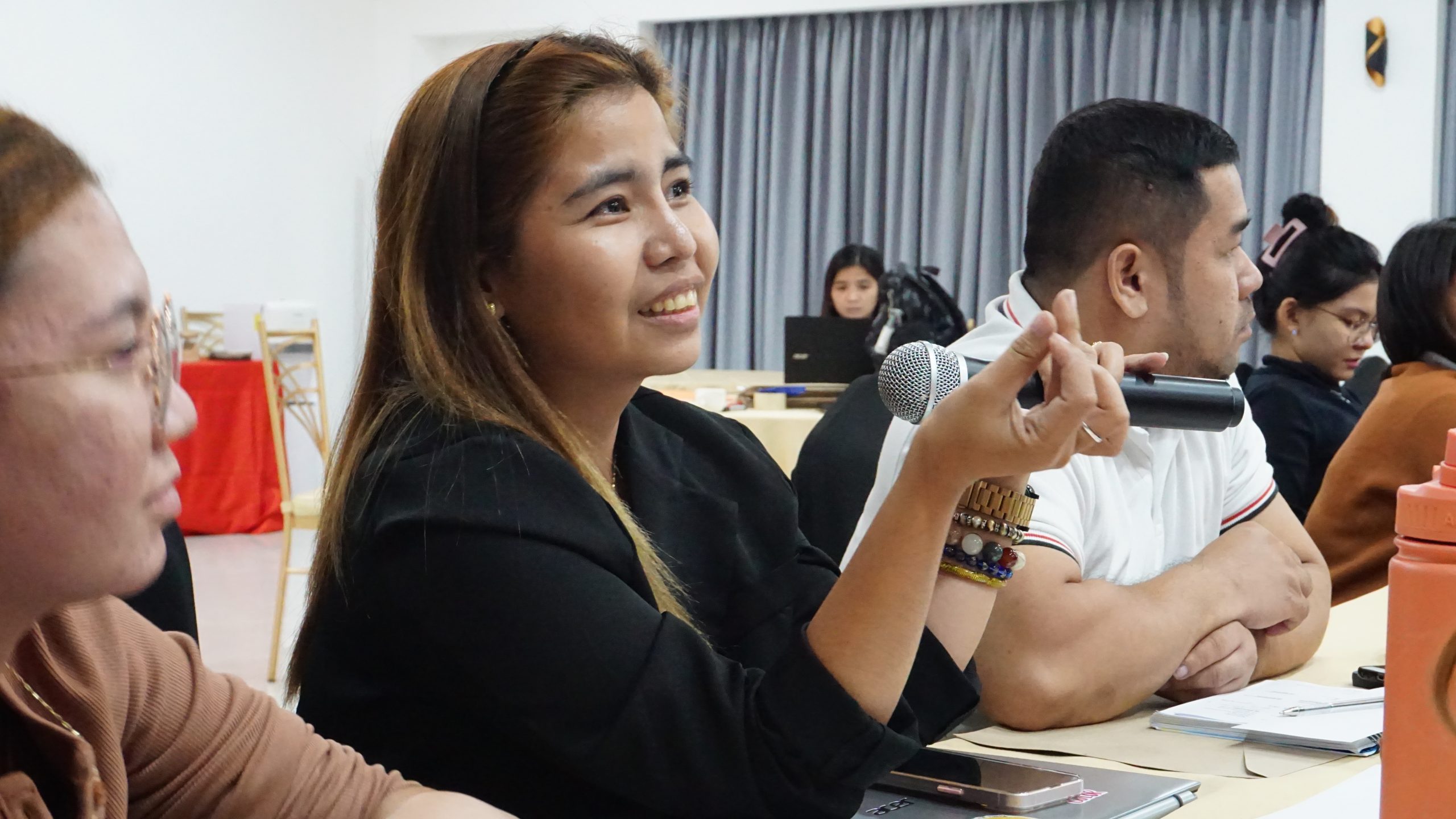
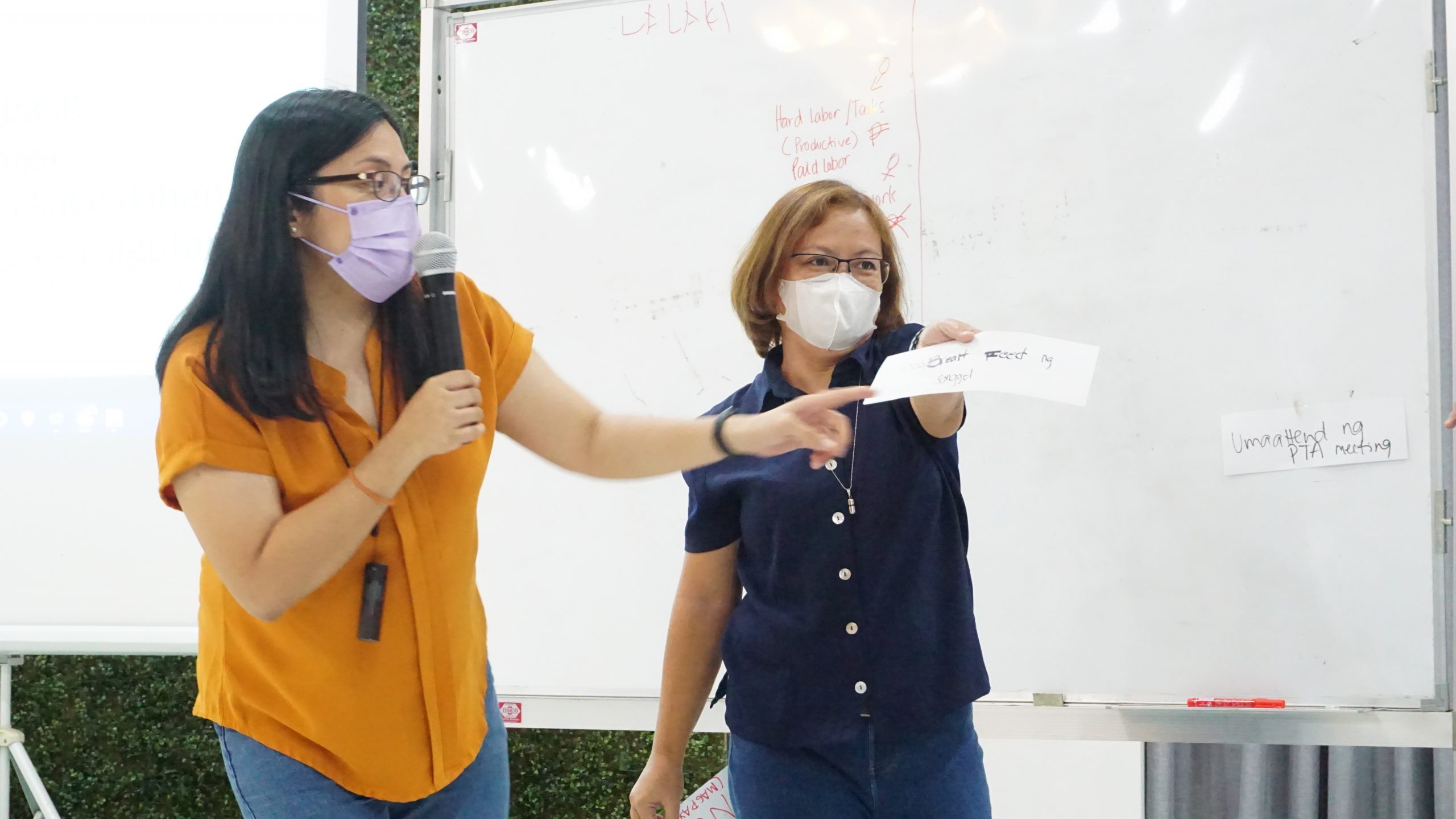
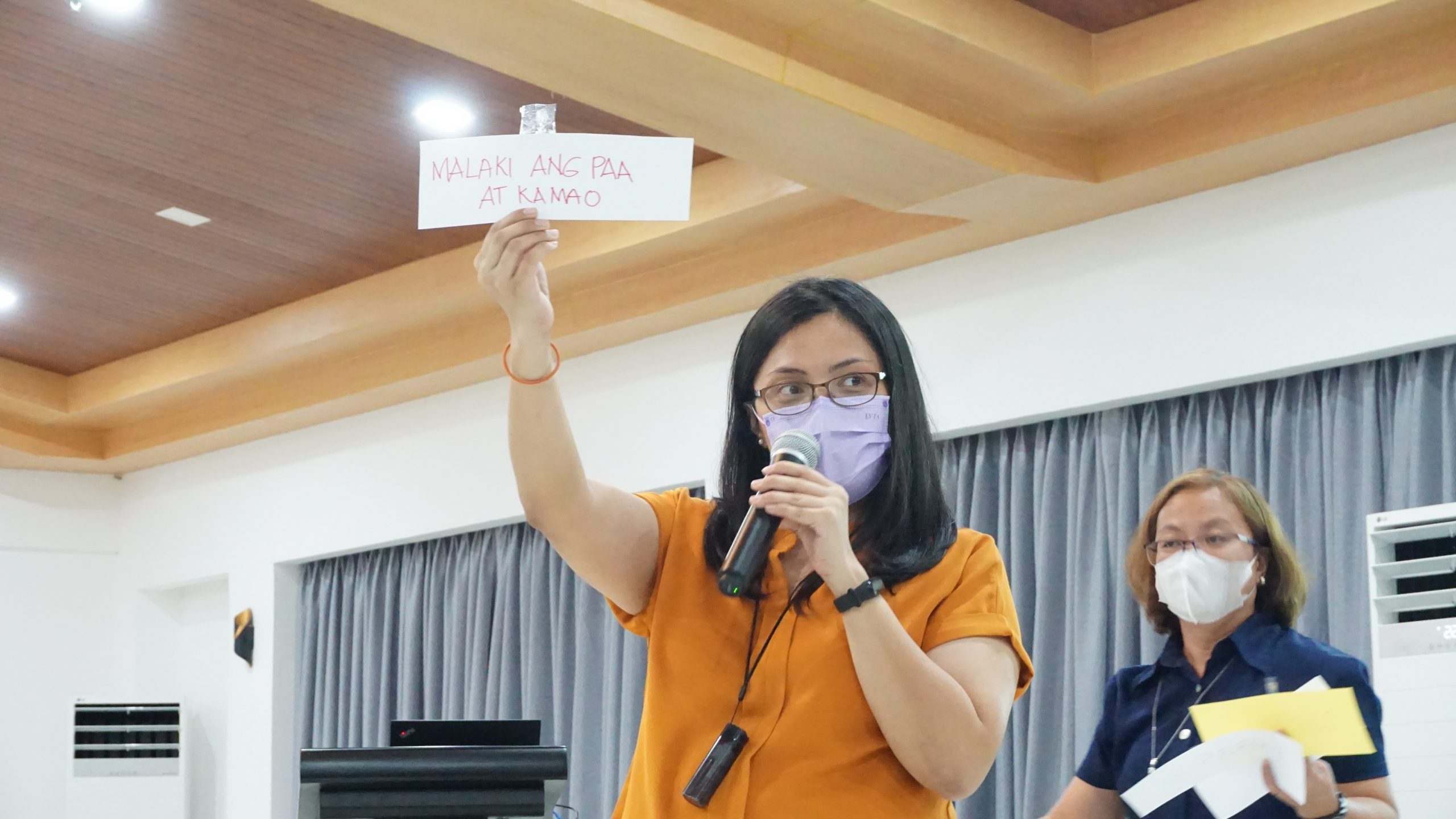
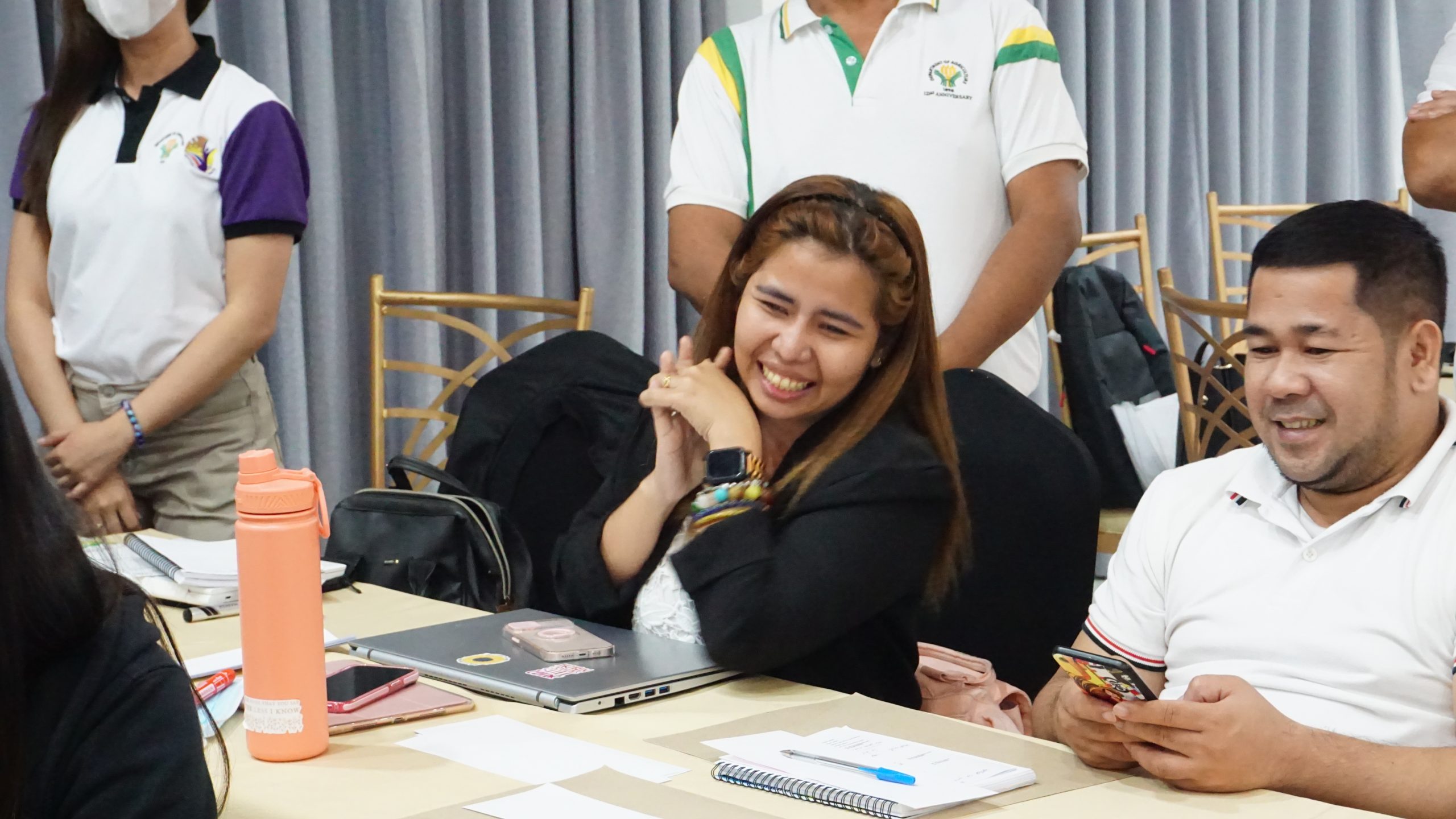
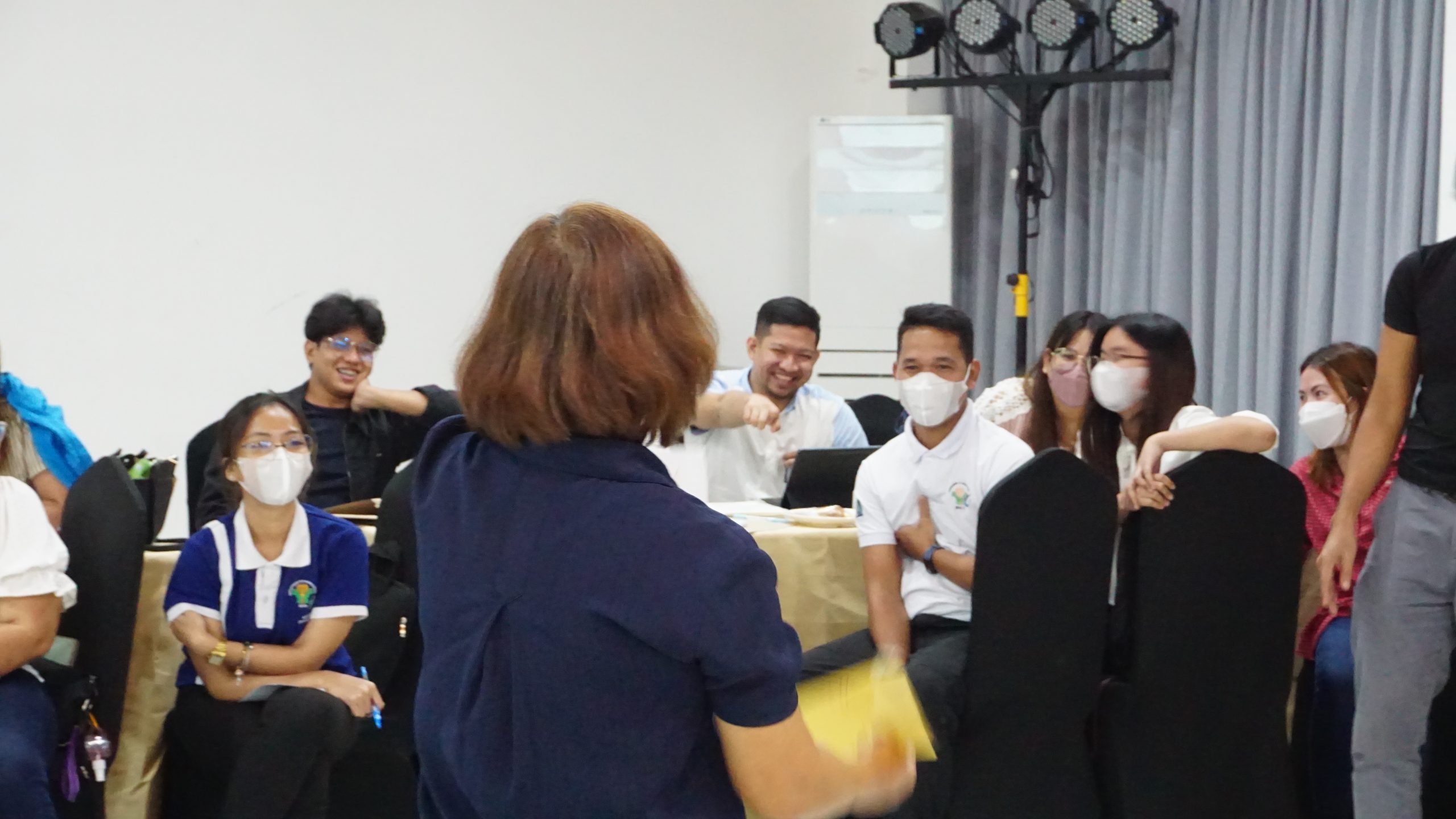

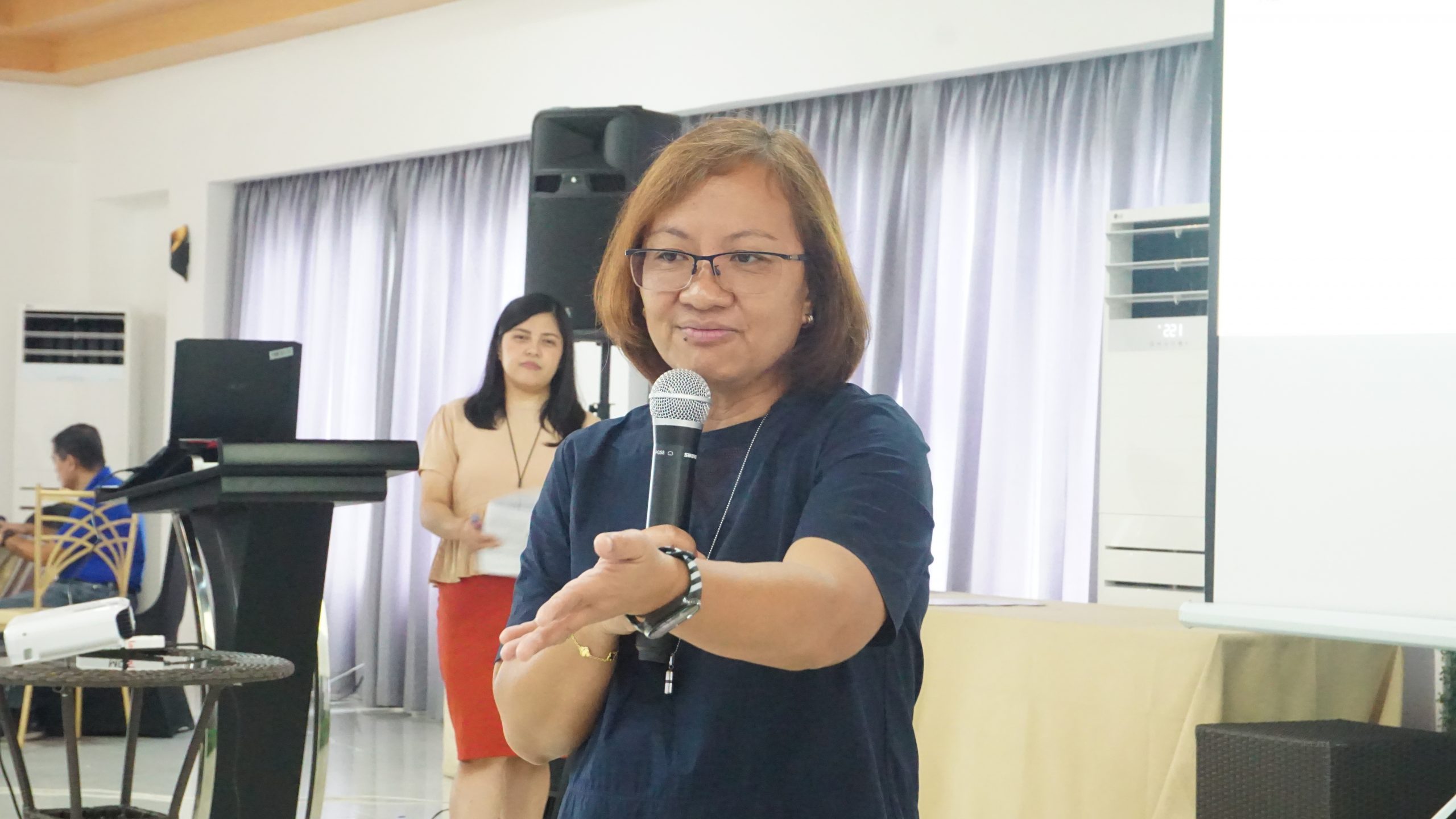
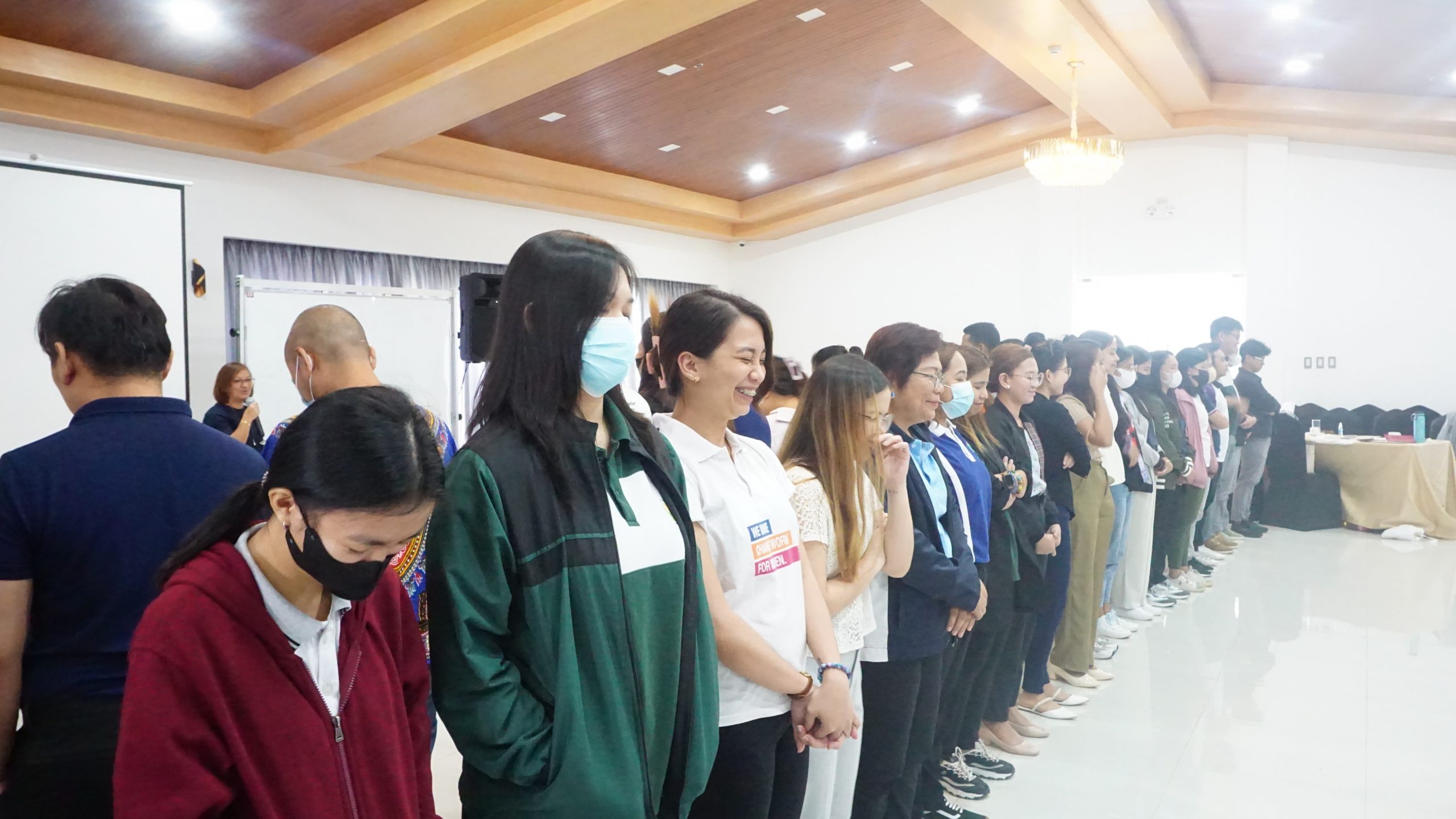
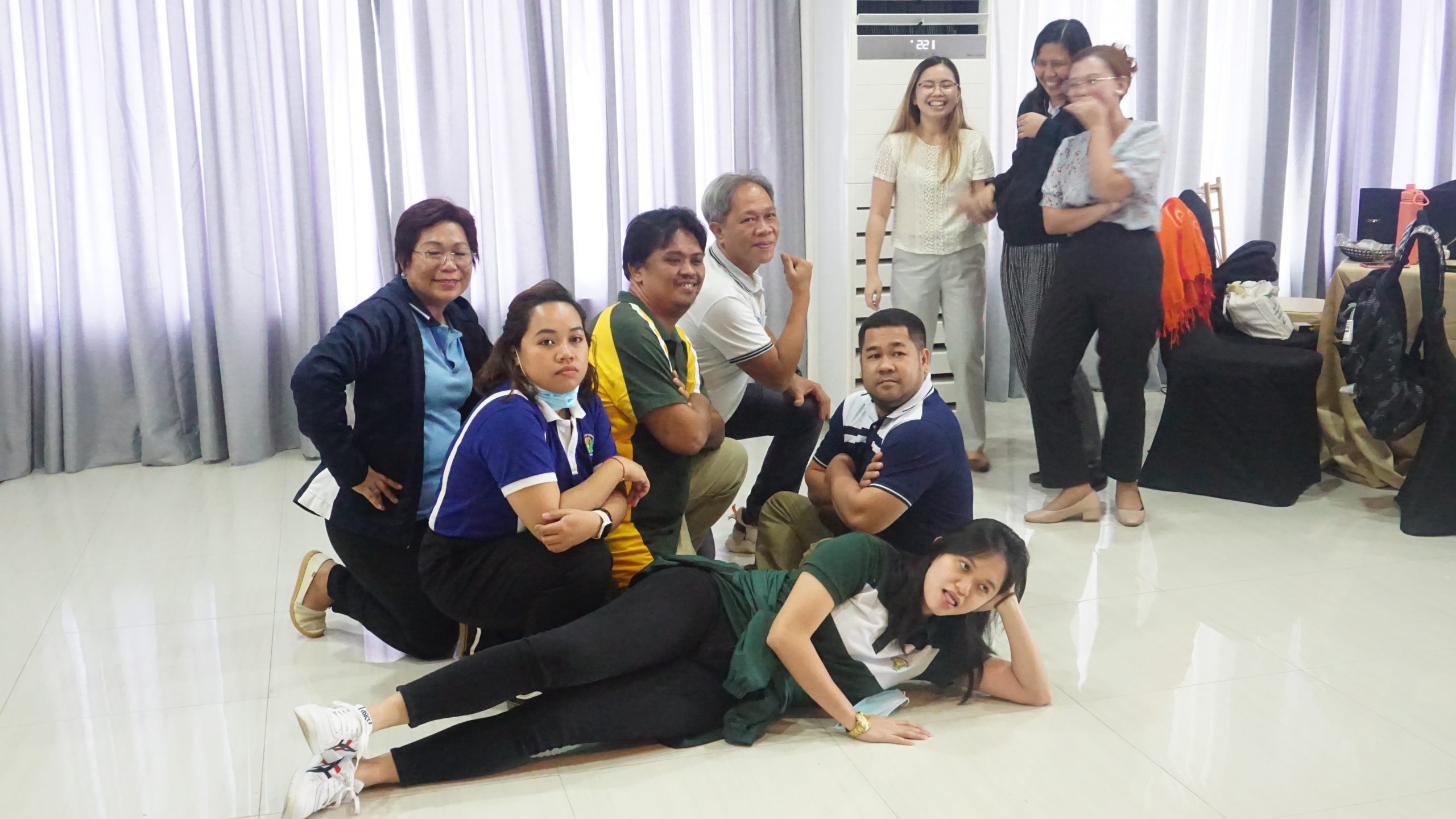
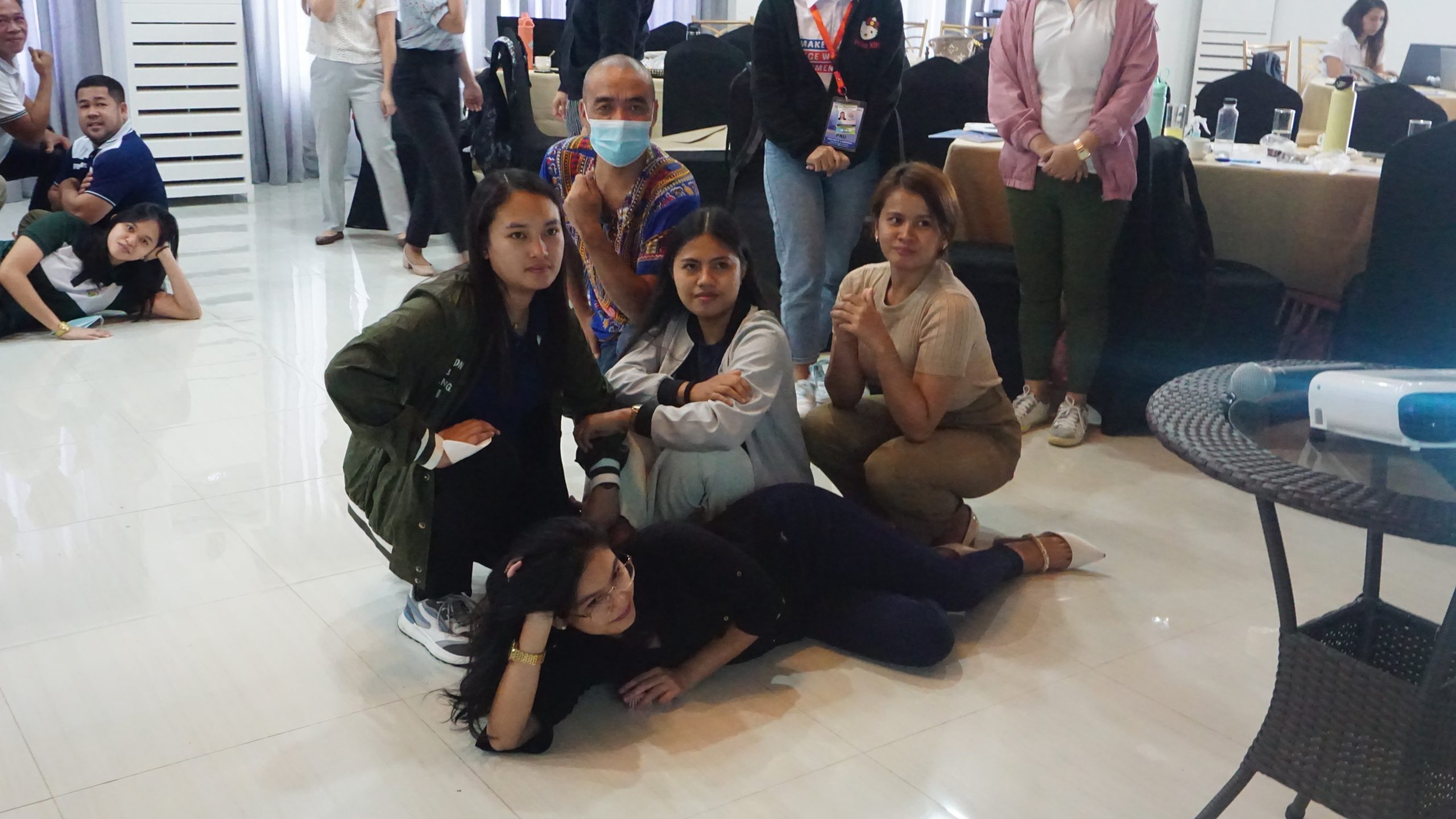

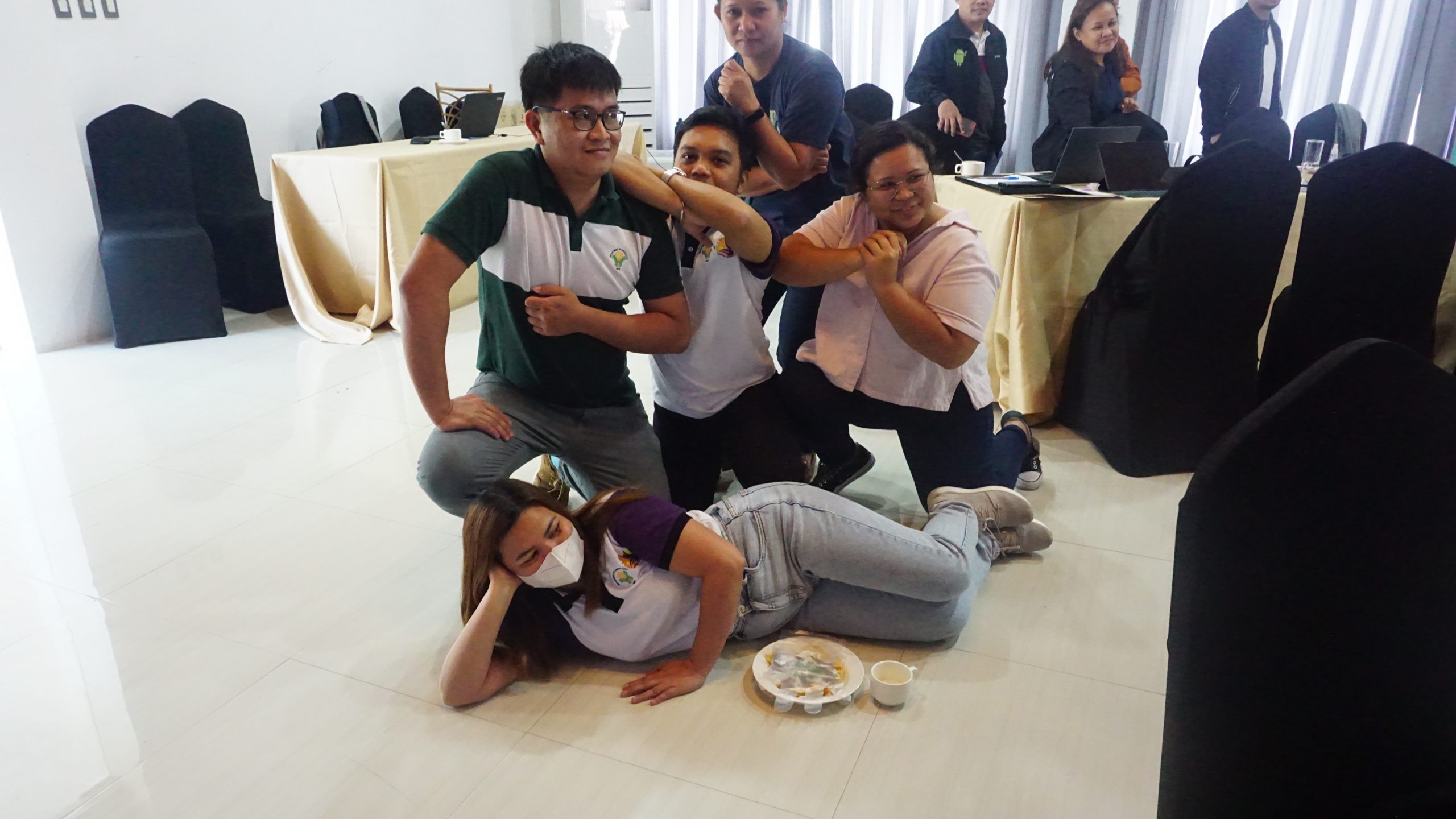



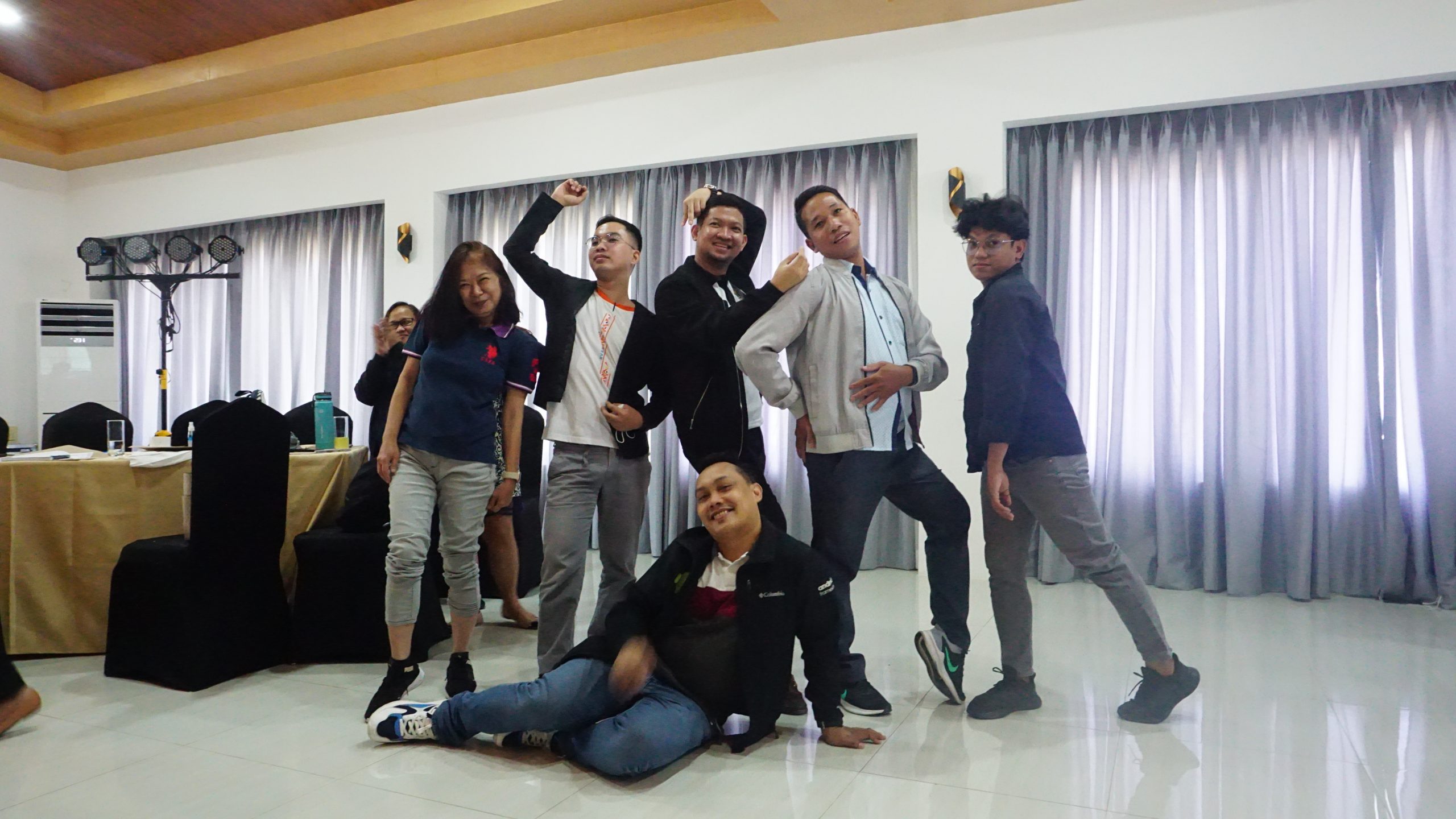
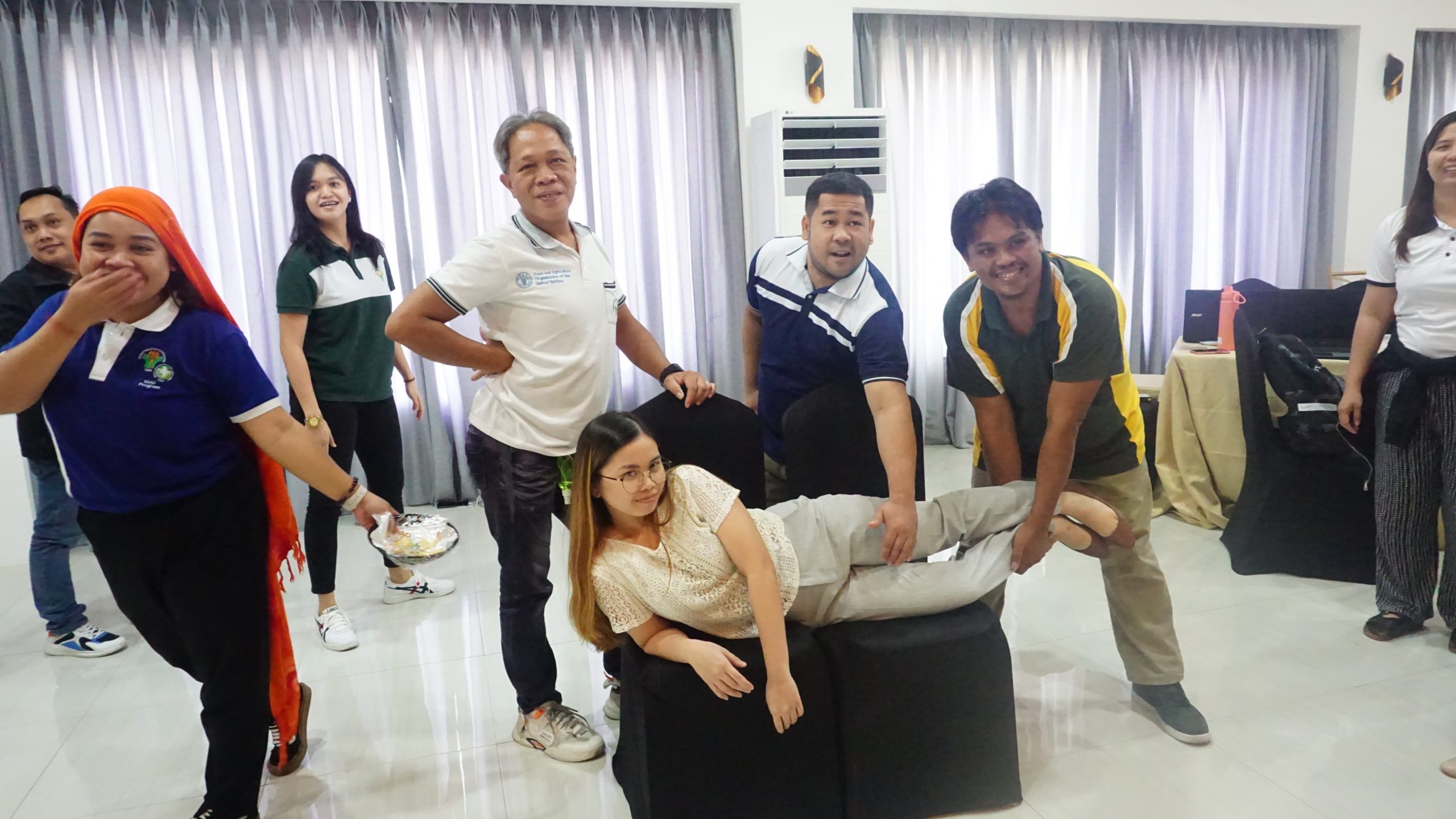
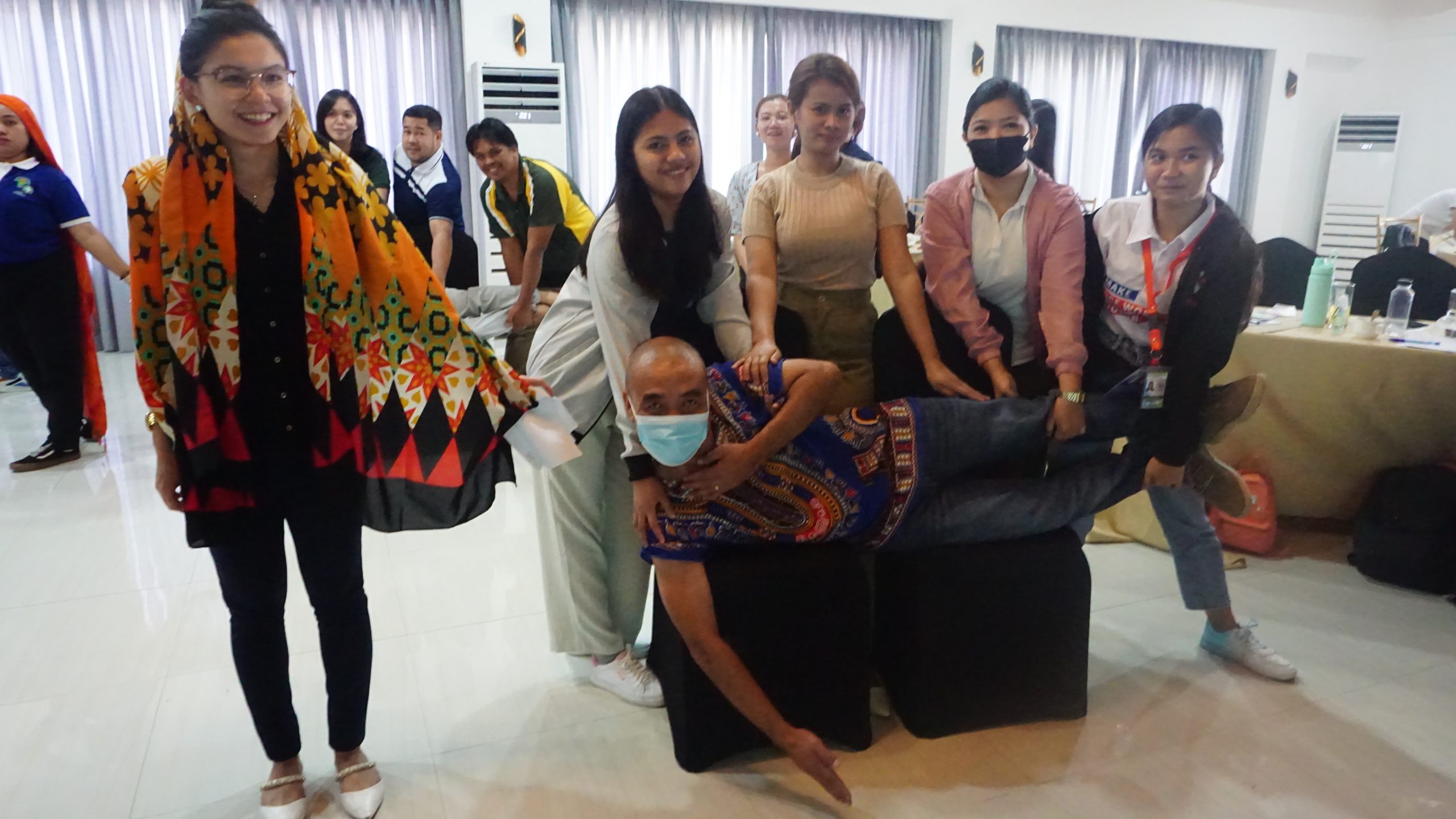
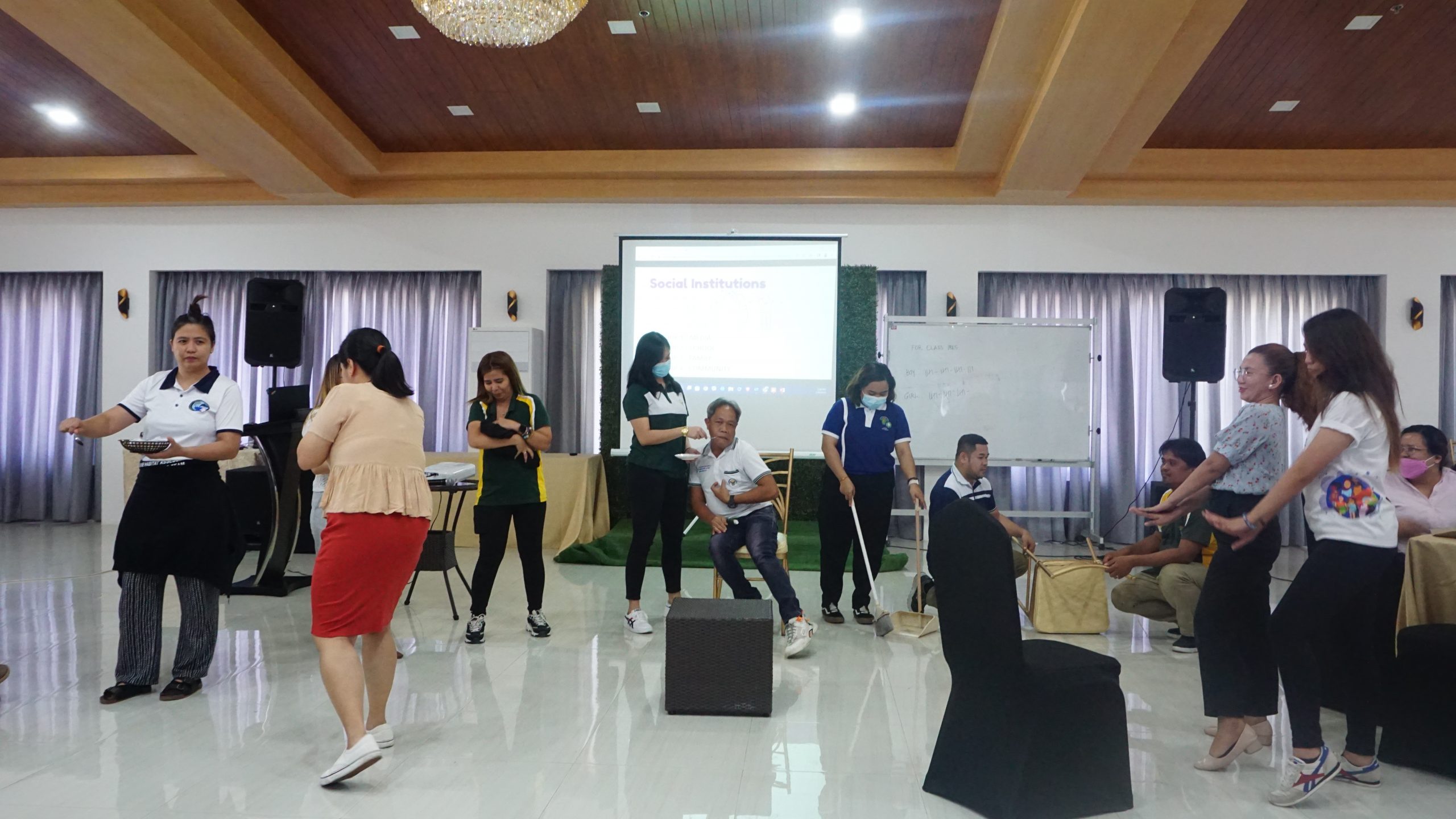
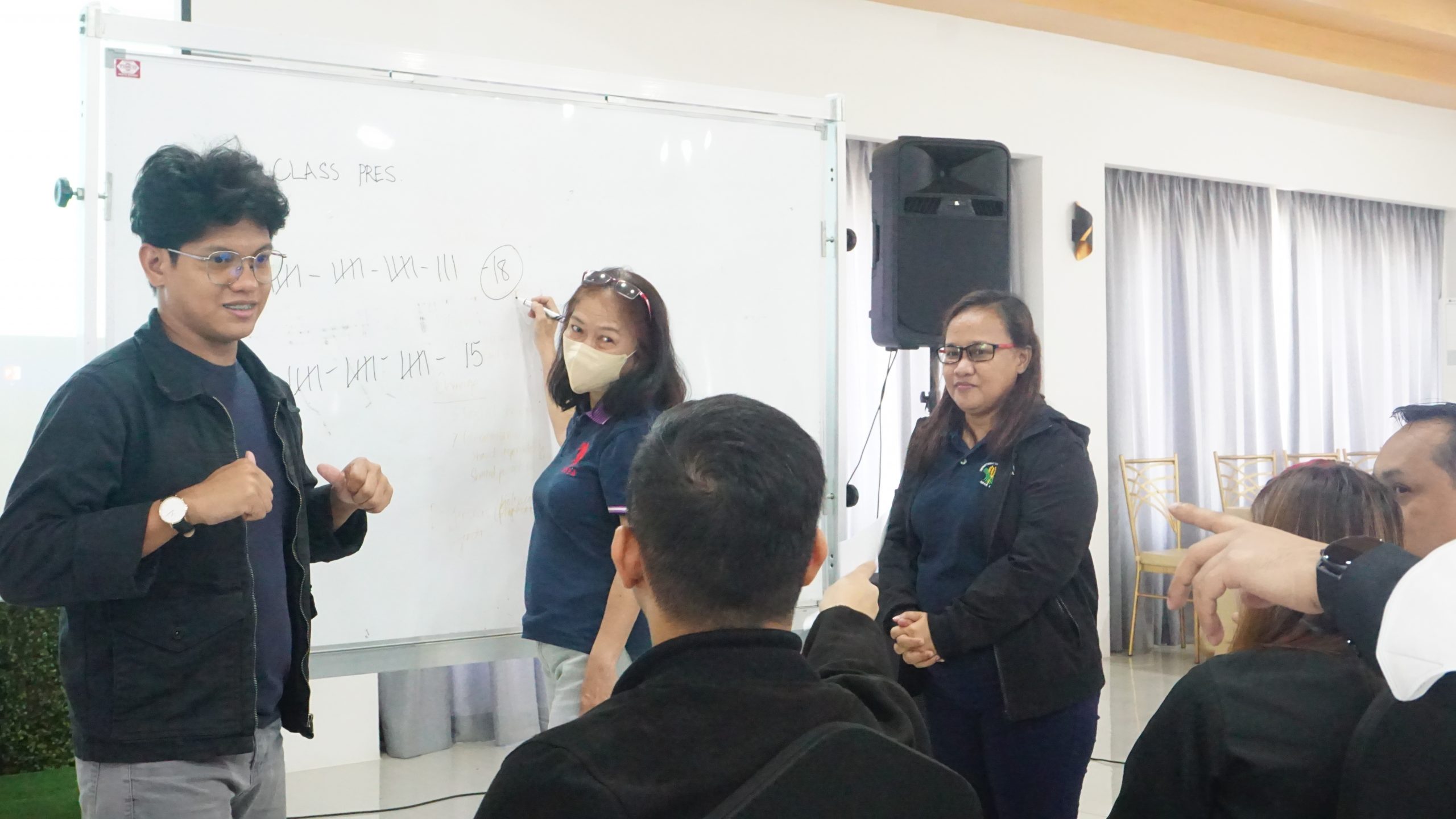
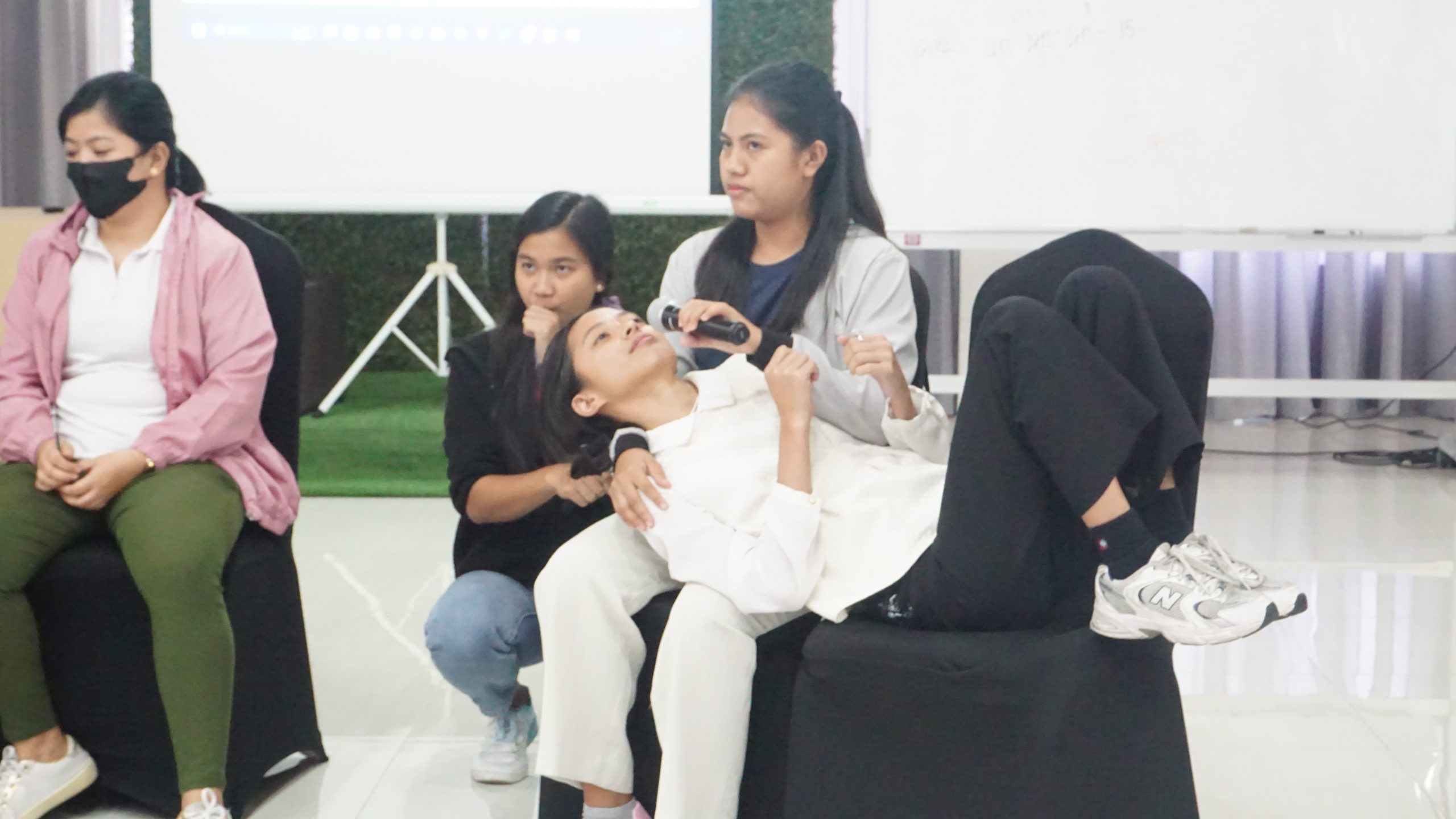
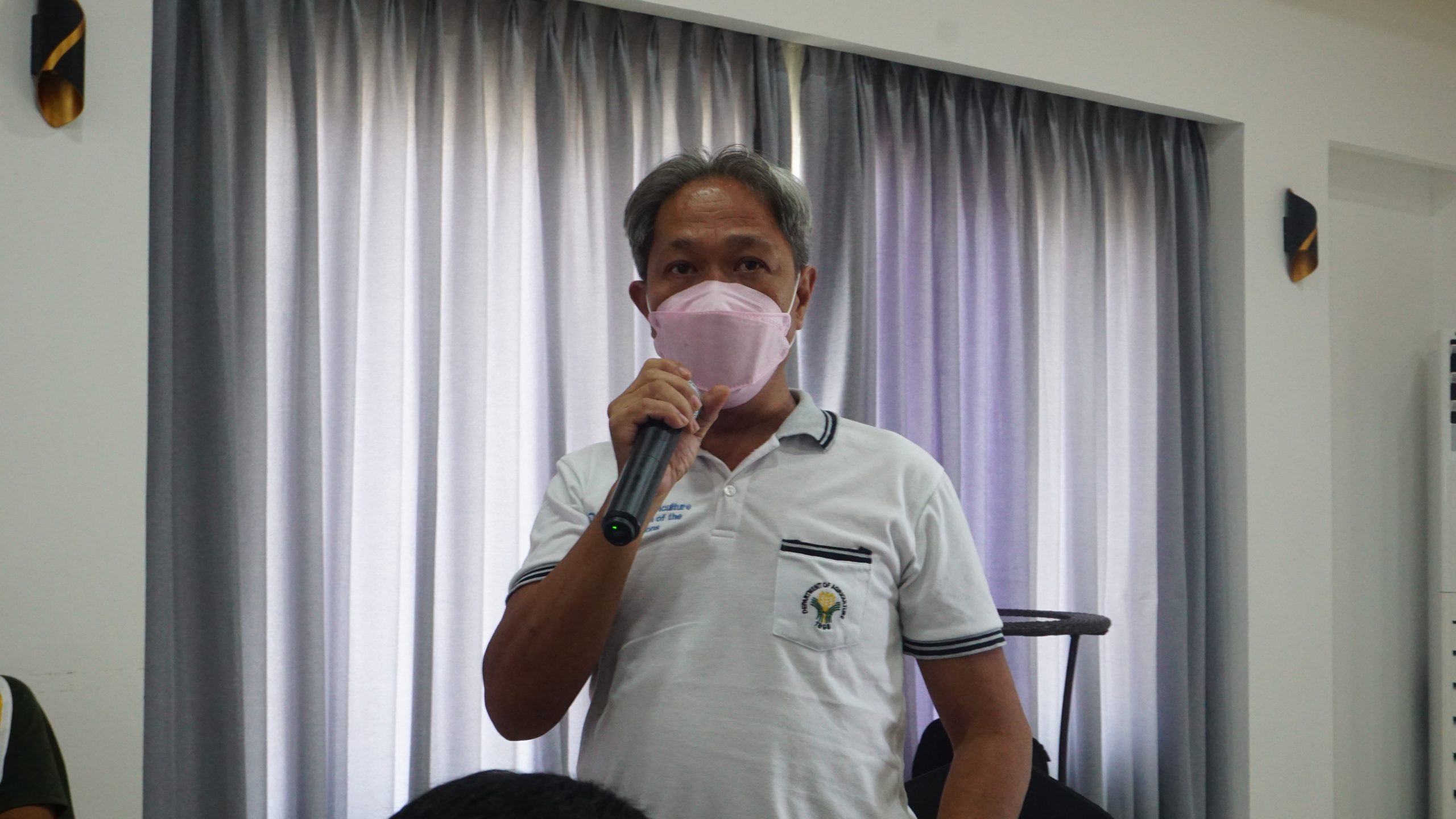
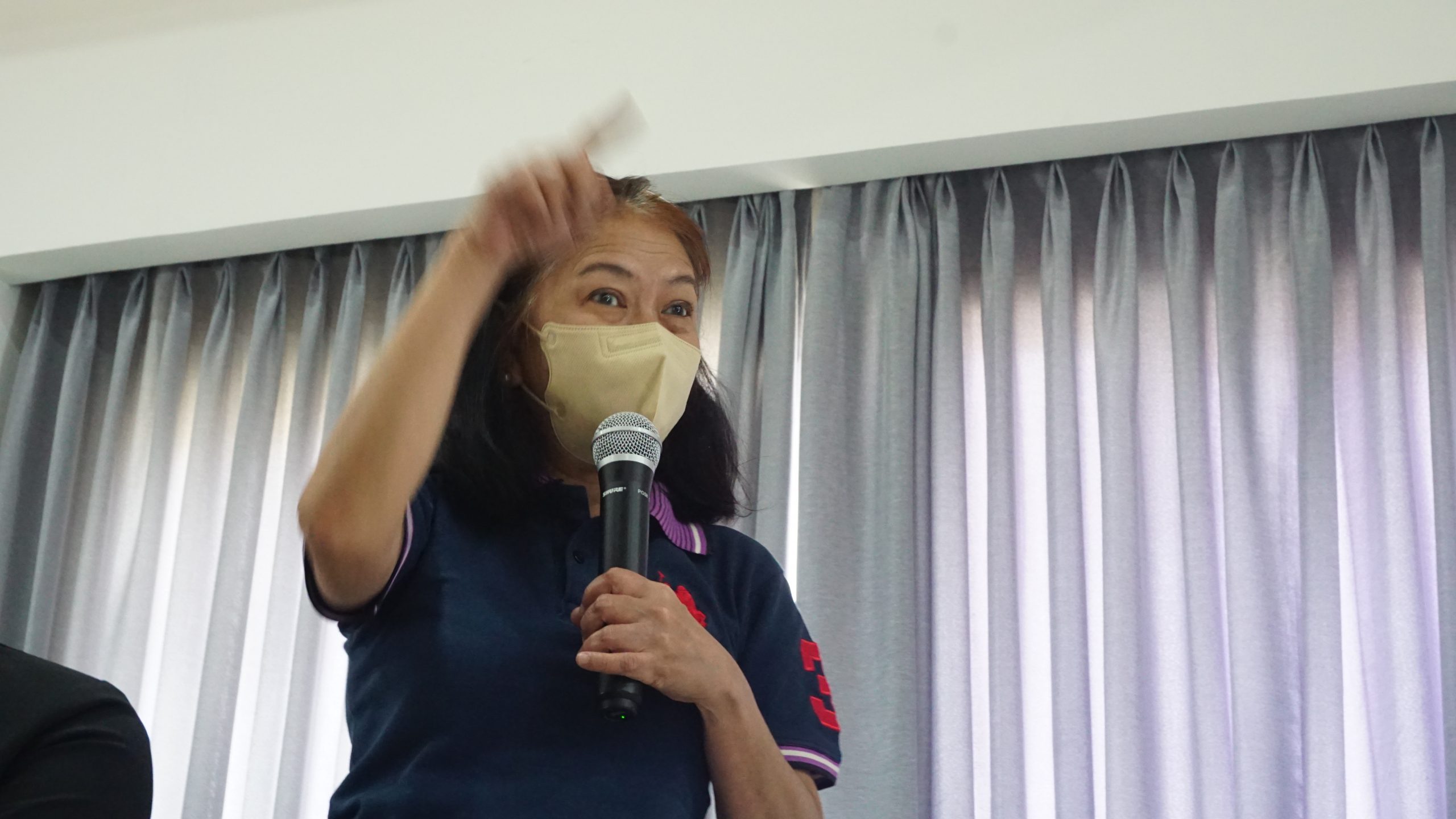
Comments (0)